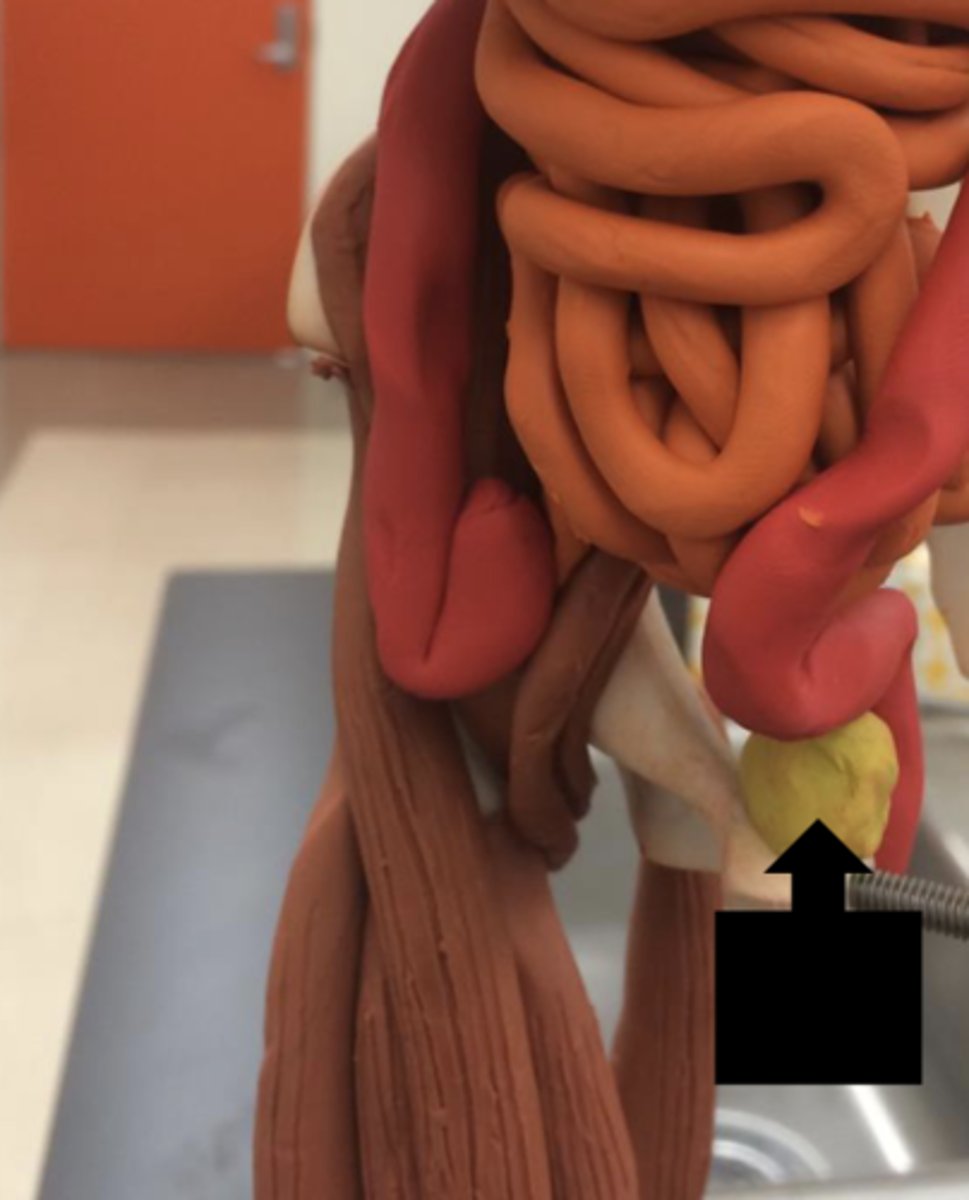Muscle Man & Brain Functions
1/64
There's no tags or description
Looks like no tags are added yet.
Name | Mastery | Learn | Test | Matching | Spaced |
|---|
No study sessions yet.
65 Terms
temporalis
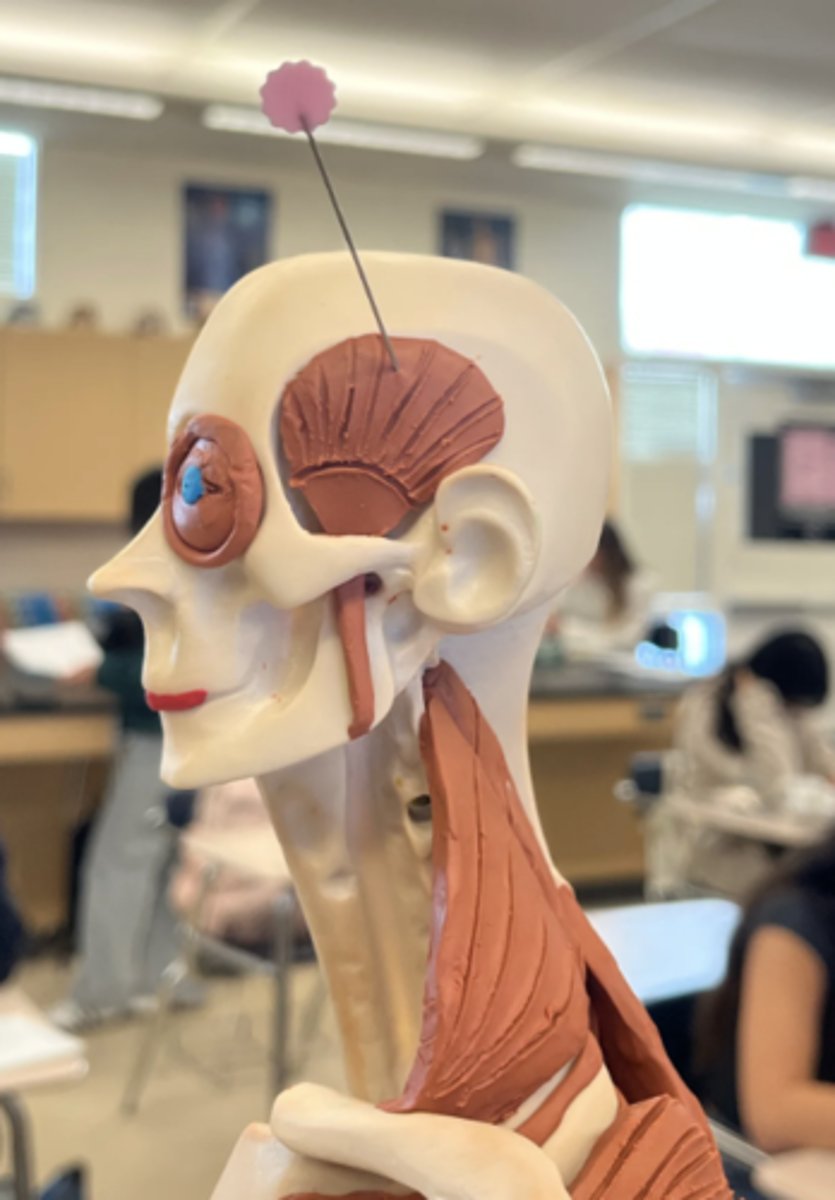
orbicularis oculi
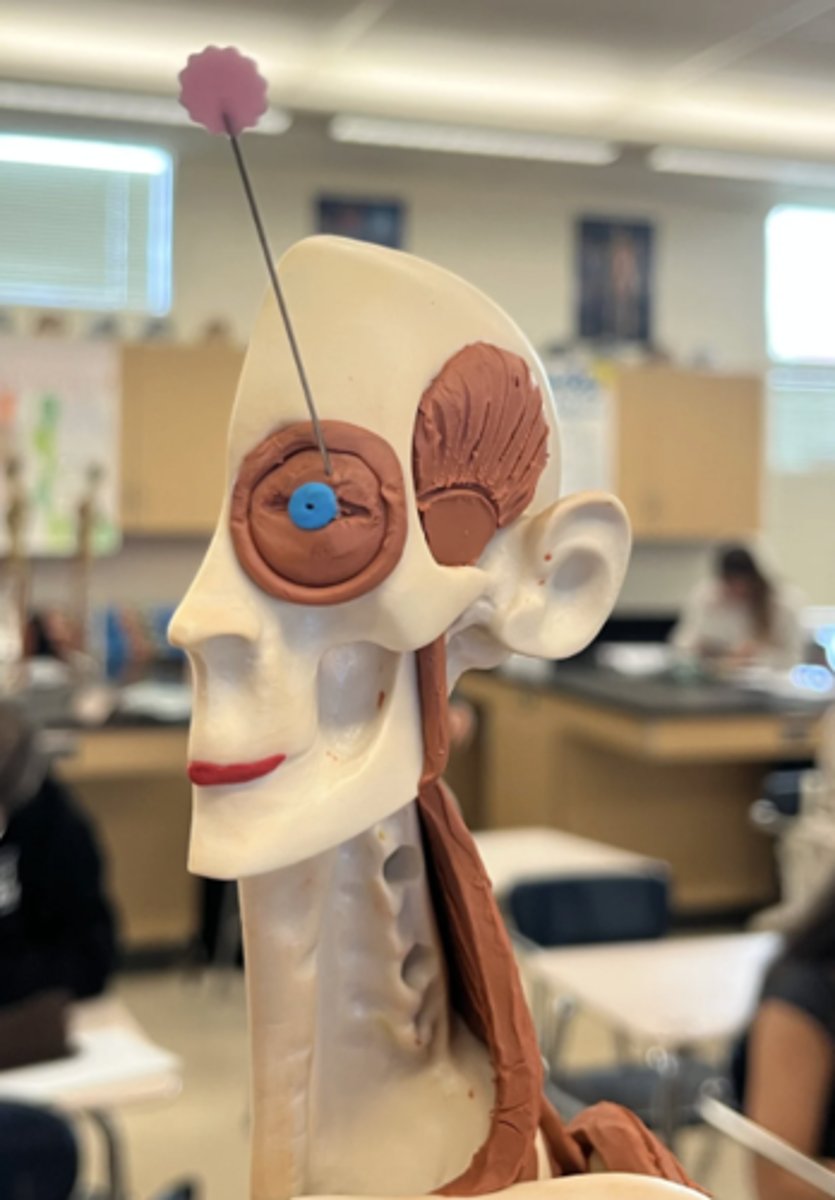
multifidus
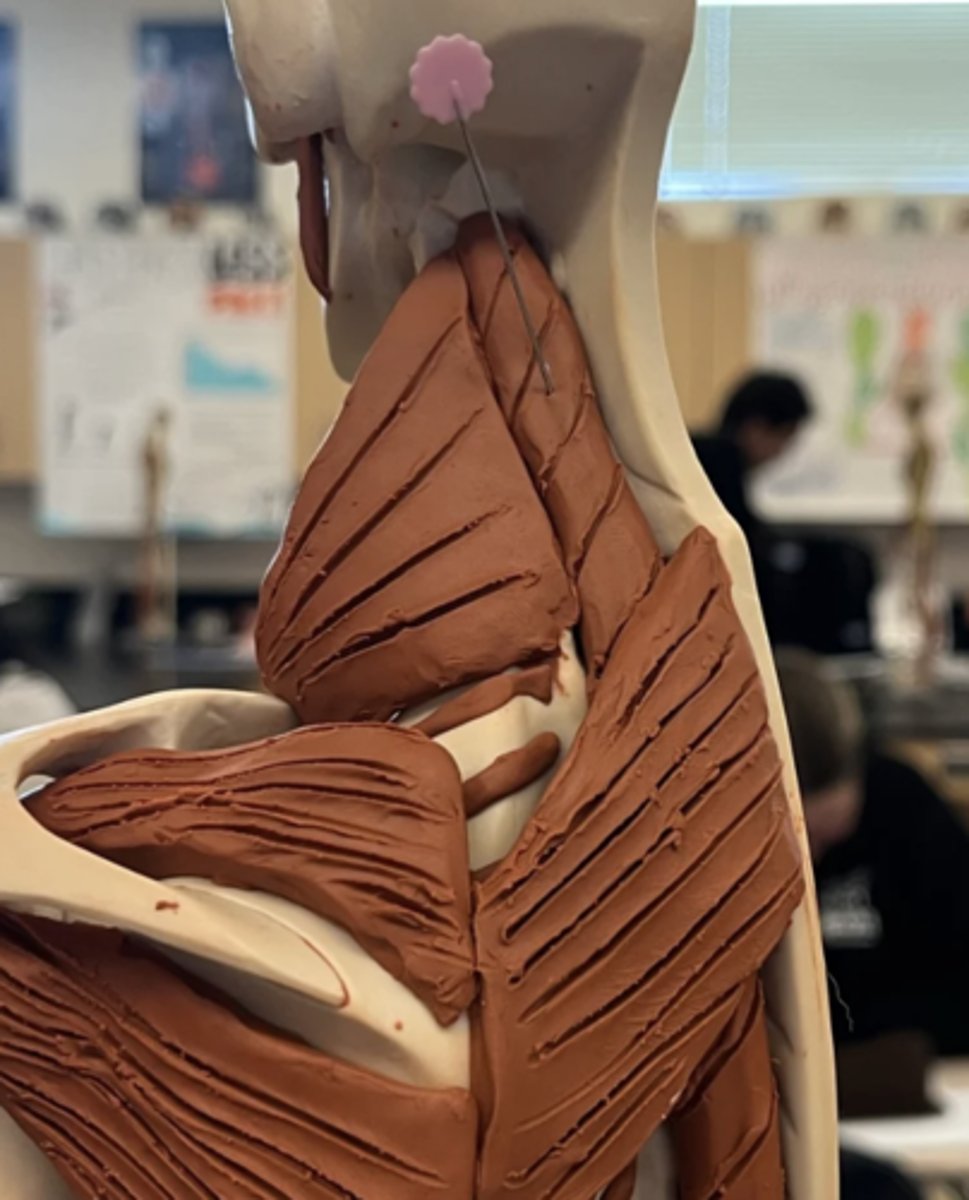
intercostales externi
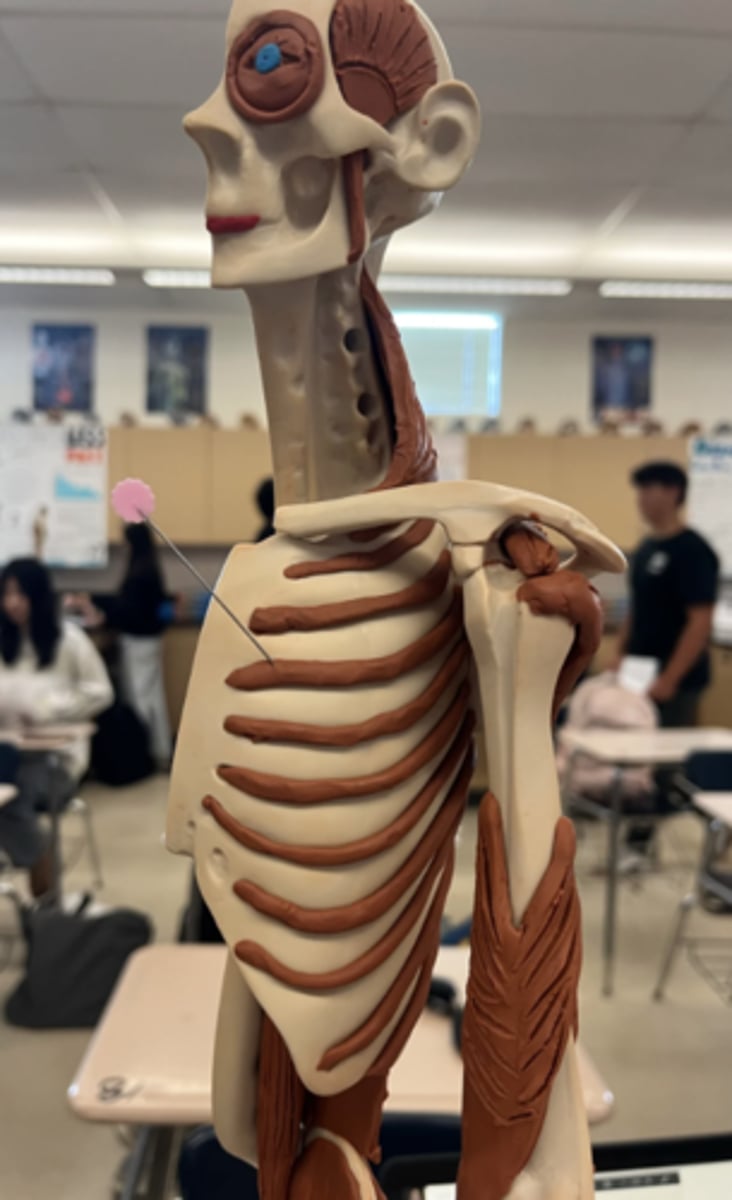
scalenus medius
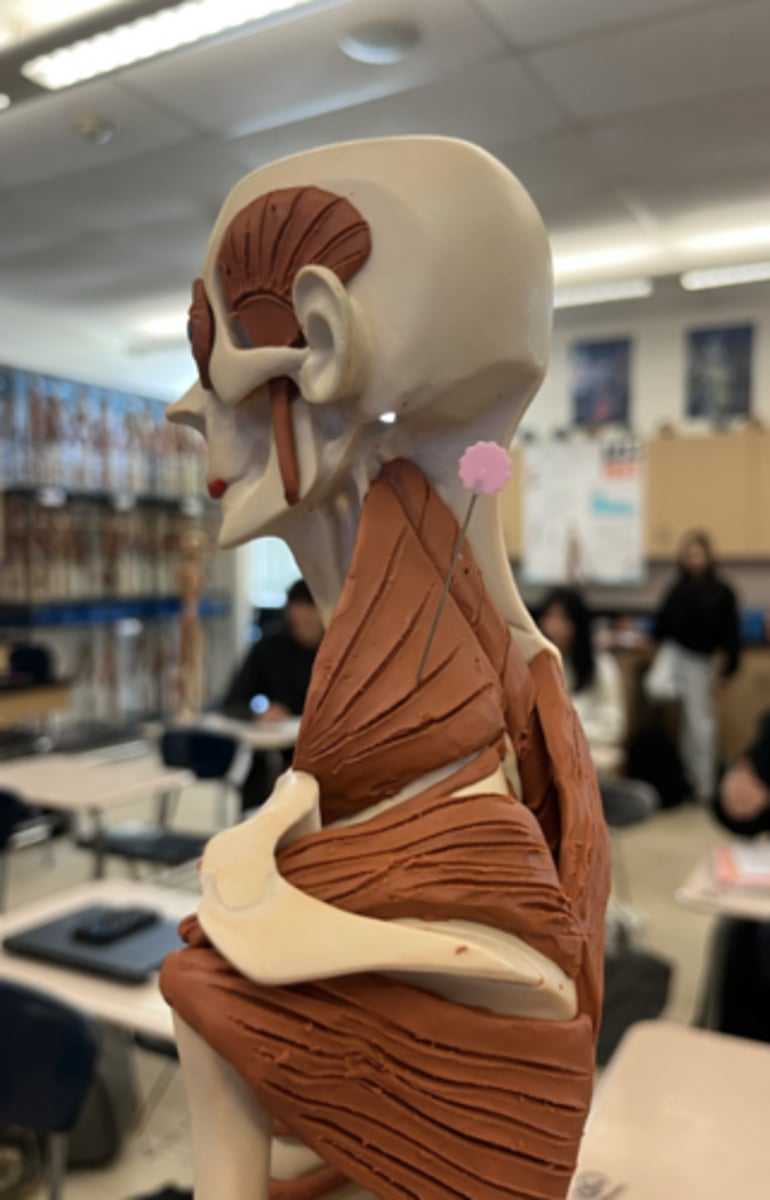
gluteus minimus
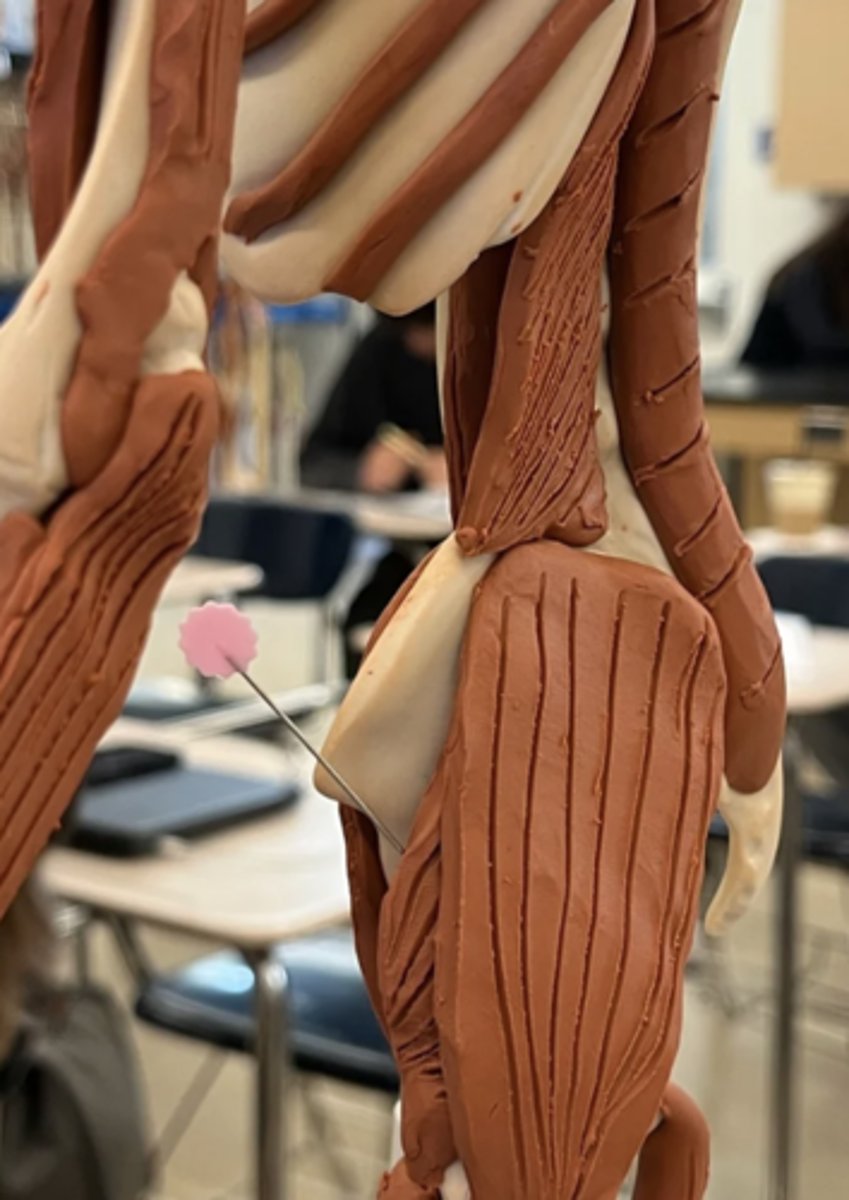
biceps femoris
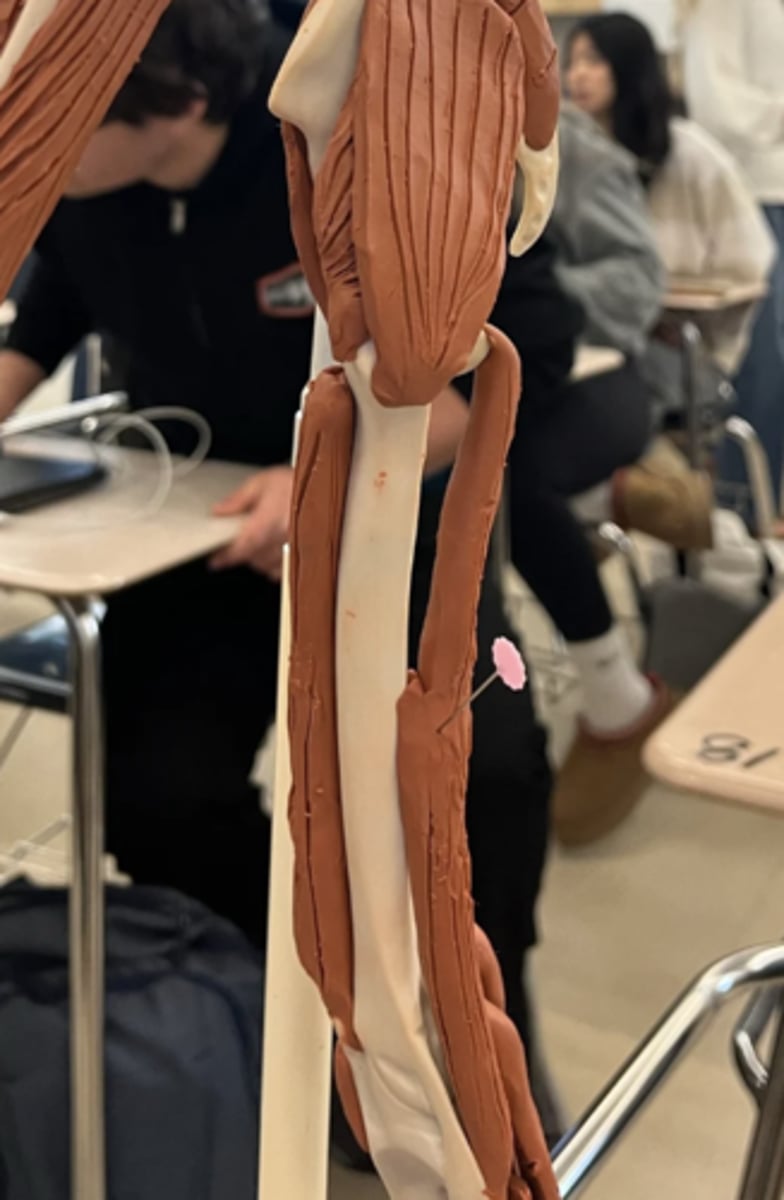
infraspinatus
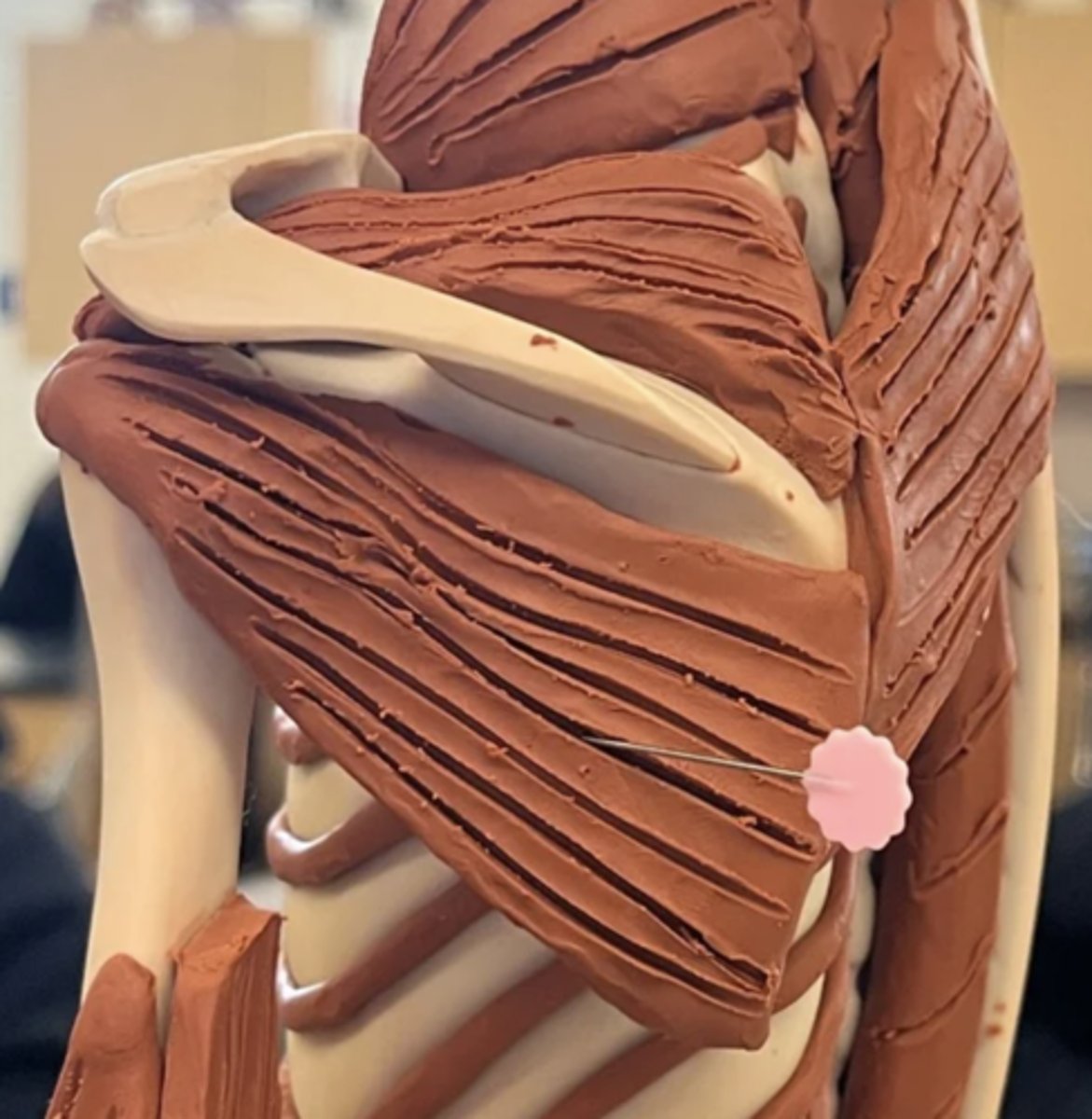
extensor hallucis
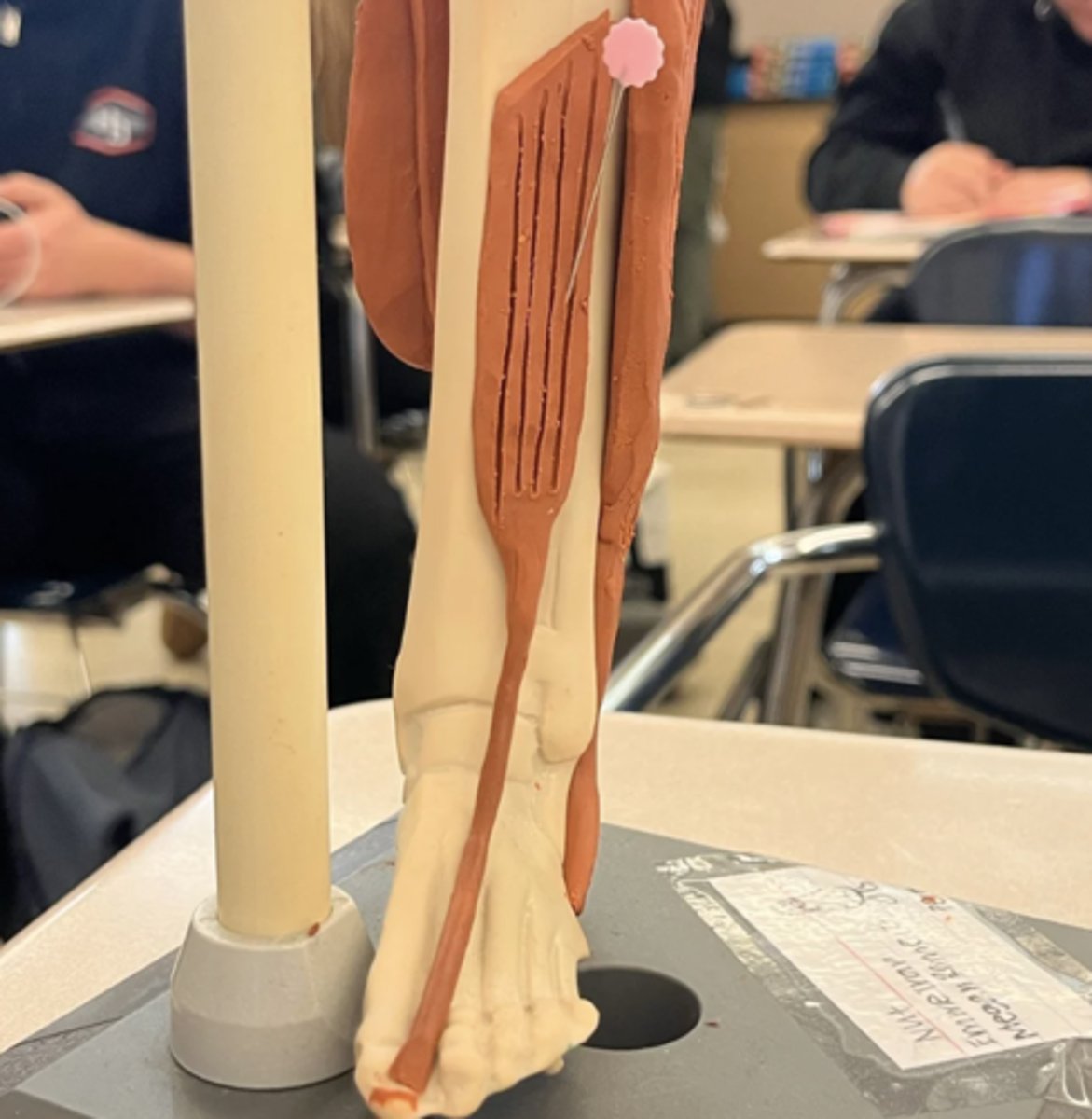
brachialis
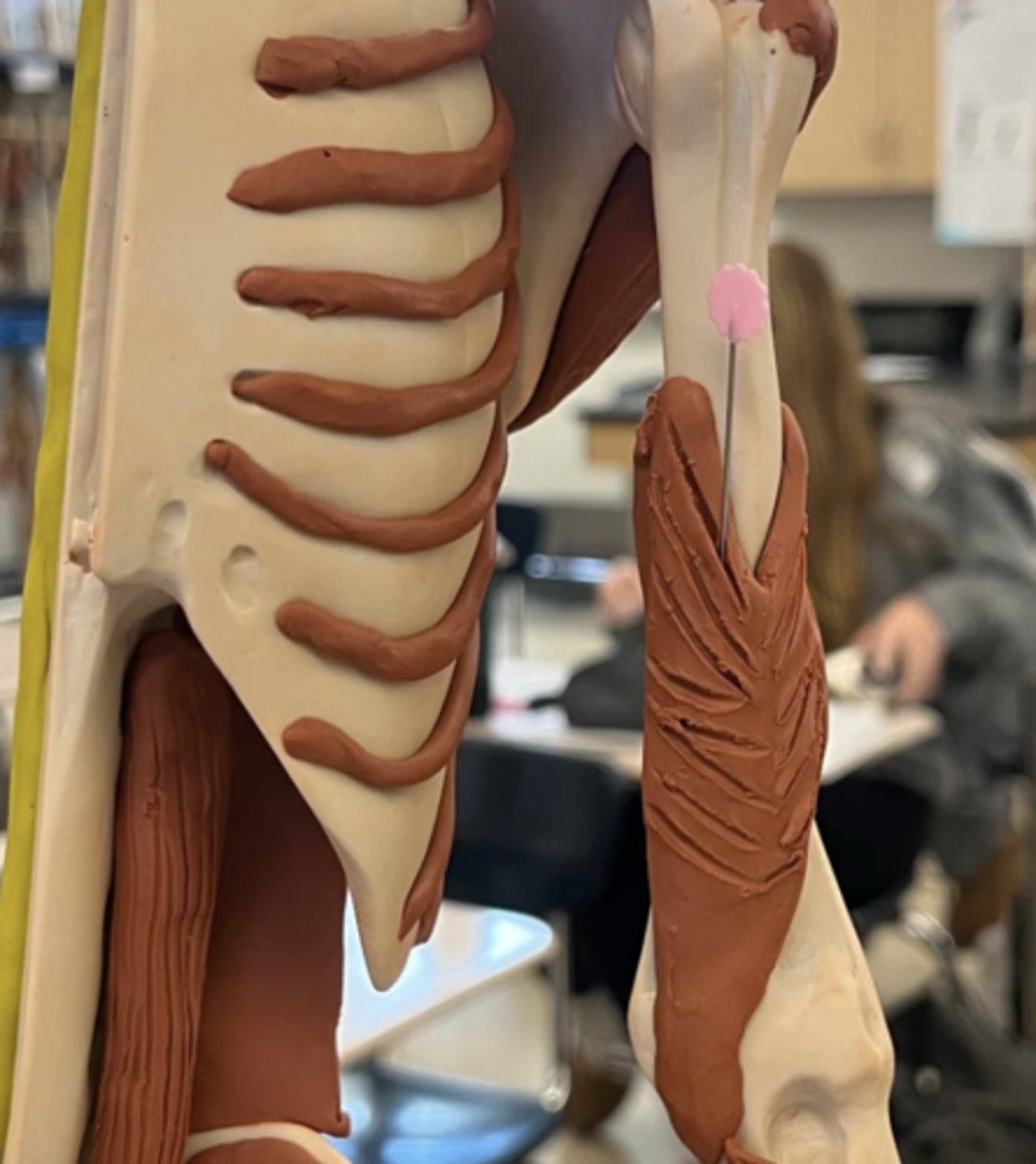
flexor digitorum
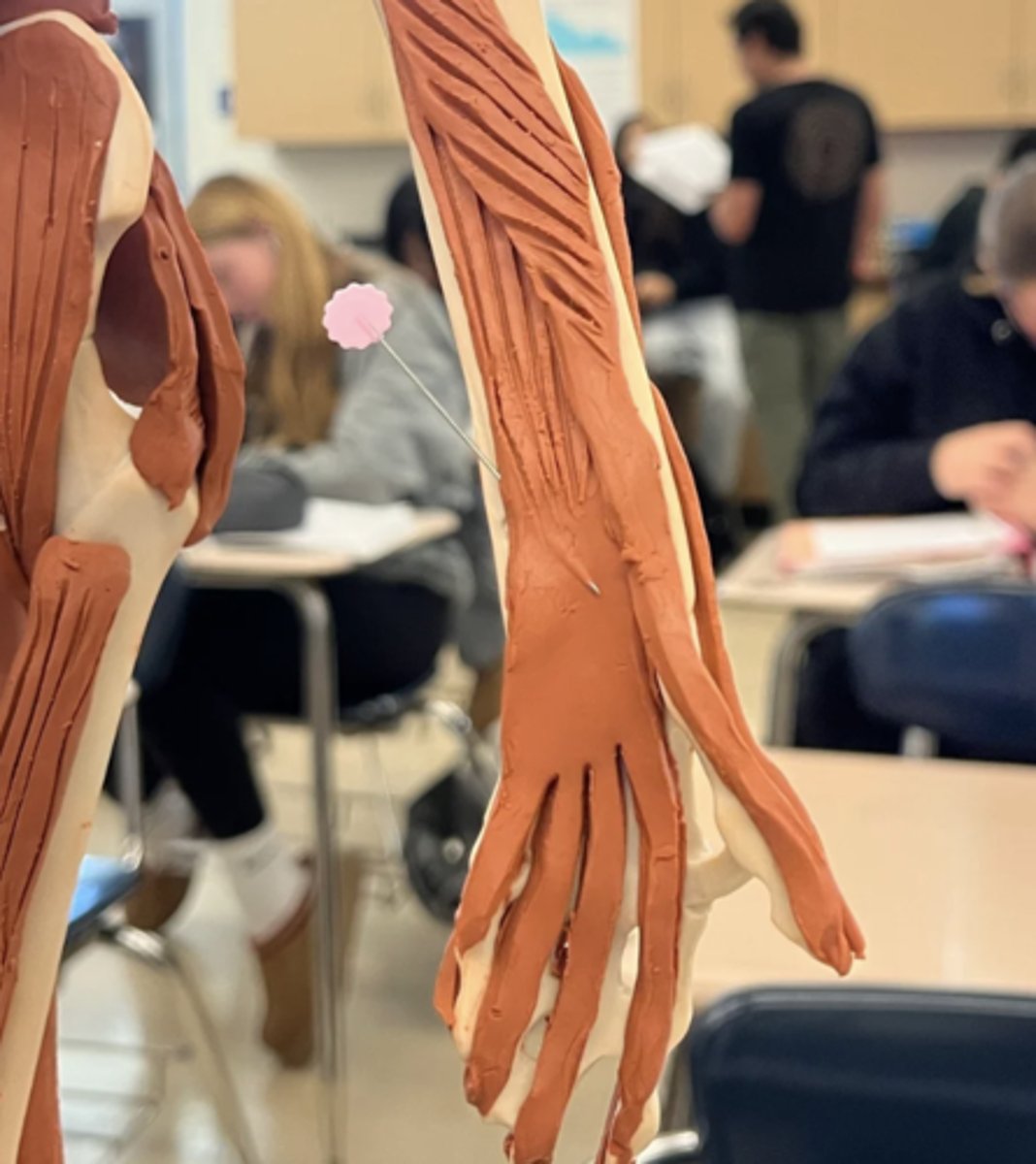
iliacus
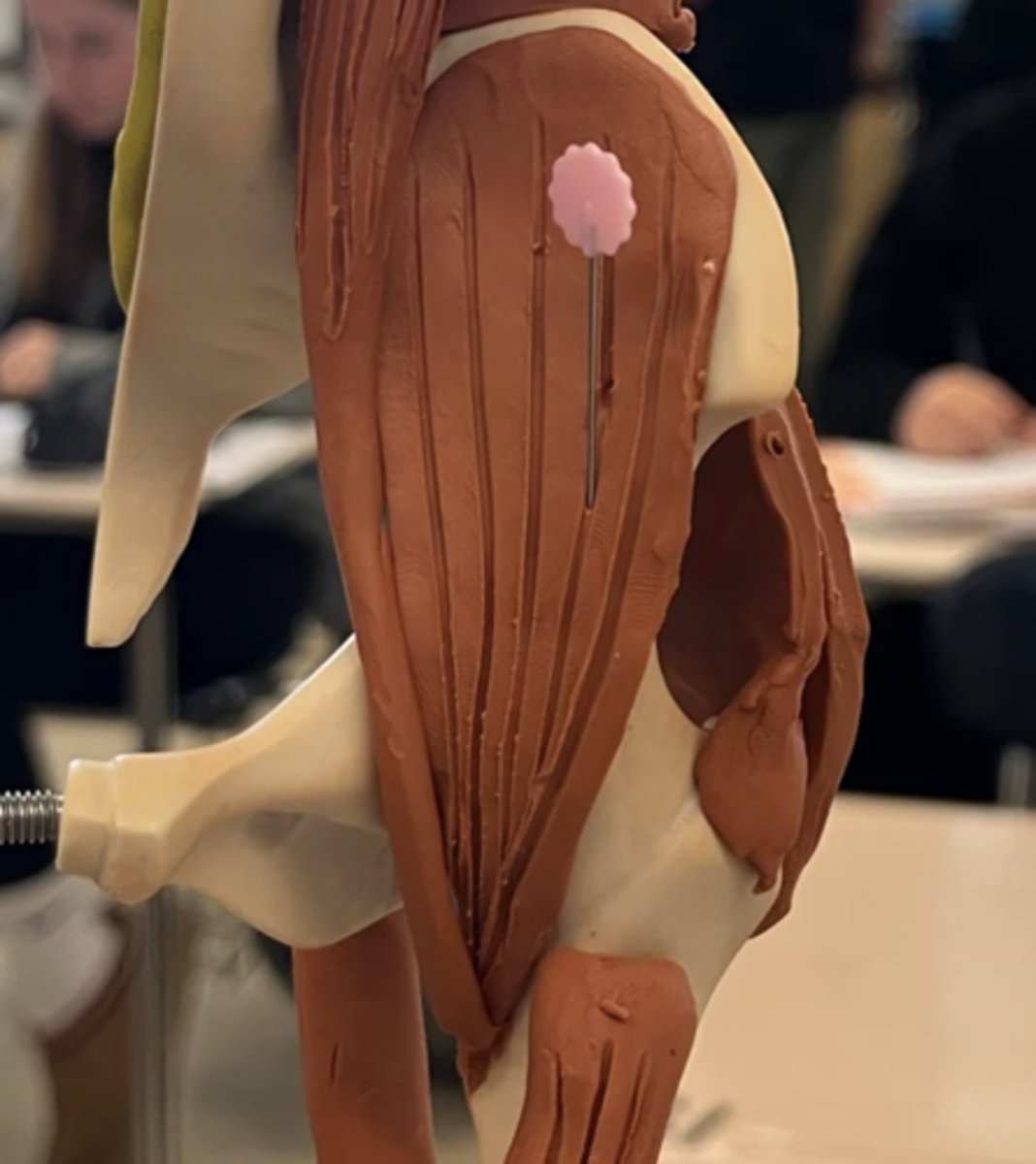
soleus
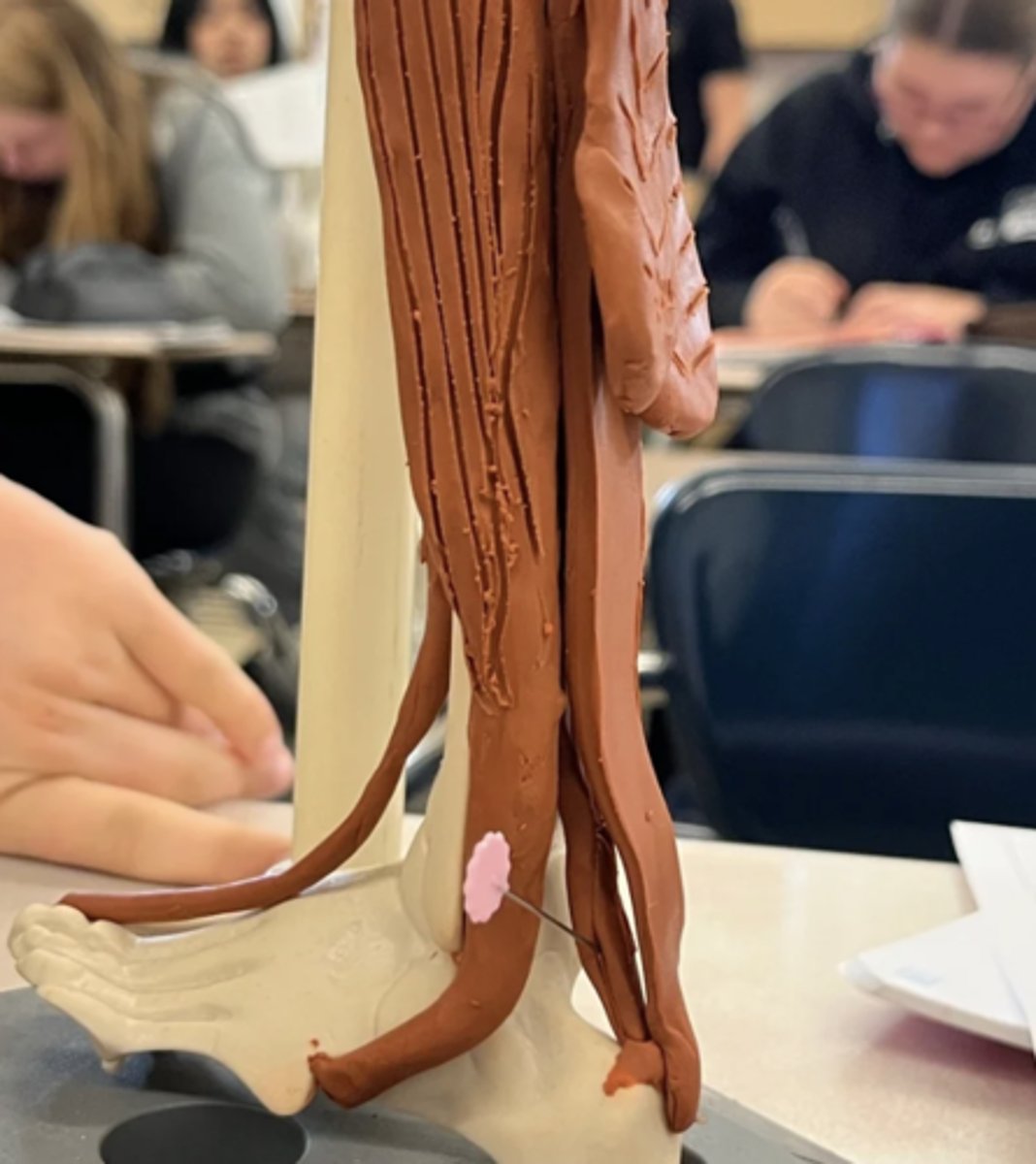
gluteus medius
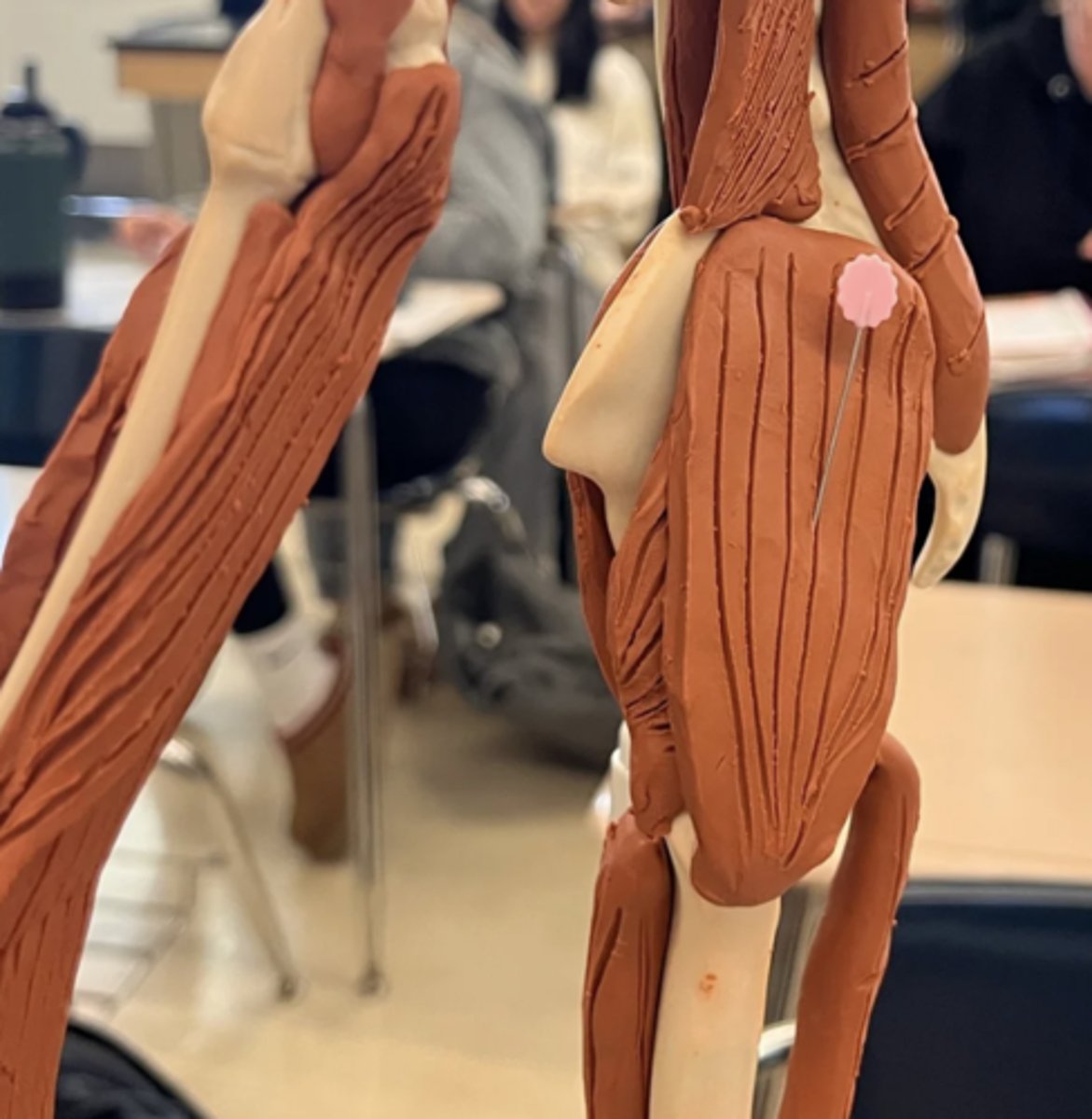
peroneus longus
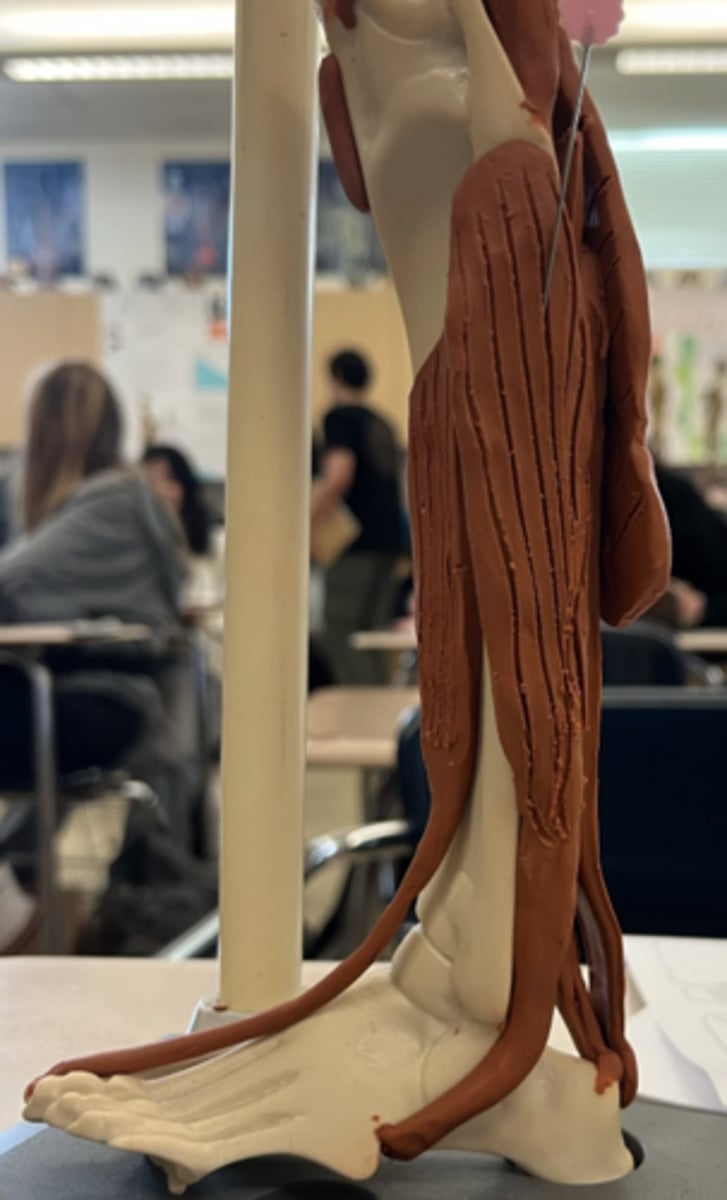
extensor digitorum
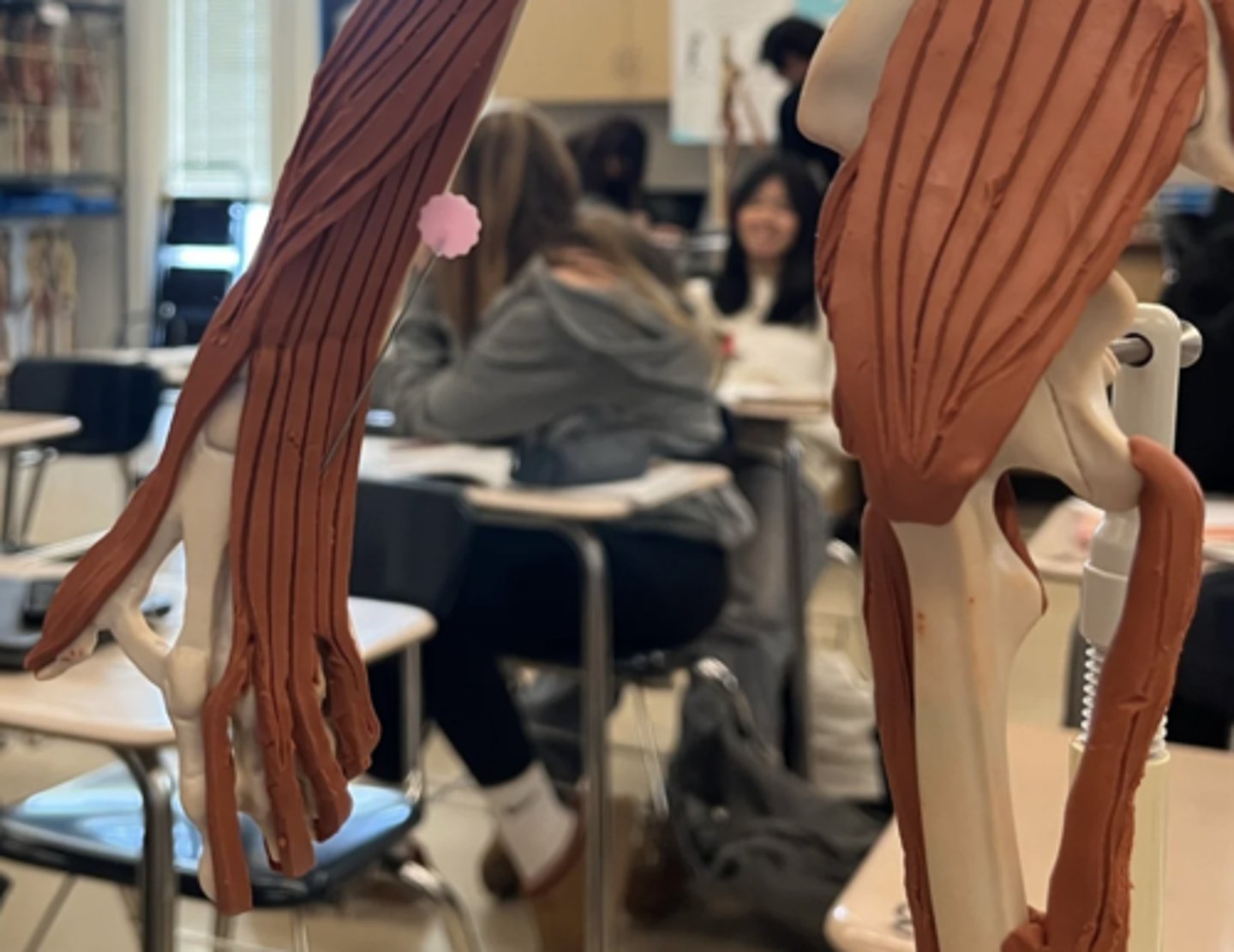
supraspinatus
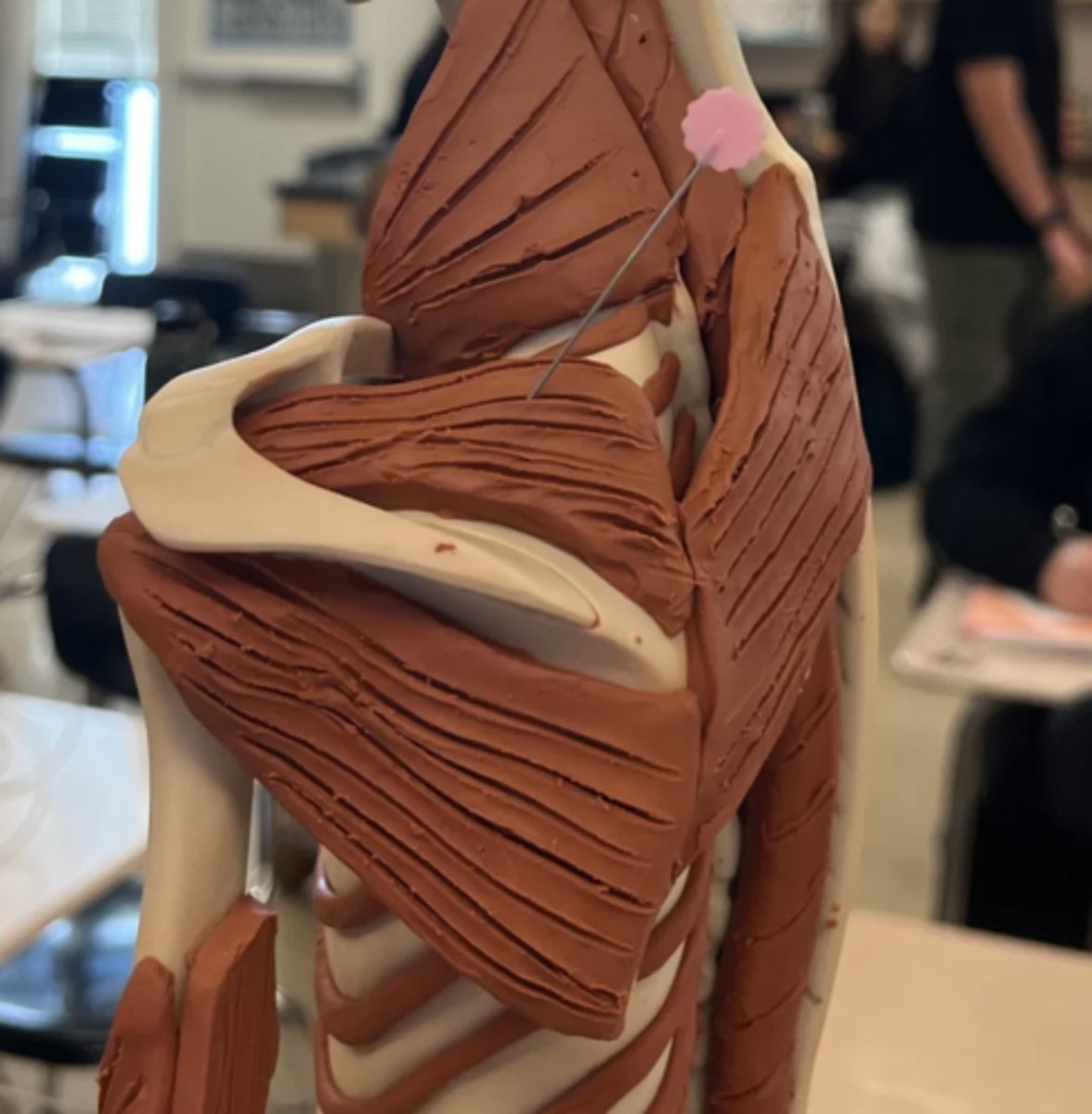
triceps brachii caput mediale
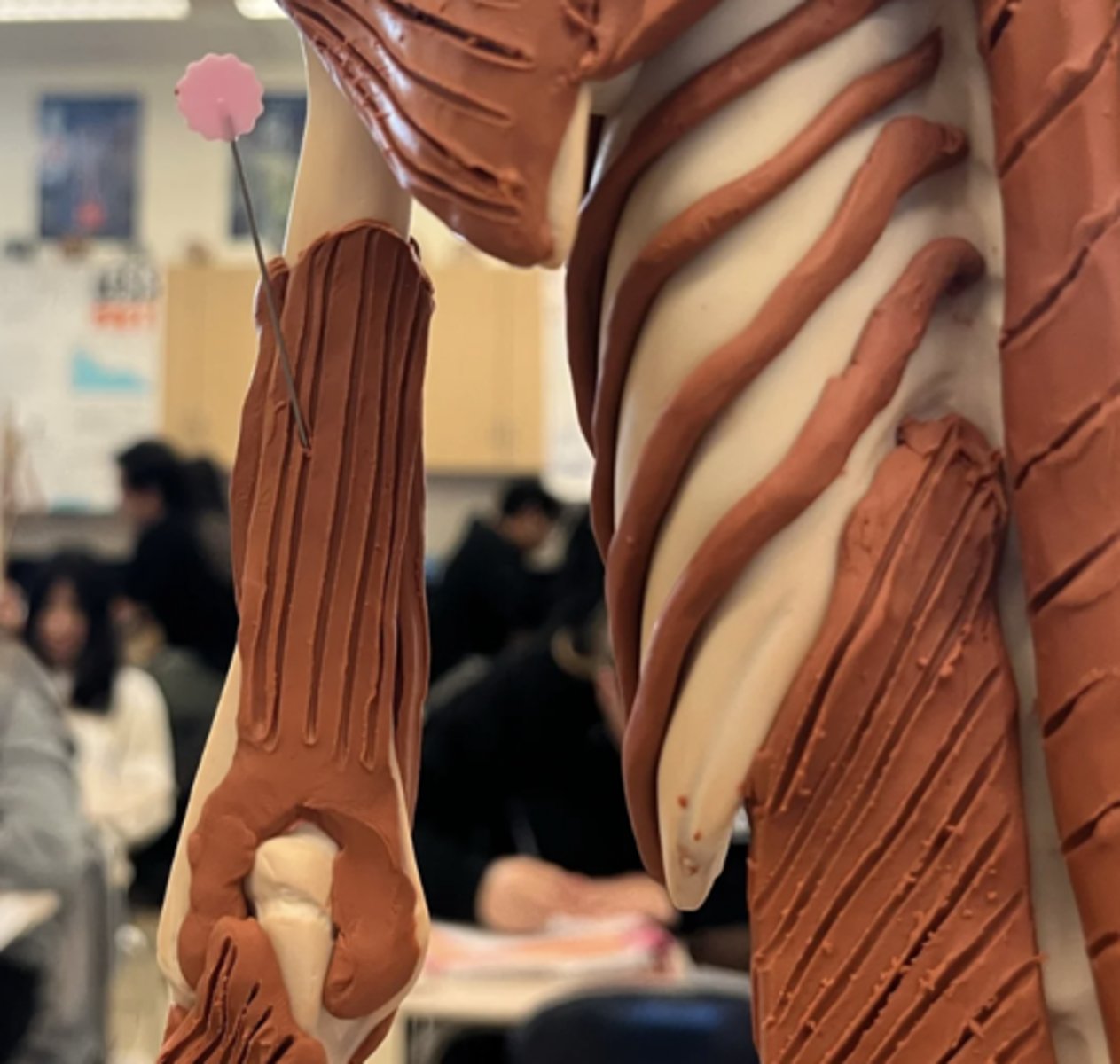
rhomboideus minor
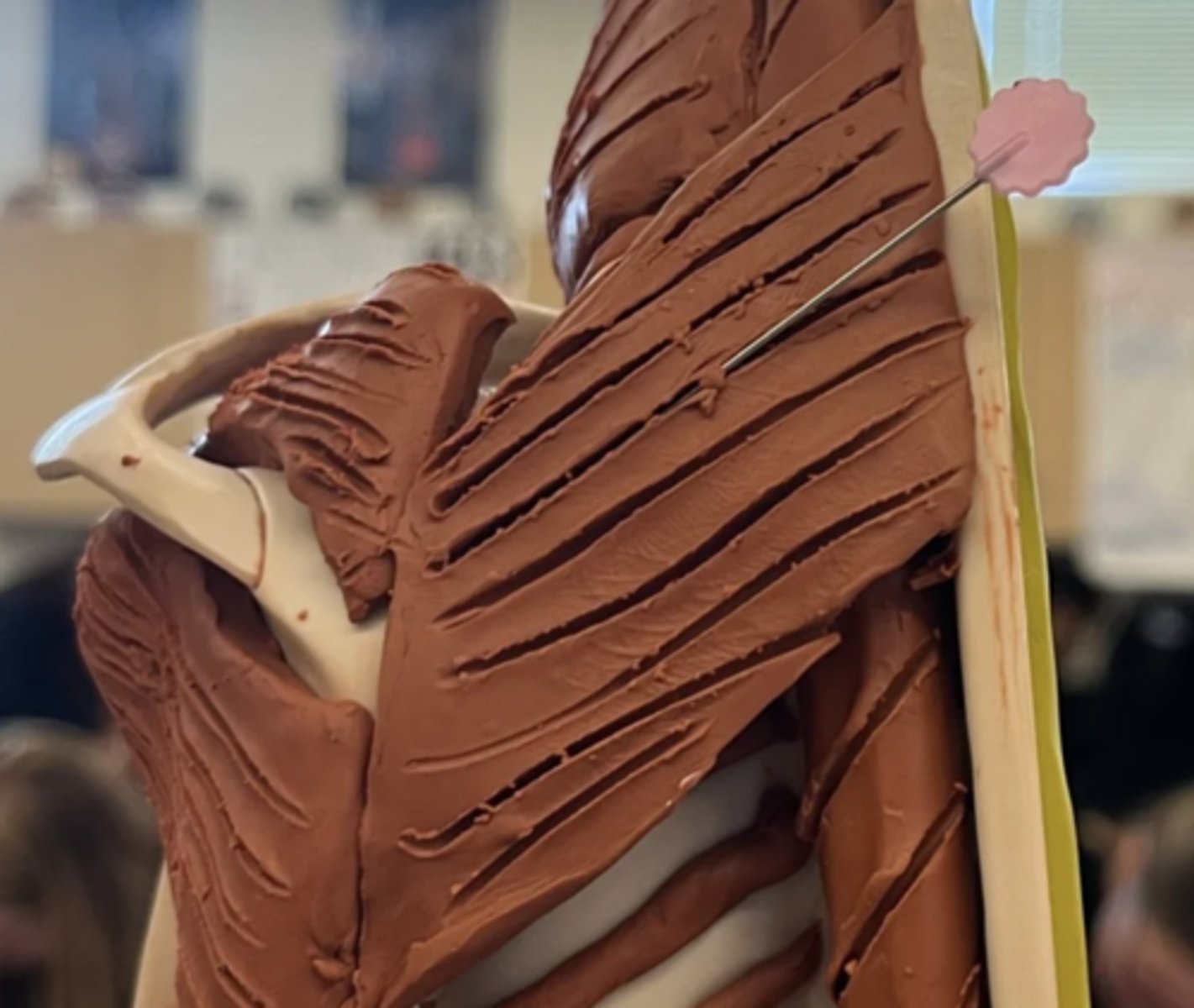
vastus intermedius
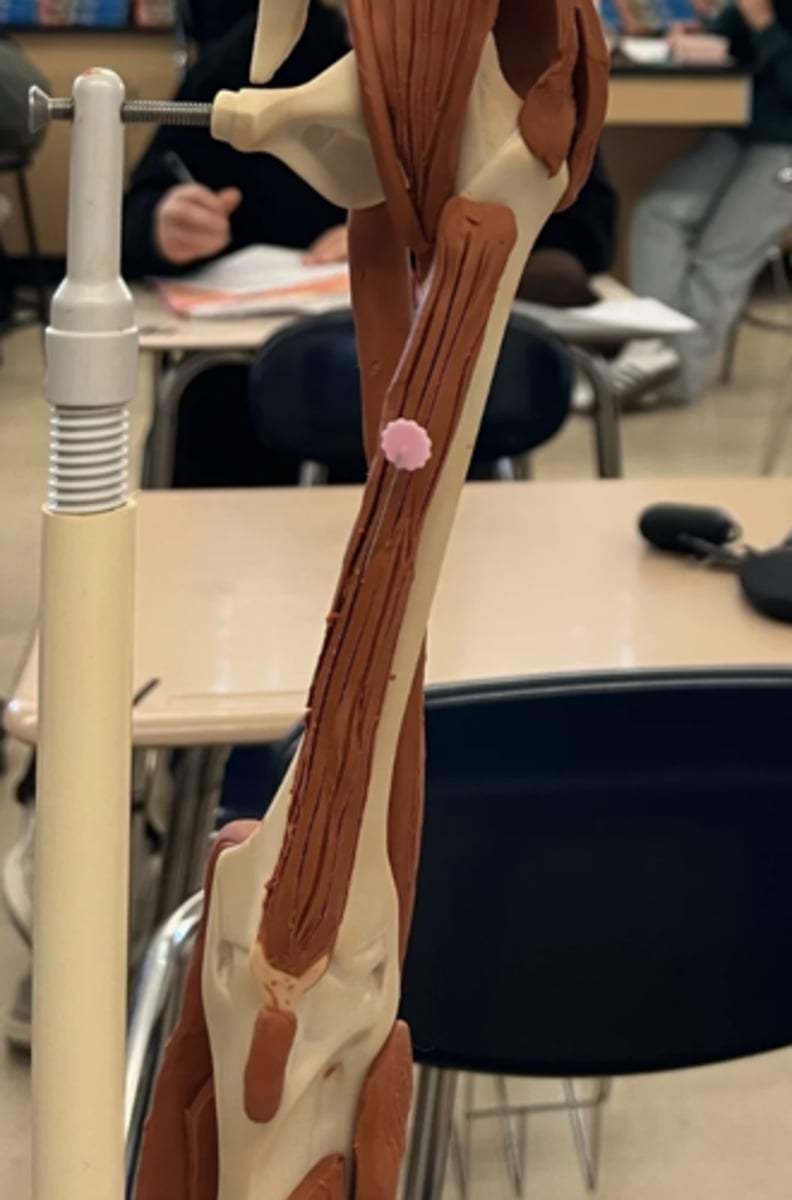
quadratus lumborum
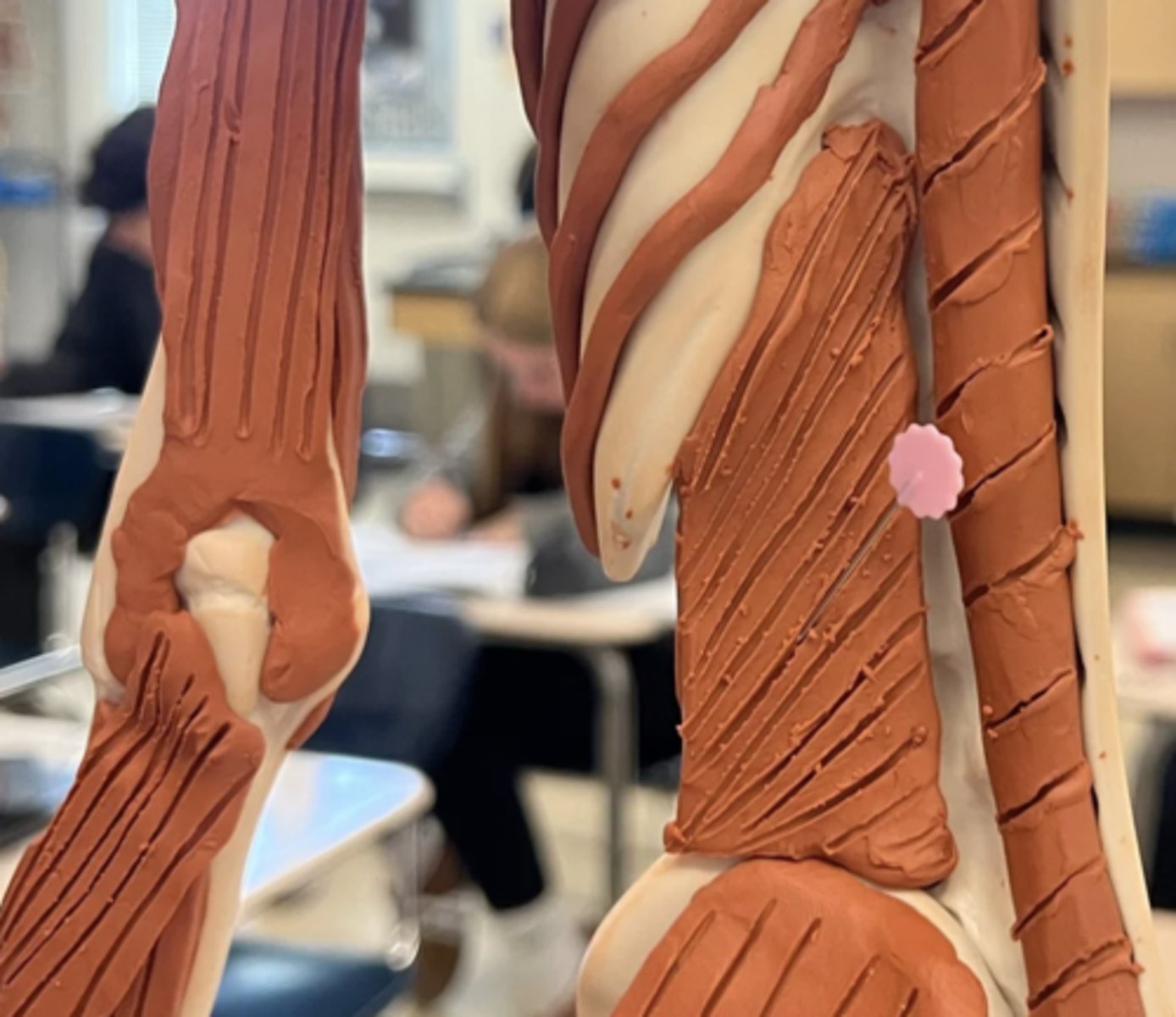
psoas major
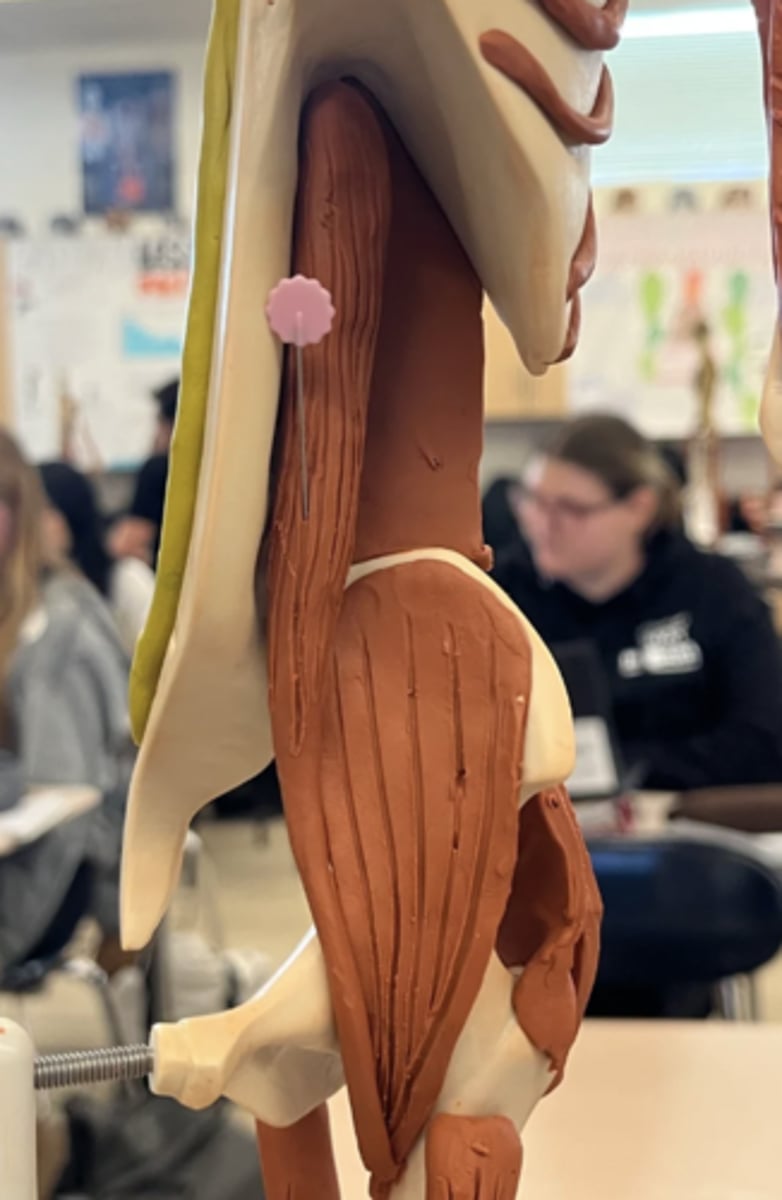
flexor pollicis
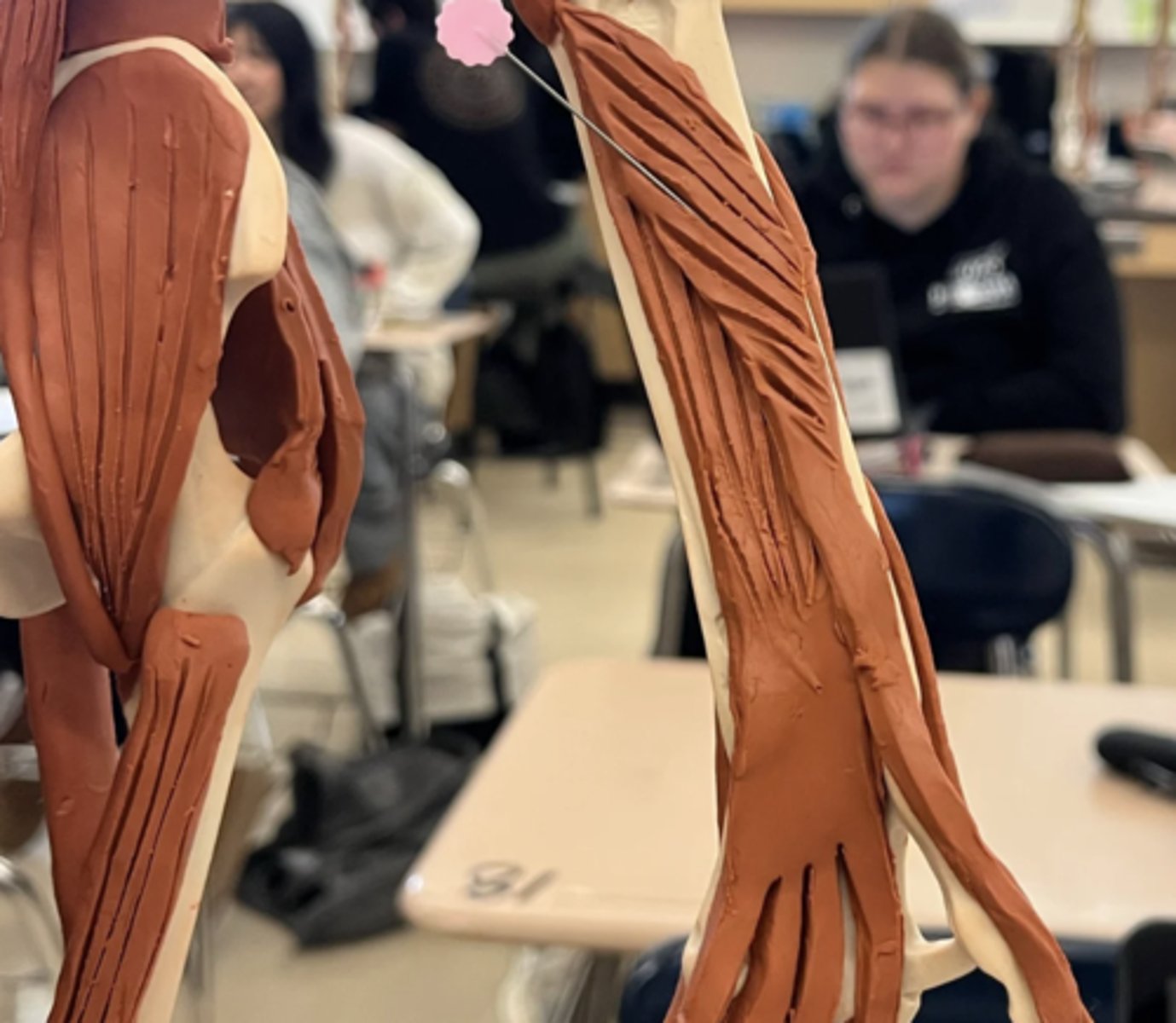
gastrocnemius
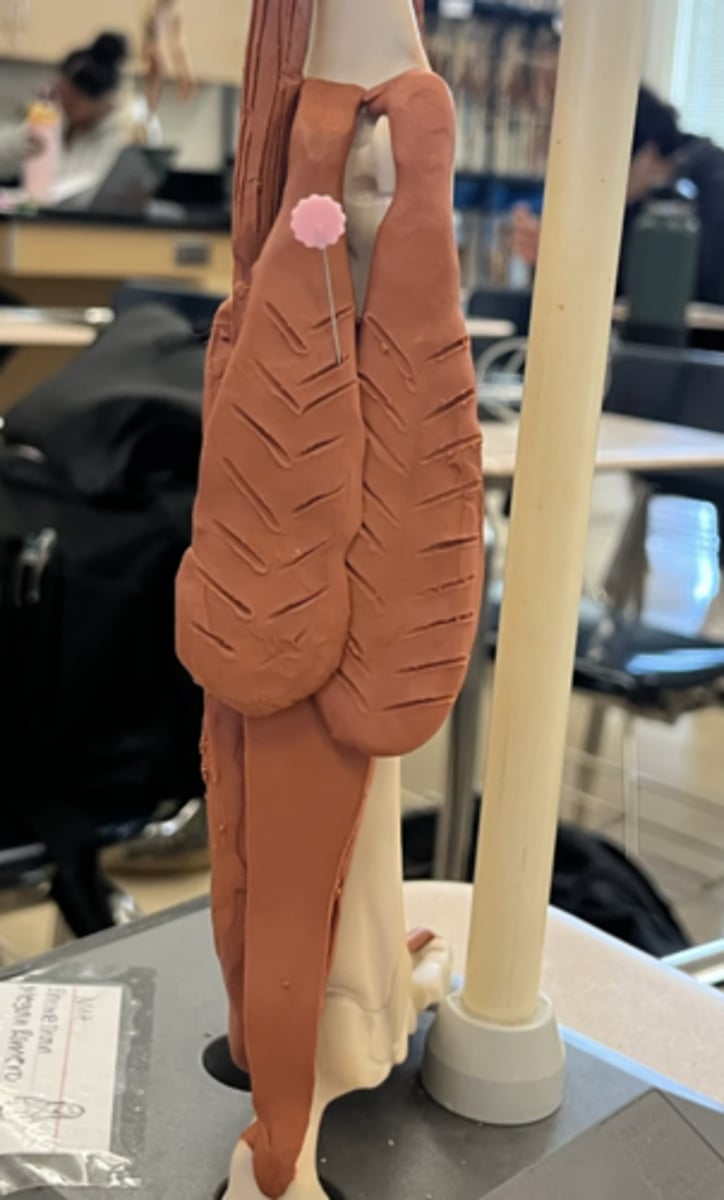
extensor pollicis
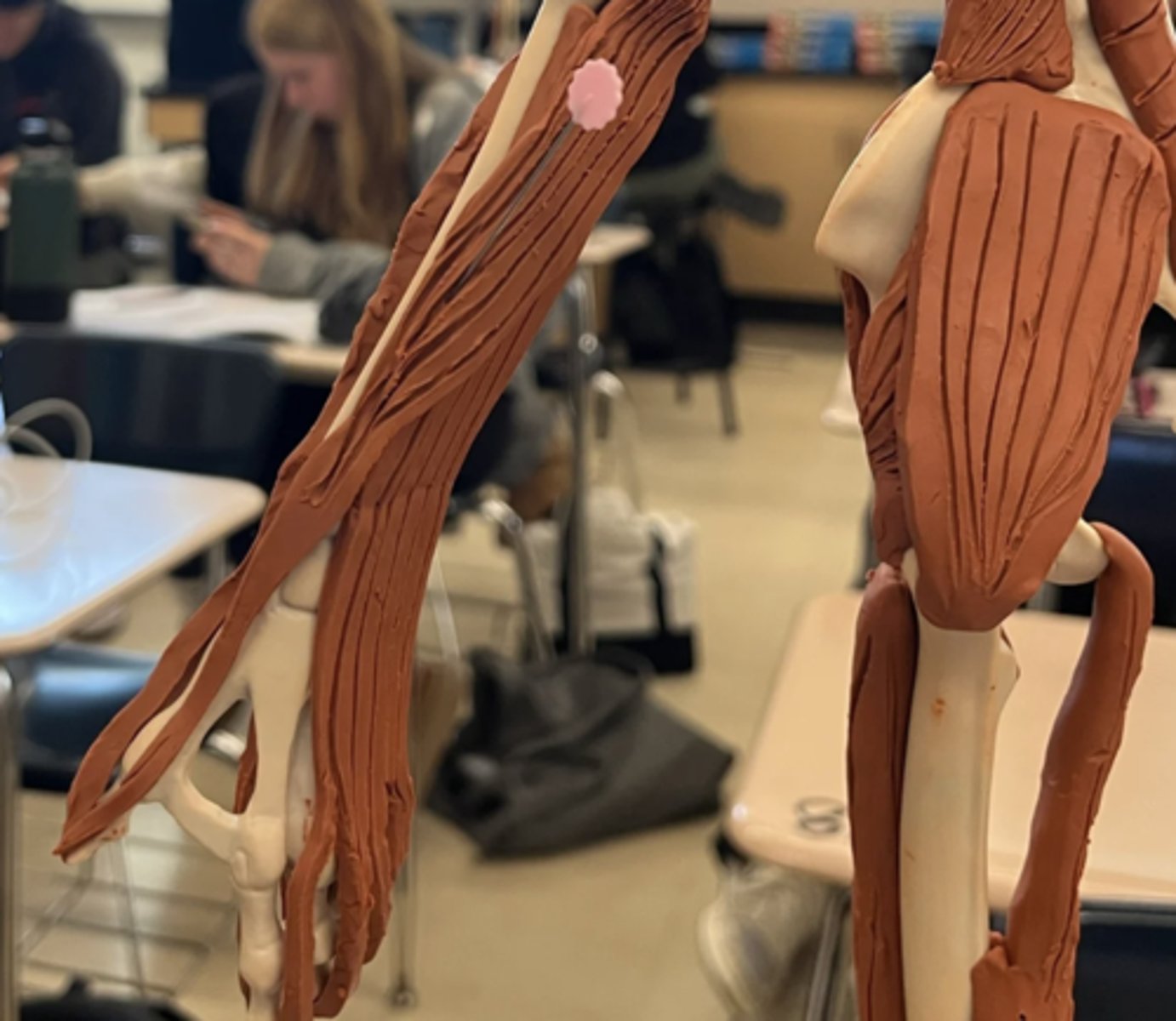
corpus callosum
1 - cross brain communication
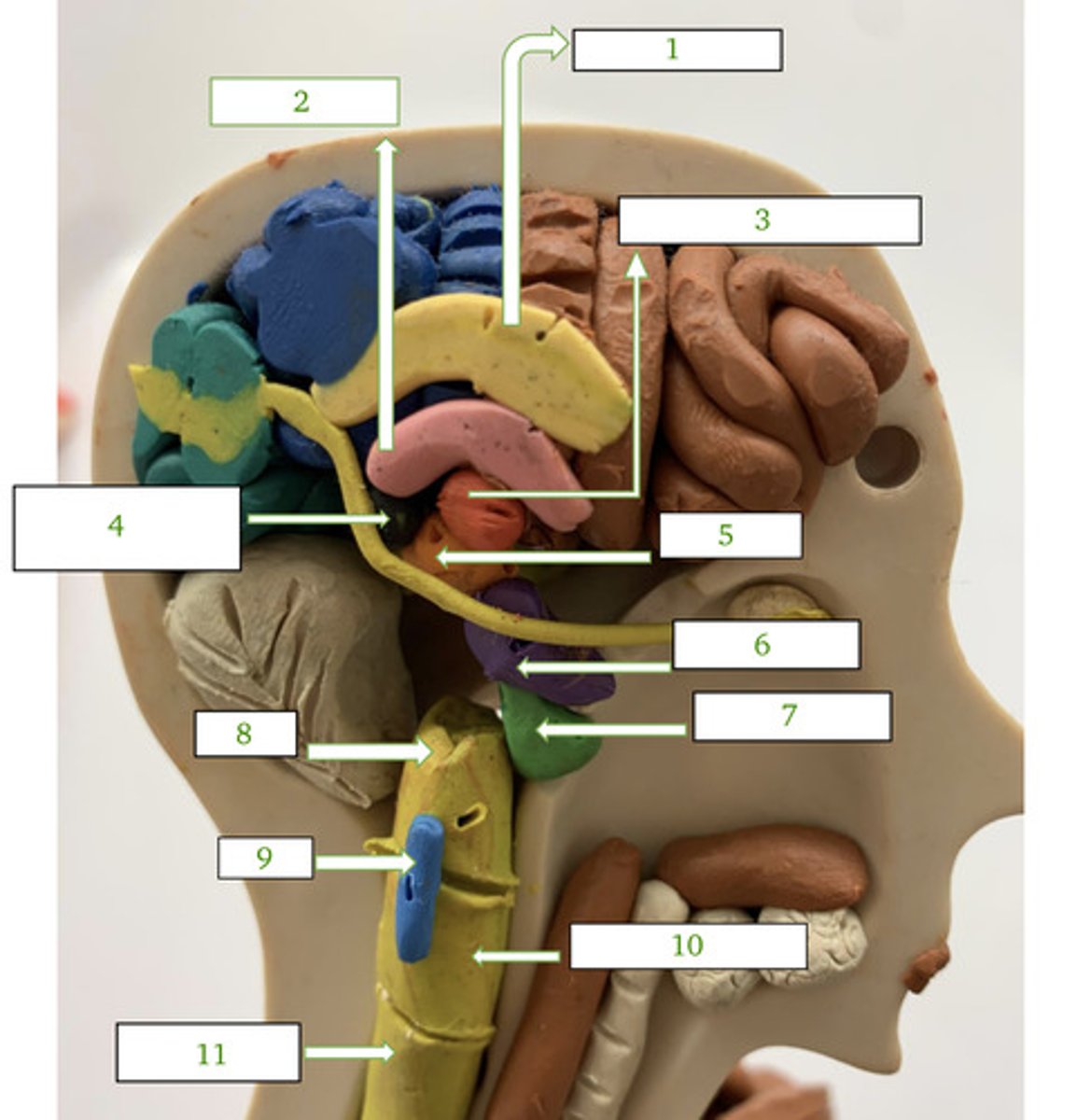
hippocampus
2 - novelty, ritual, navigation, hold short-term memories and transfer them to long-term storage
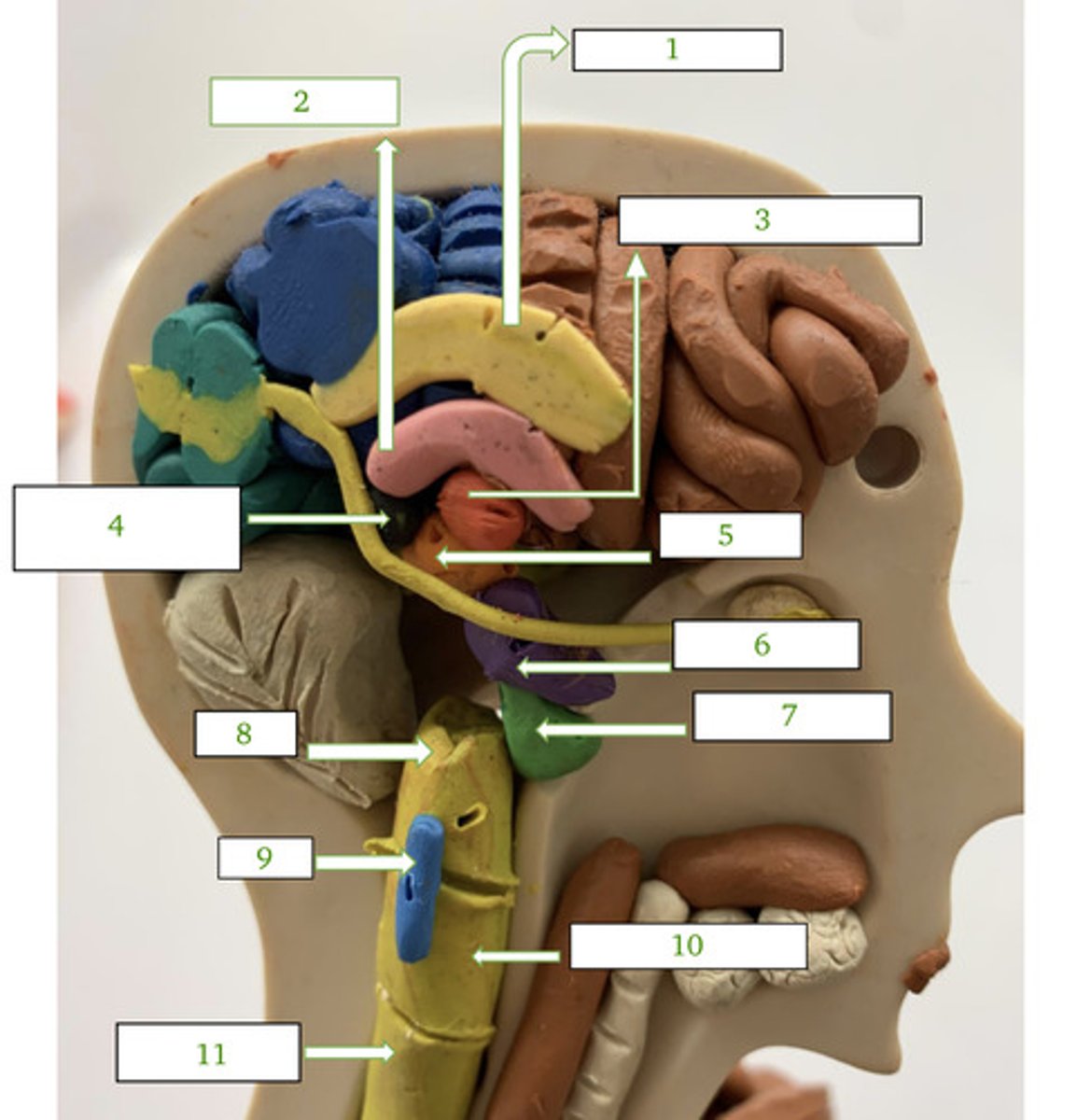
pineal gland/body
3 - jet lag, day, cycles, secretes melatonin
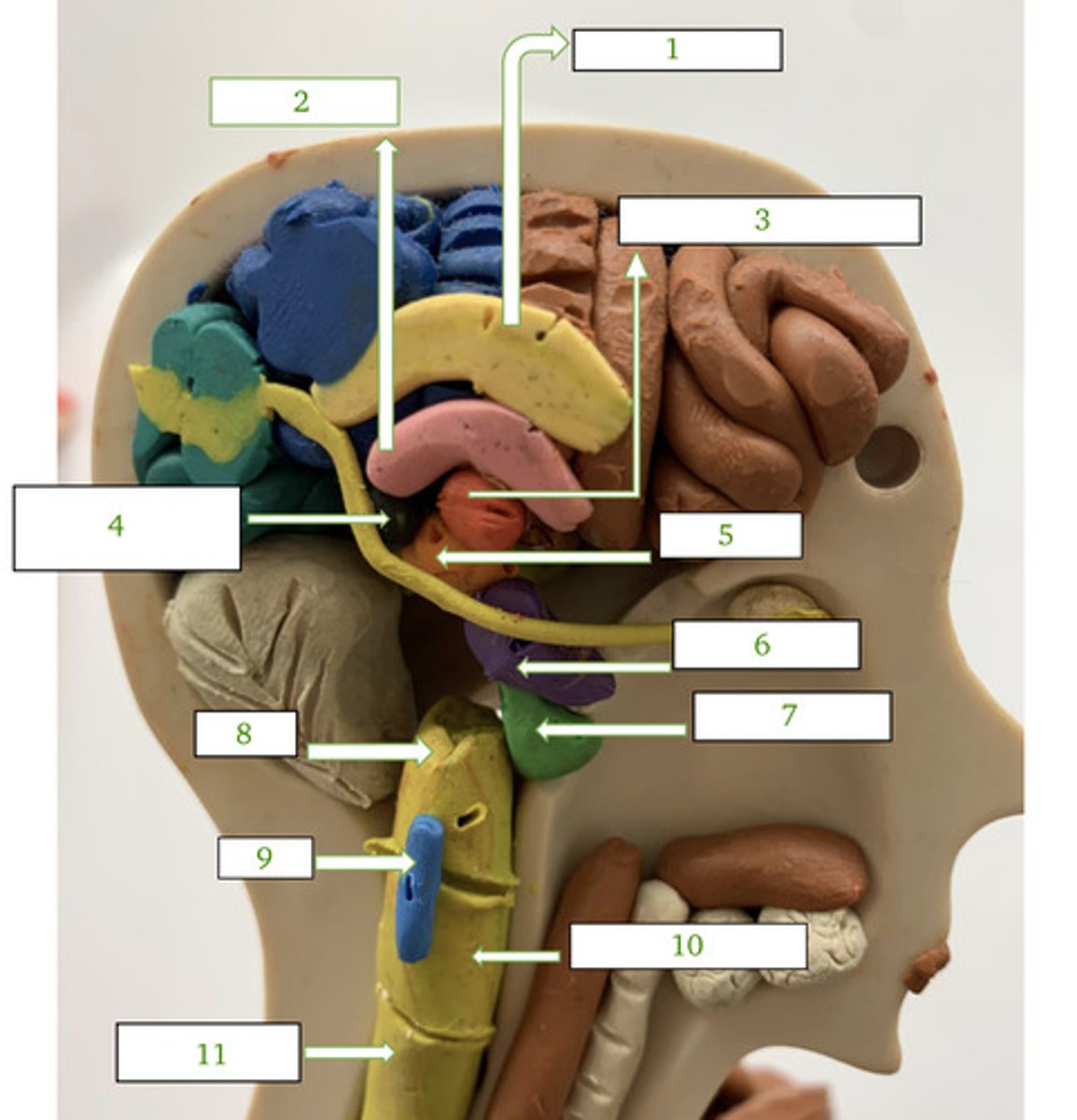
amygdala
4 - fears and nightmares, integrates smell
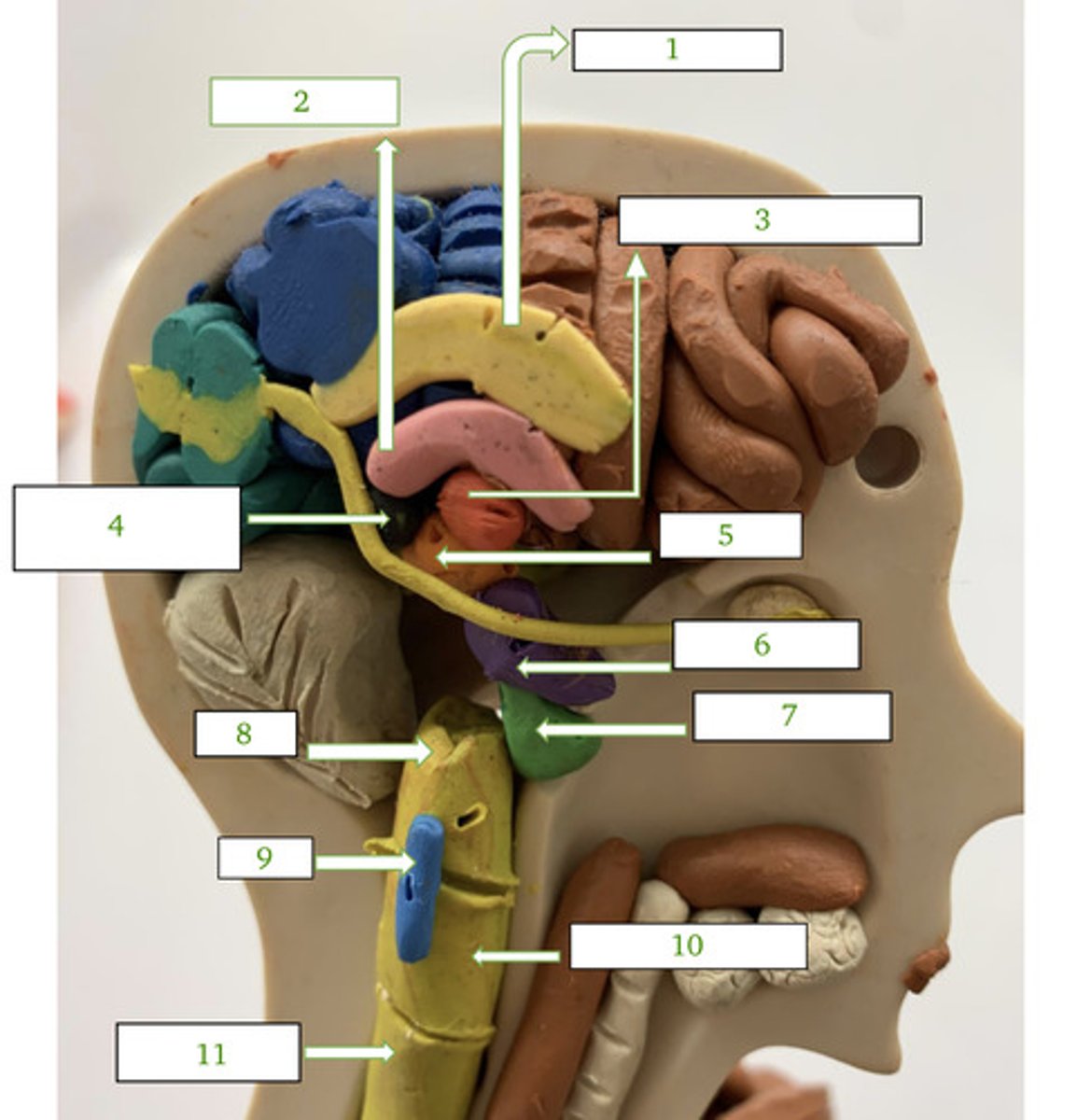
thalamus
5 - relays signals to the correct part of the brain, awareness, deep concentration
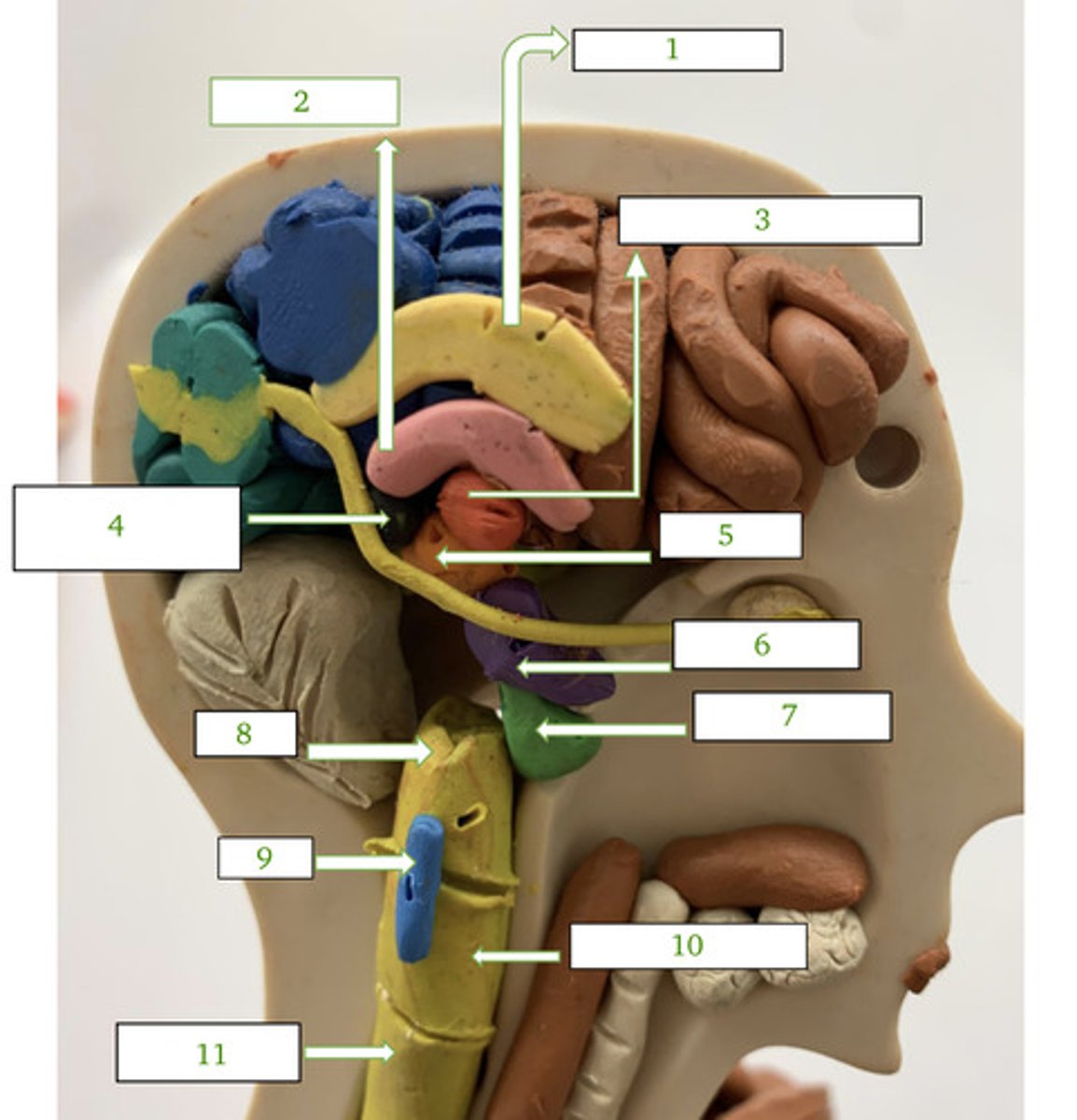
hypothalamus
6 - "want" center, salt cravings, hunger, sexual desire
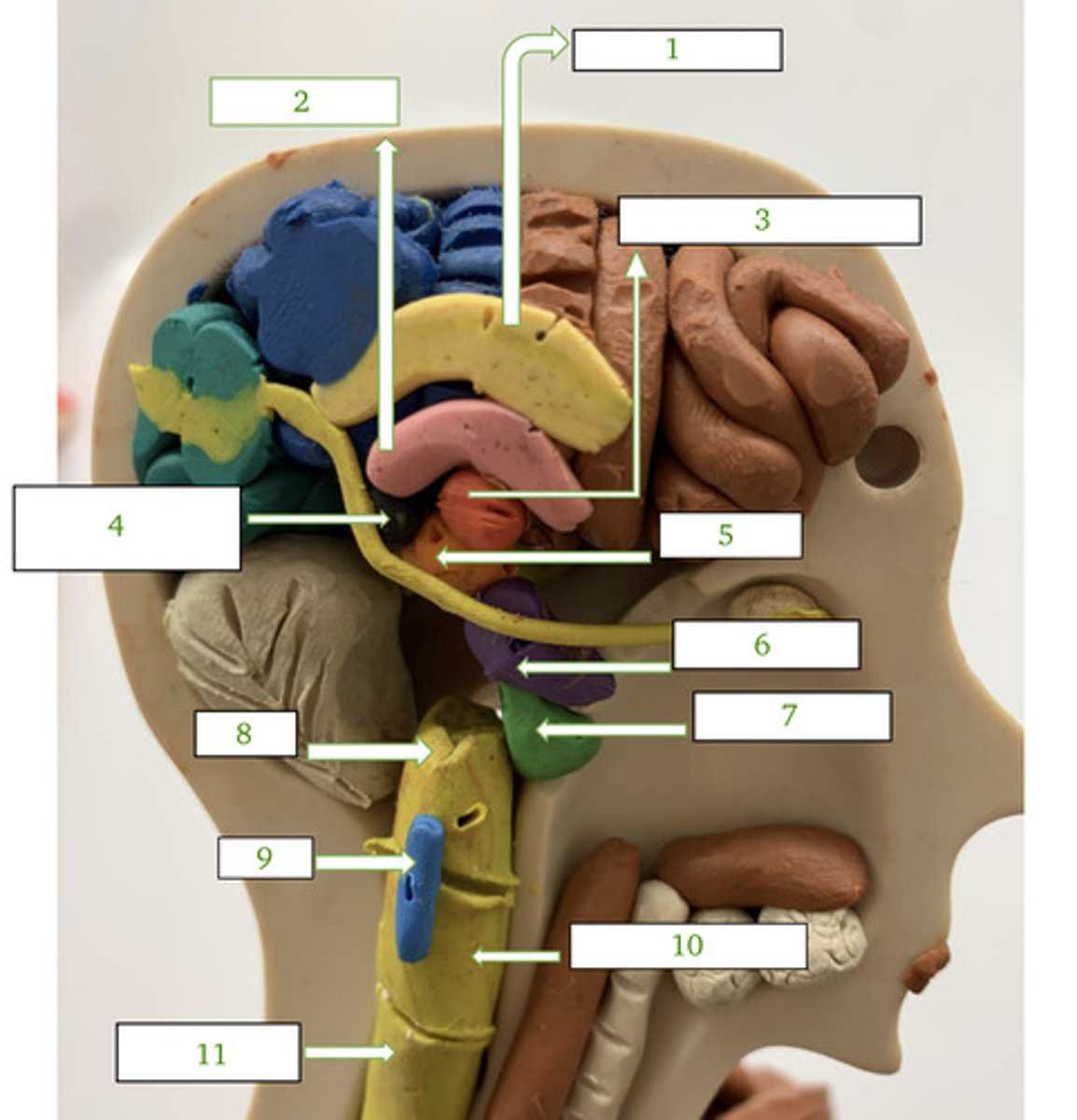
pituitiary gland
7 - hormone regulation
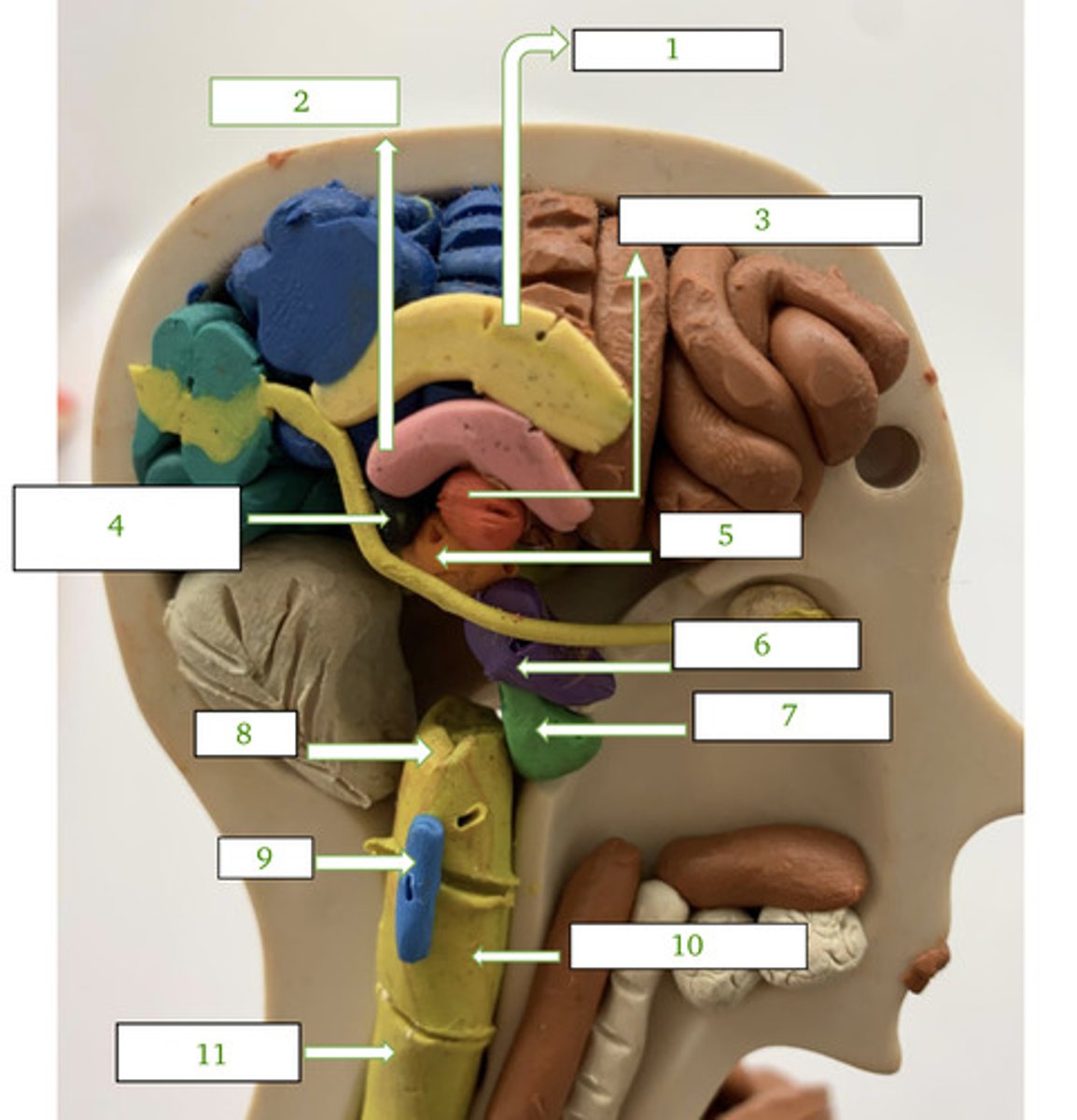
pons
8 - breathing rhythms, REM sleep
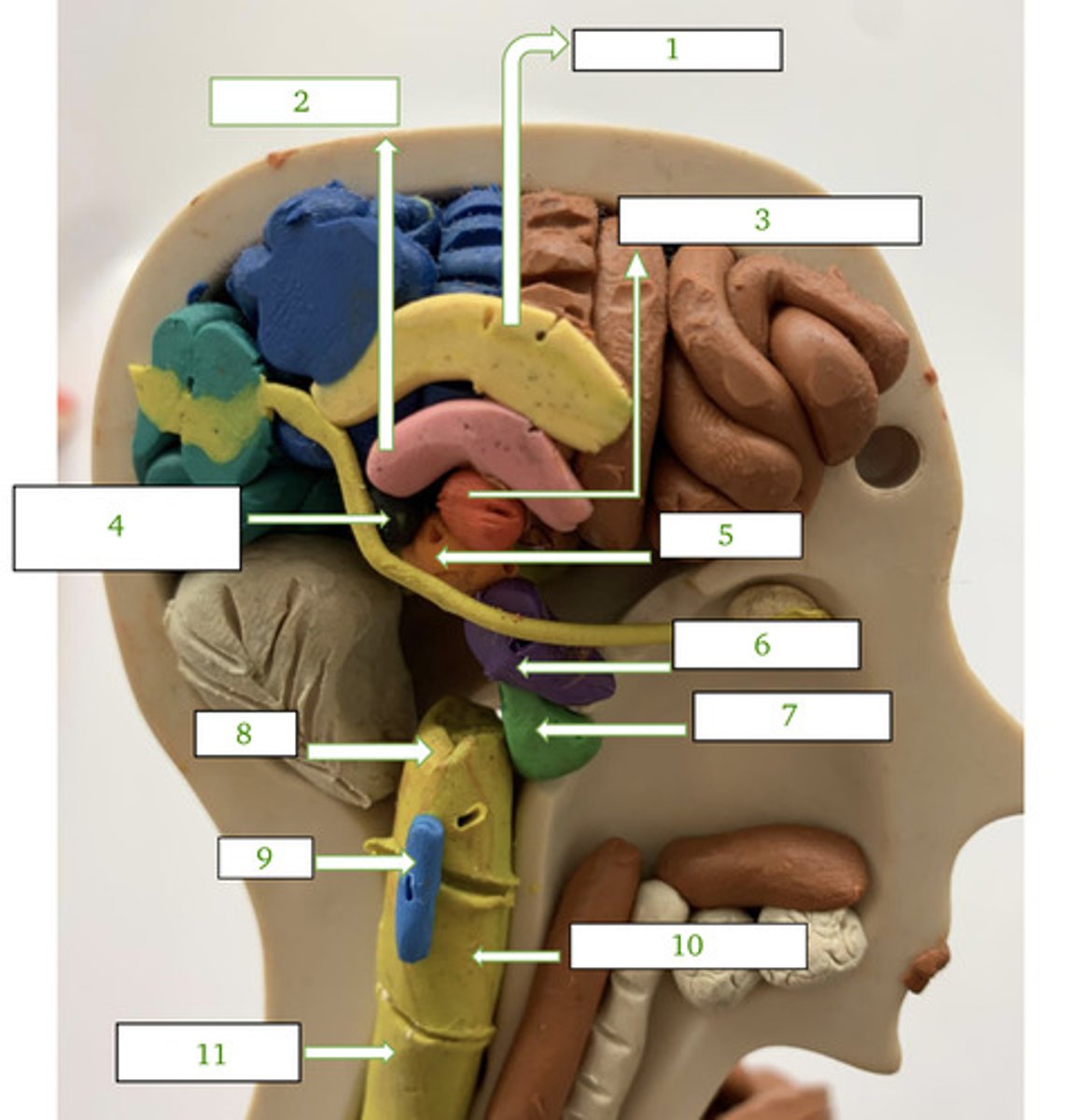
RAS
9 - fight, flight, or faint syndrome, vasovagal responses
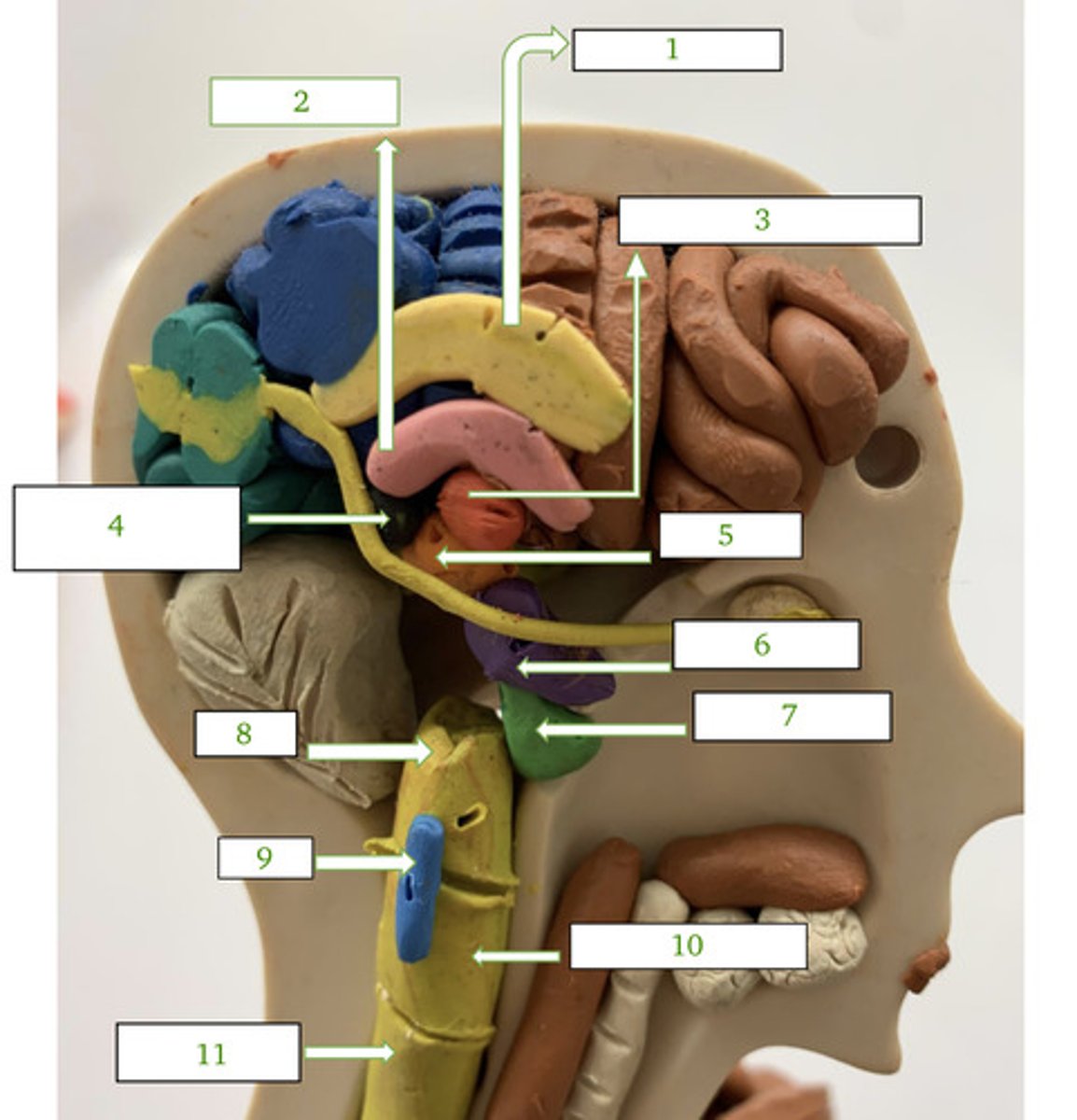
medulla oblongata
10 - breathing, heart rate, blood pressure, swallowing, temperature regulation
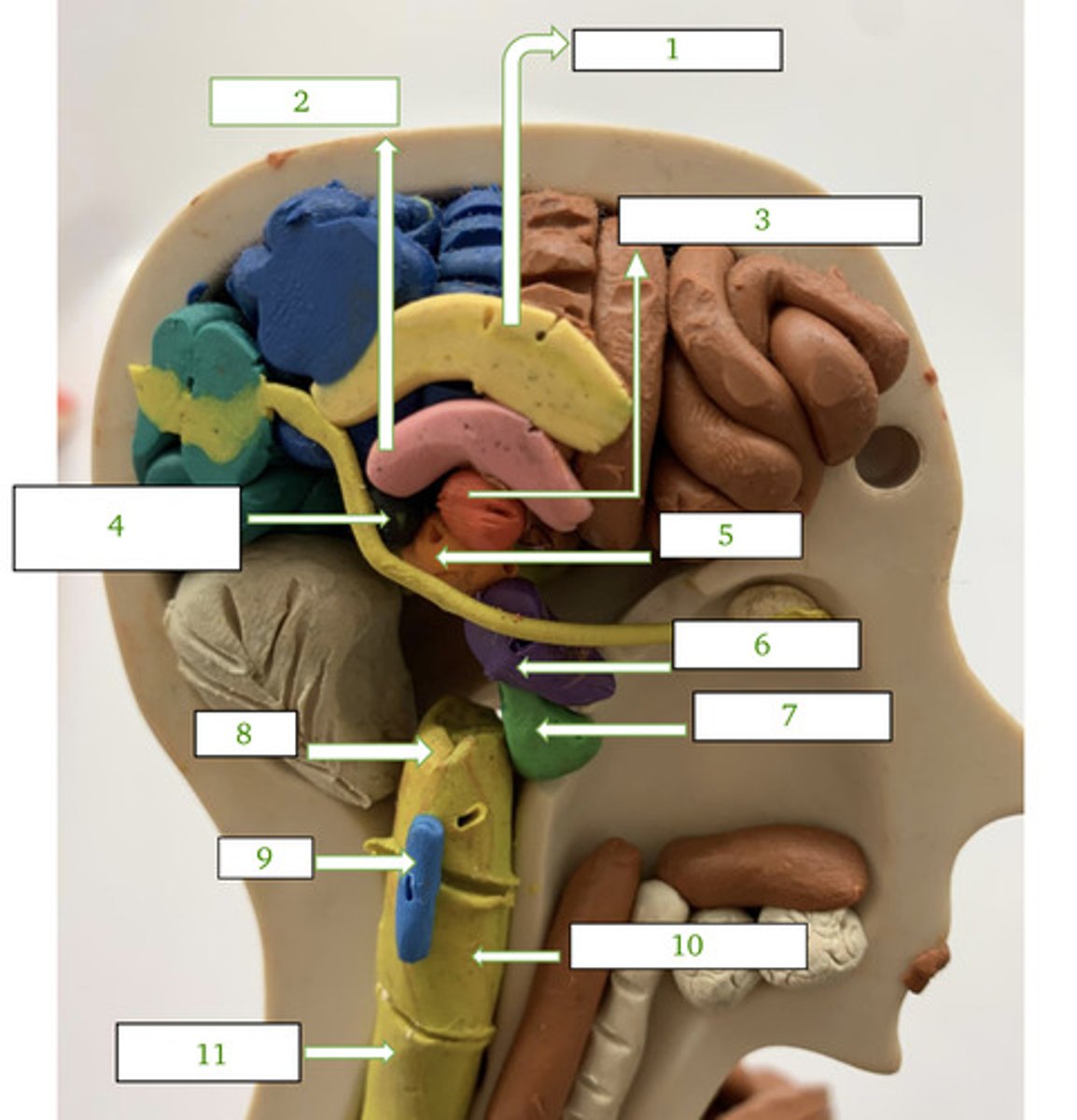
spinal cord
11 - send motor commands from brain to body, send sensory information from body to brain, coordinate reflexes
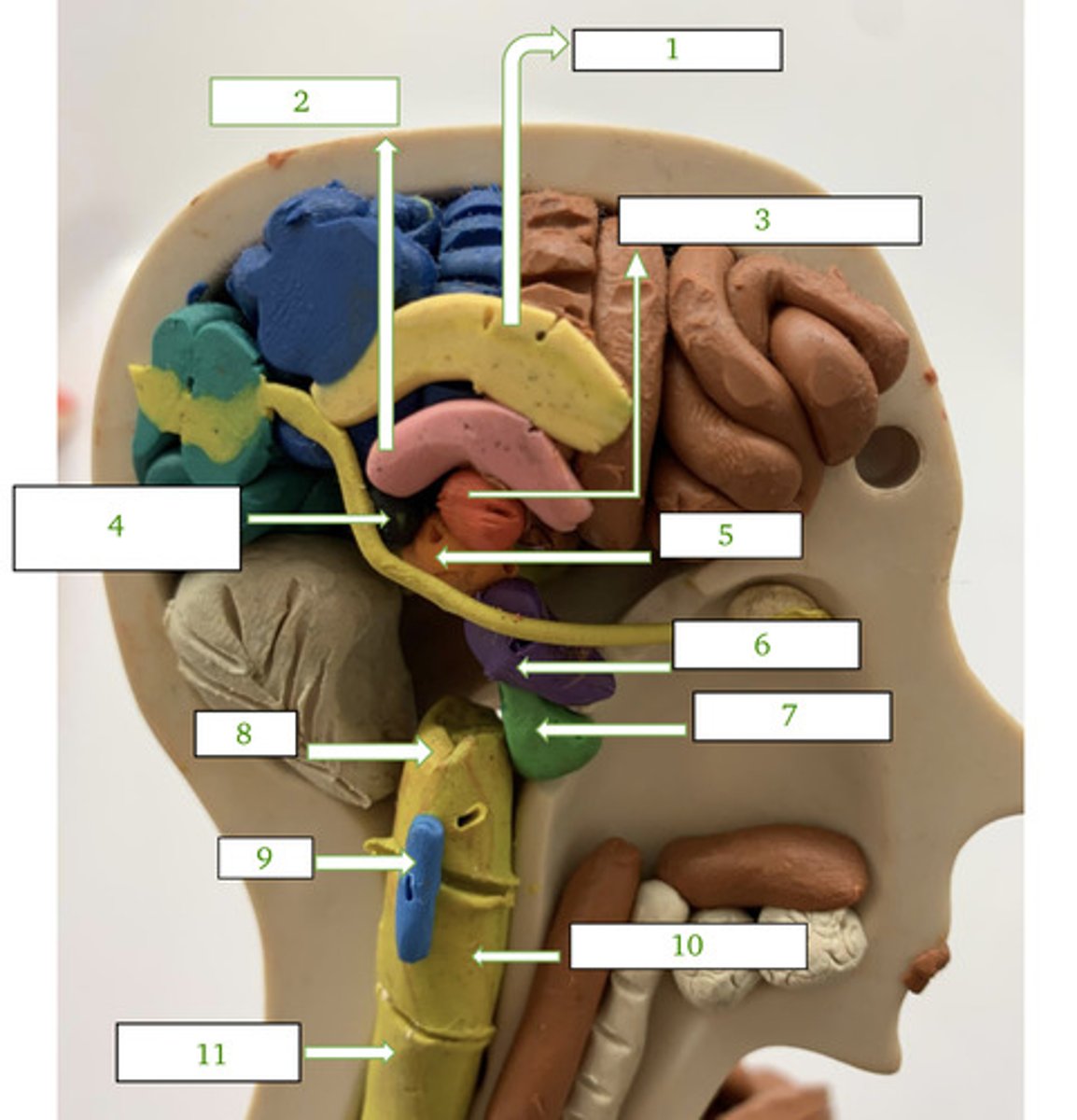
cerebellum
1 - maintain balance, sustain normal posture, & smooth coordinated movements
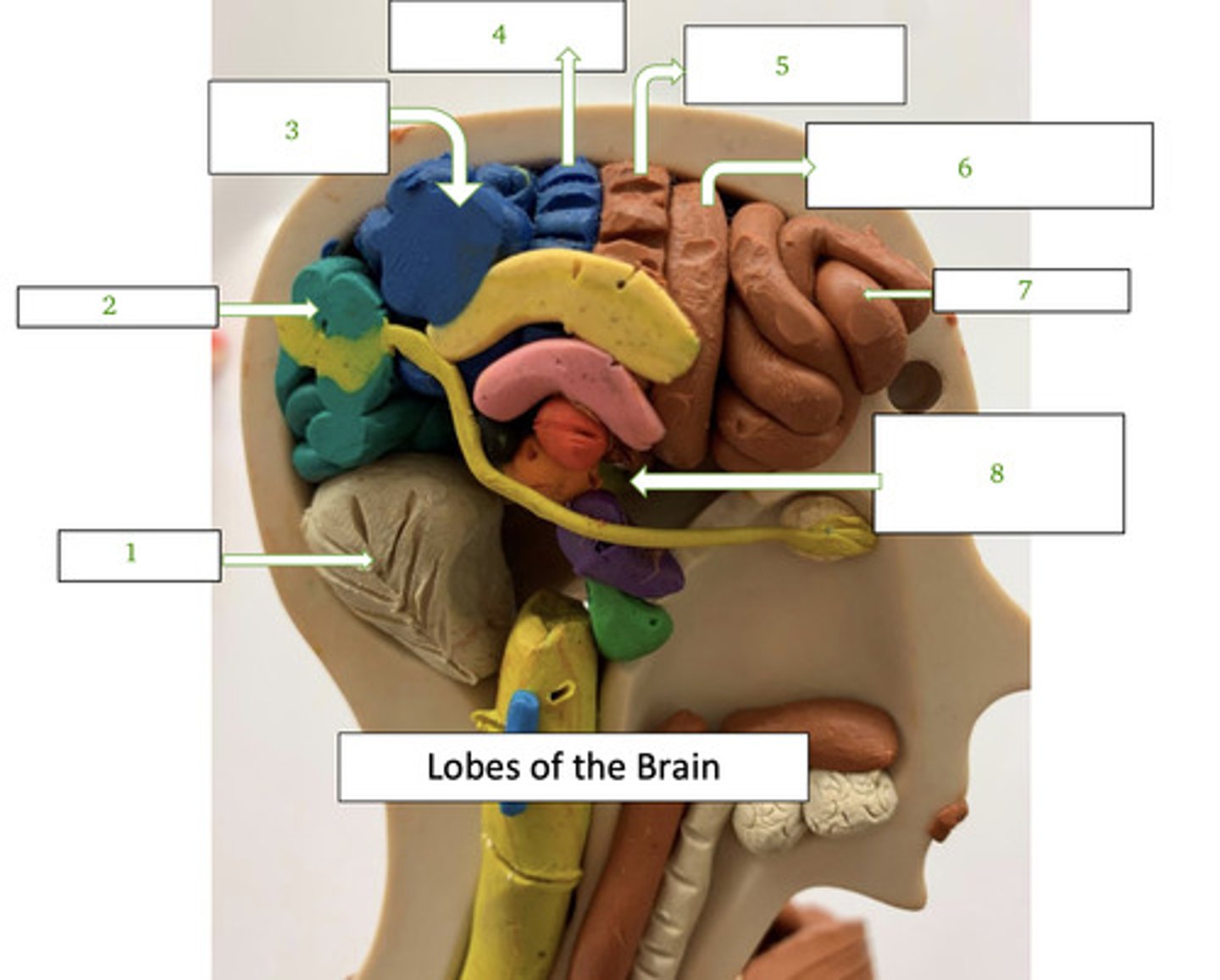
occipital lobe
2 - visual processing, reading, visual memory
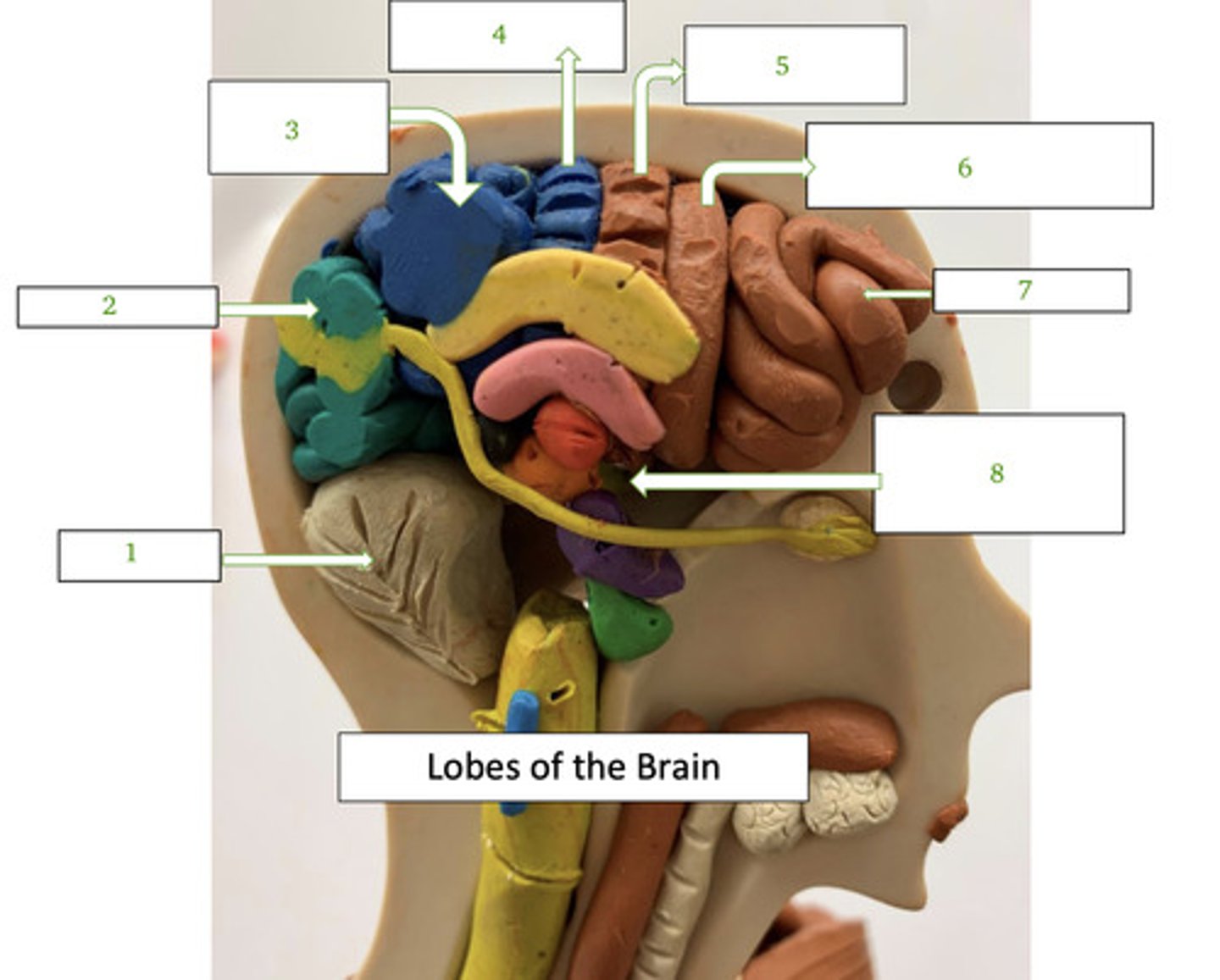
parietal lobe
3 - sensory perception and integration, including the management of taste, hearing, sight, touch, and smell
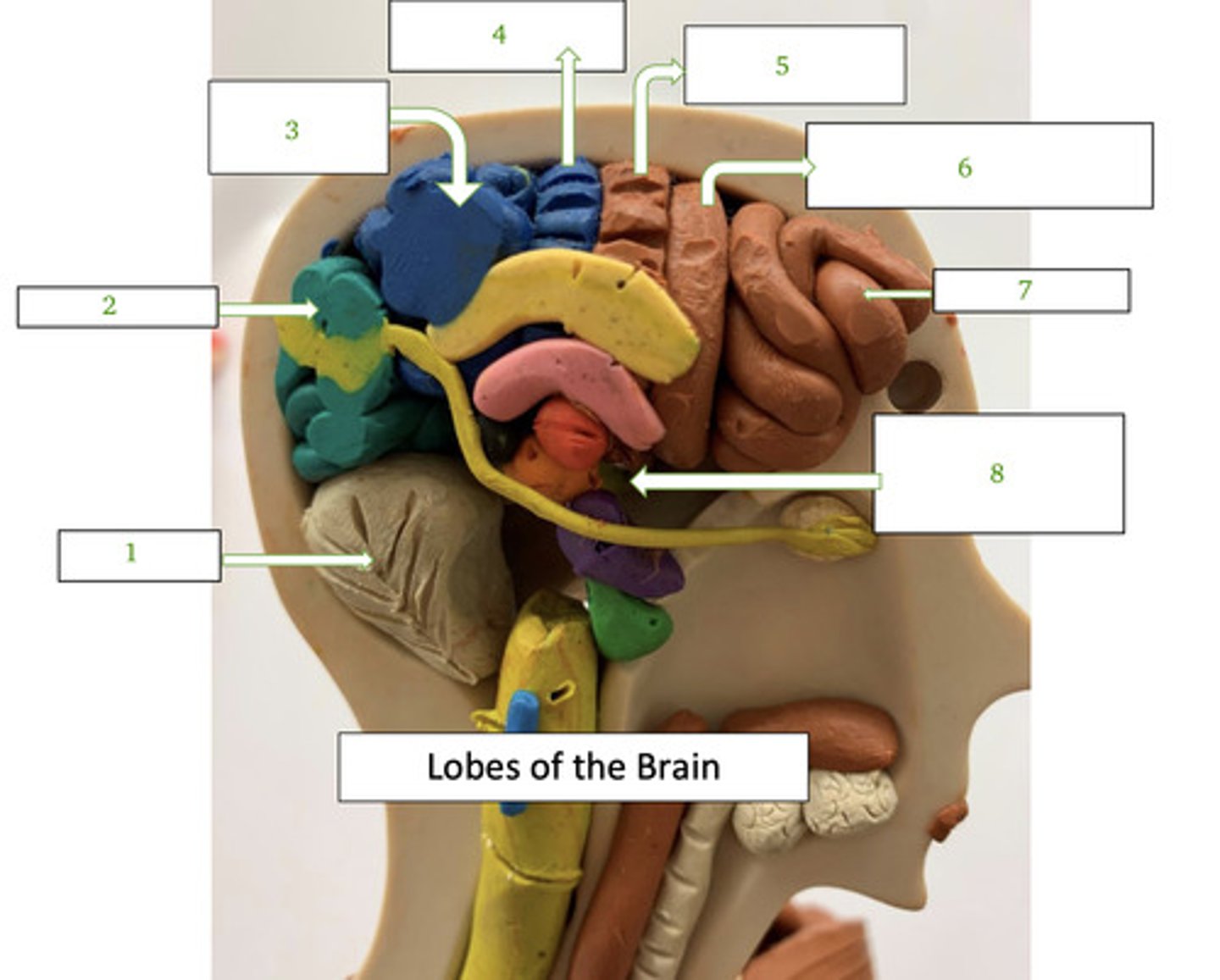
sensory strip
4 - touch reception, processes and interprets sensory information received from body
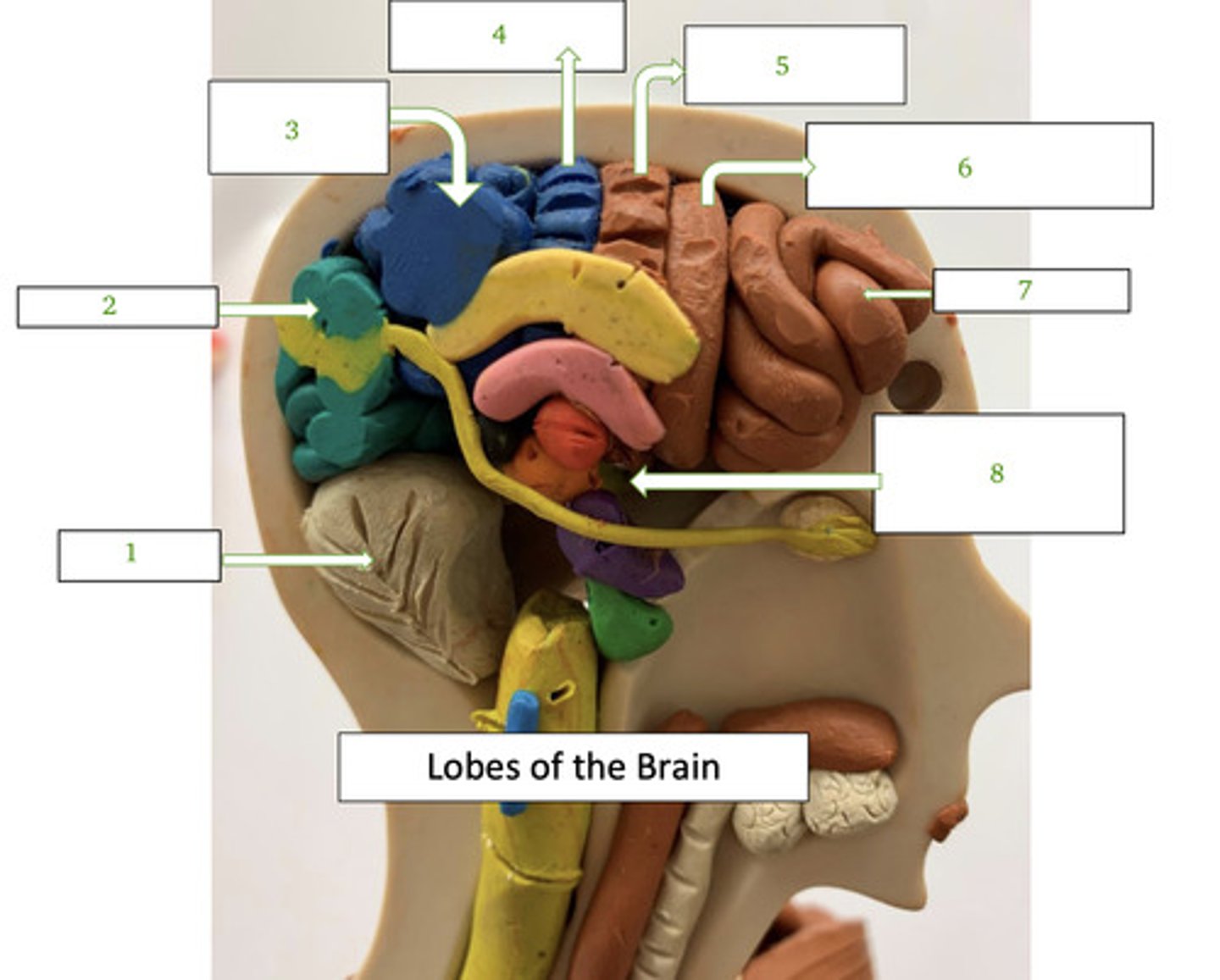
motor strip
5 - controls voluntary body movements
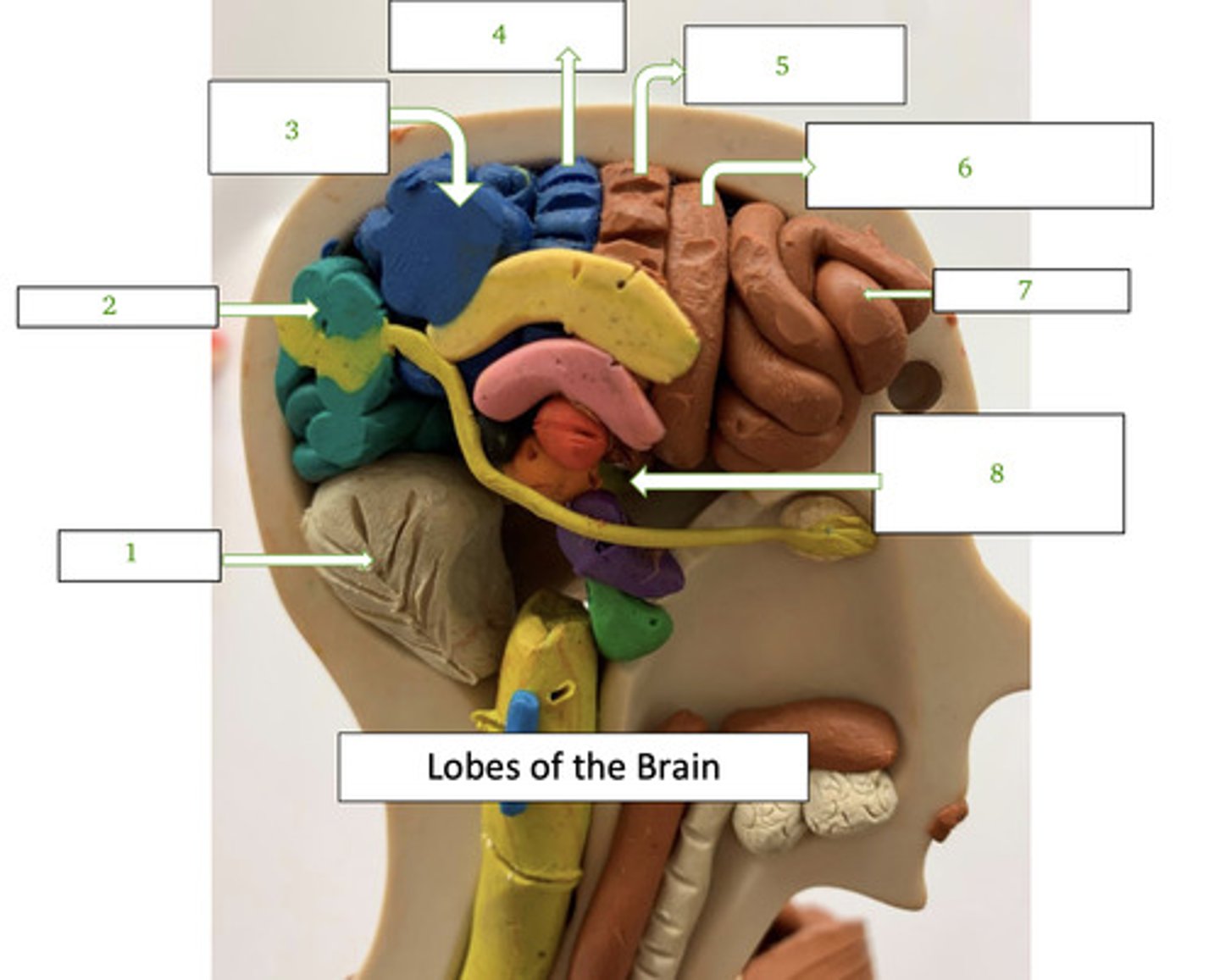
premotor strip
6 - mirror neurons
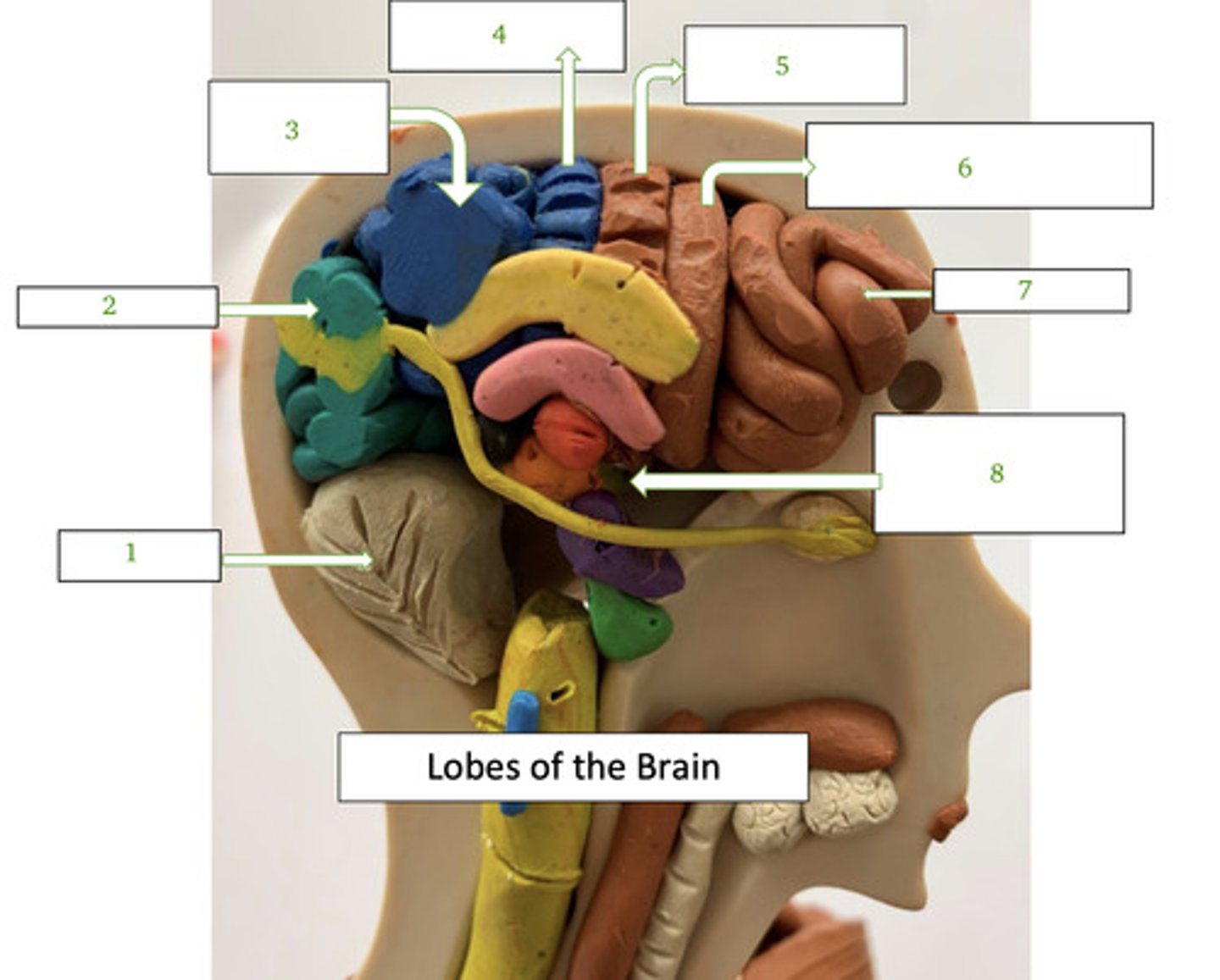
frontal lobe
7 - reasoning, problem solving, impulse control, emotions, & movement
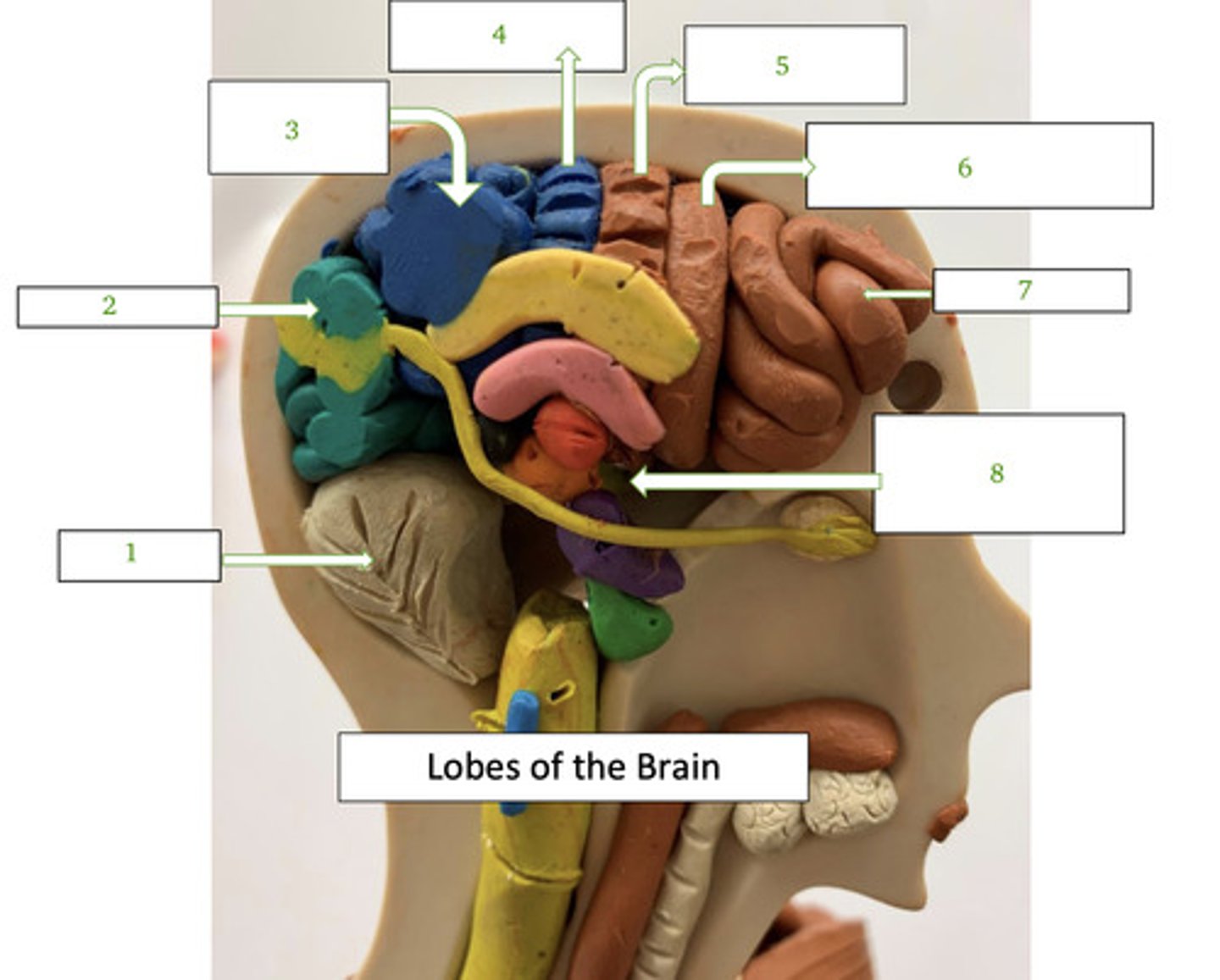
temporal lobe
8 - hearing/auditory, memory, sense of identity
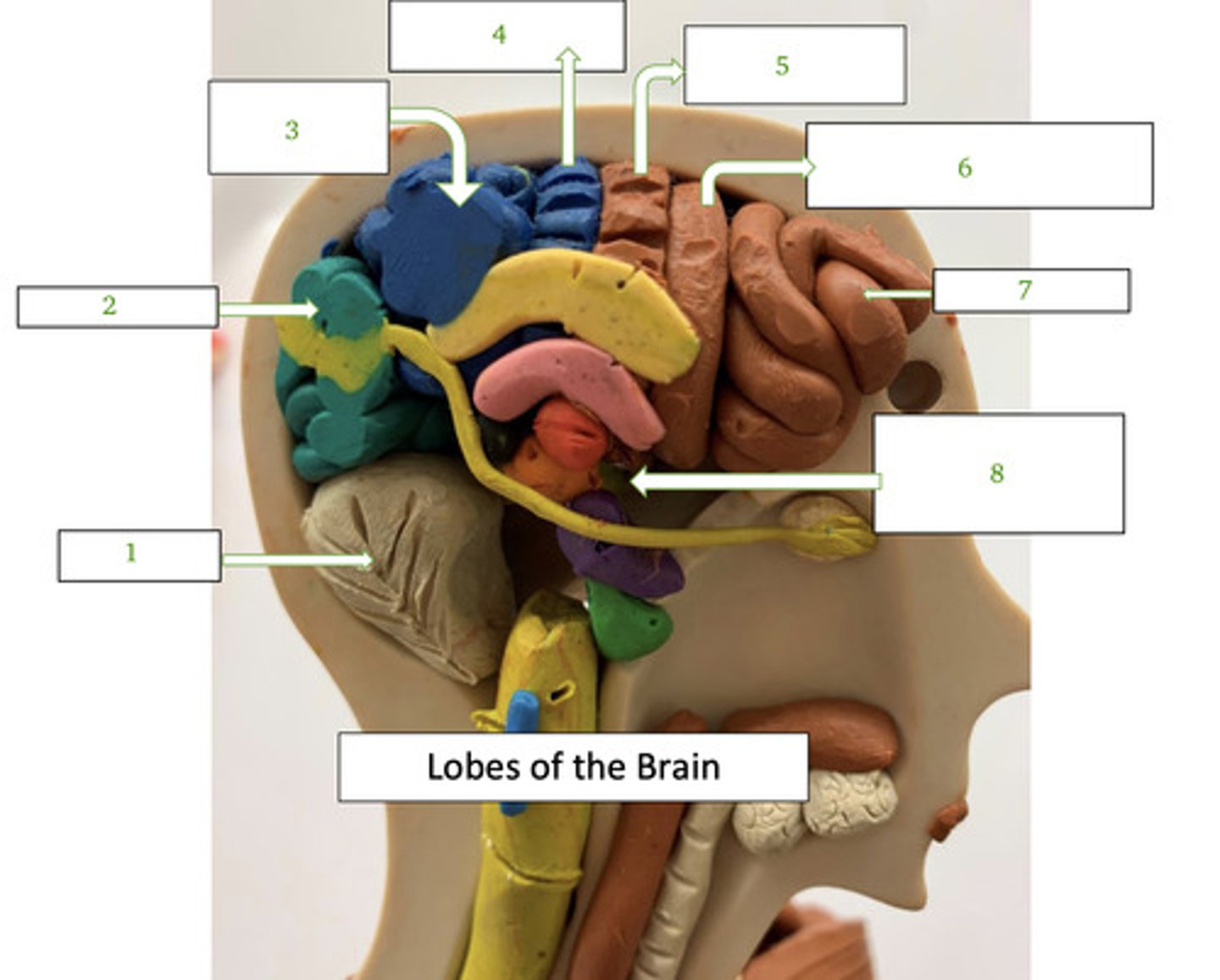
biceps brachii caput breve
attaches to collarbone
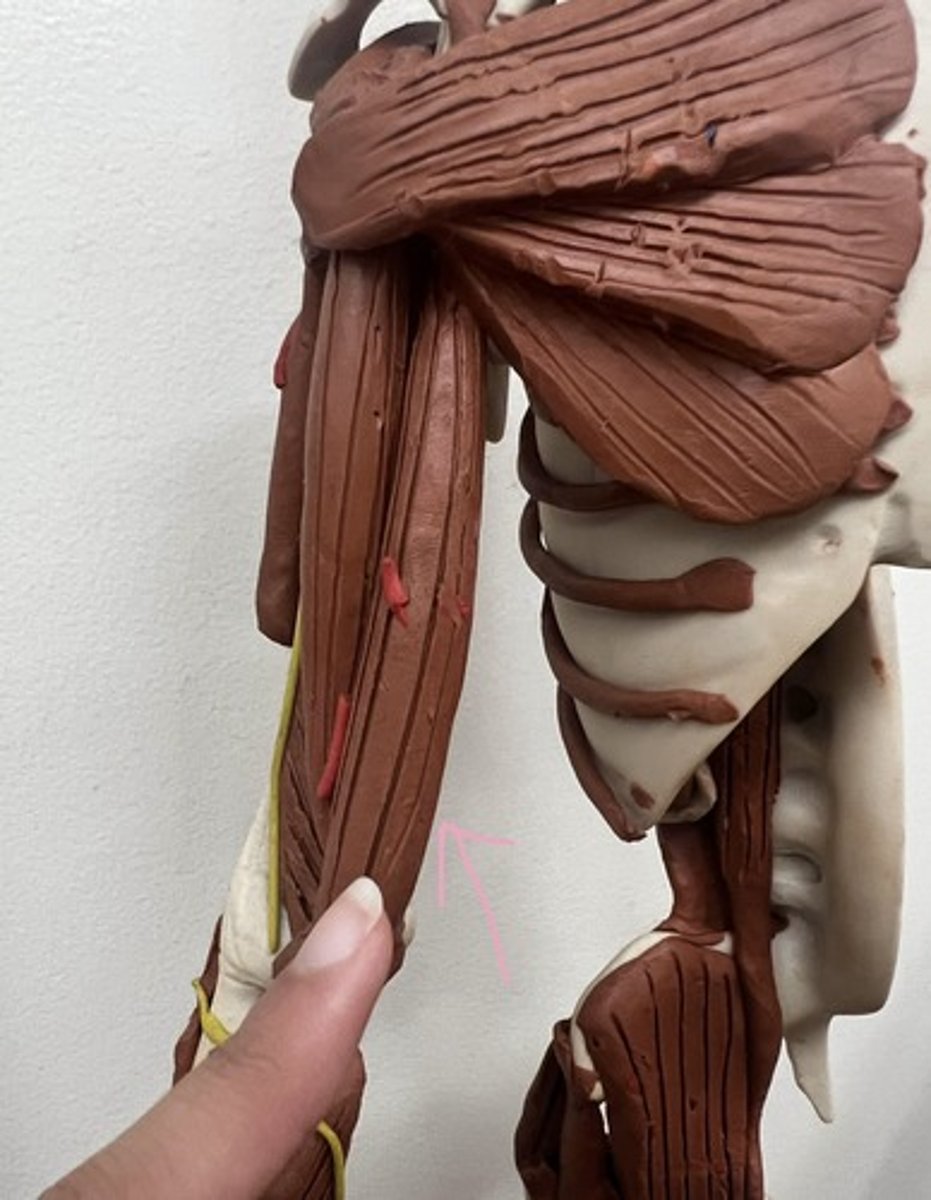
biceps brachii caput longum
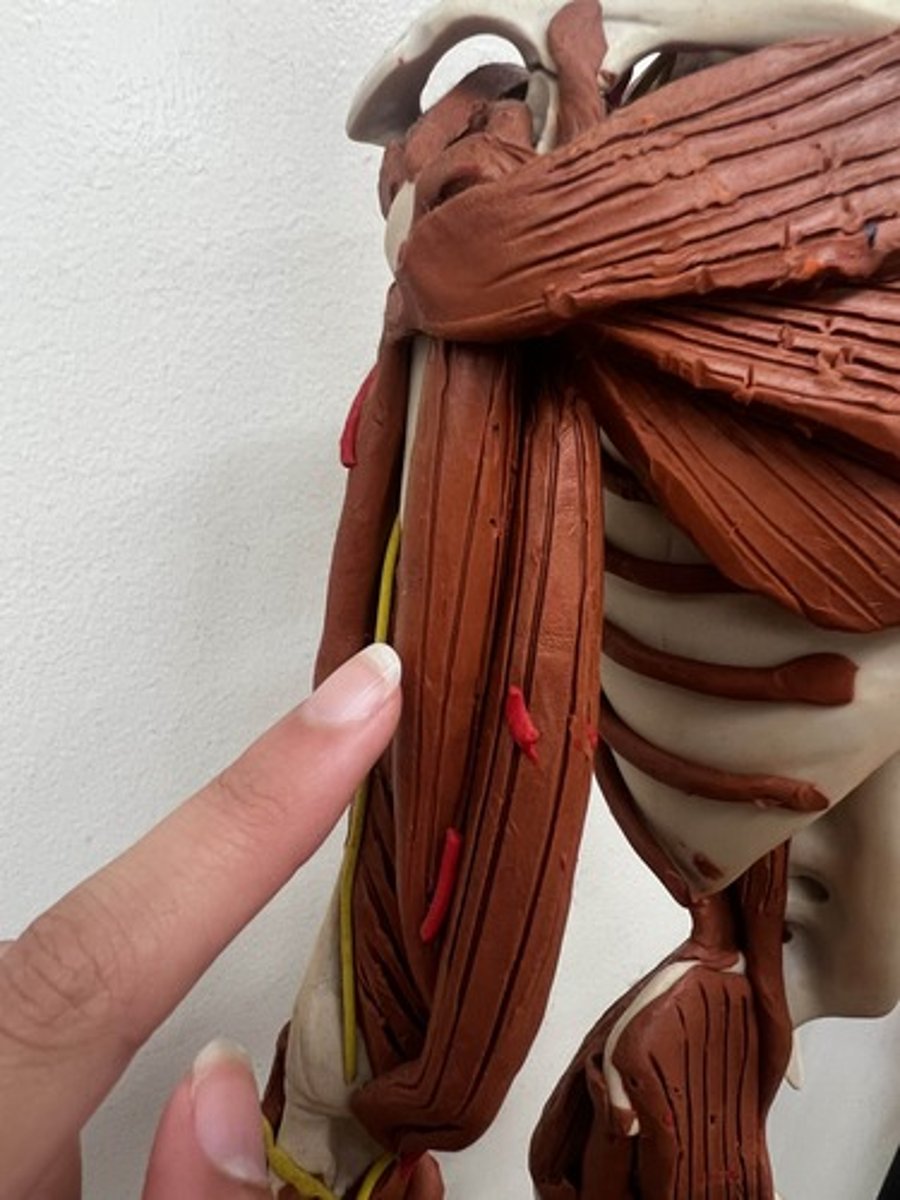
triceps brachii caput laterale
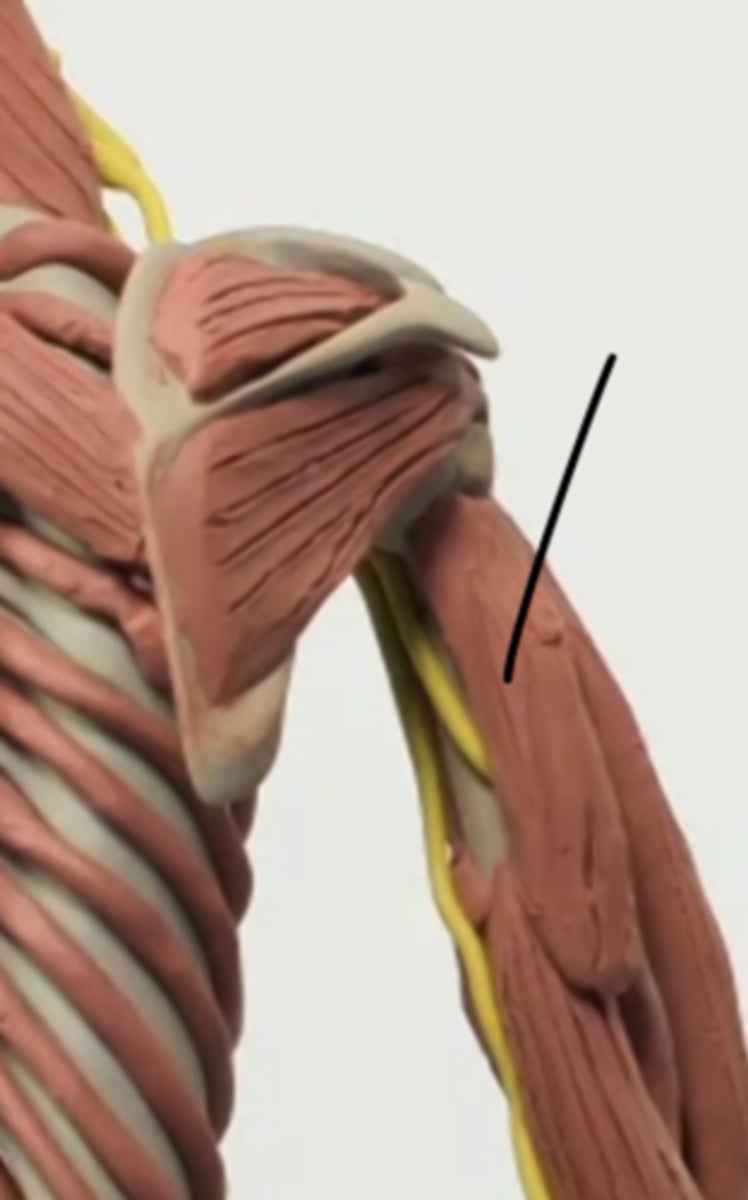
triceps brachii caput longum
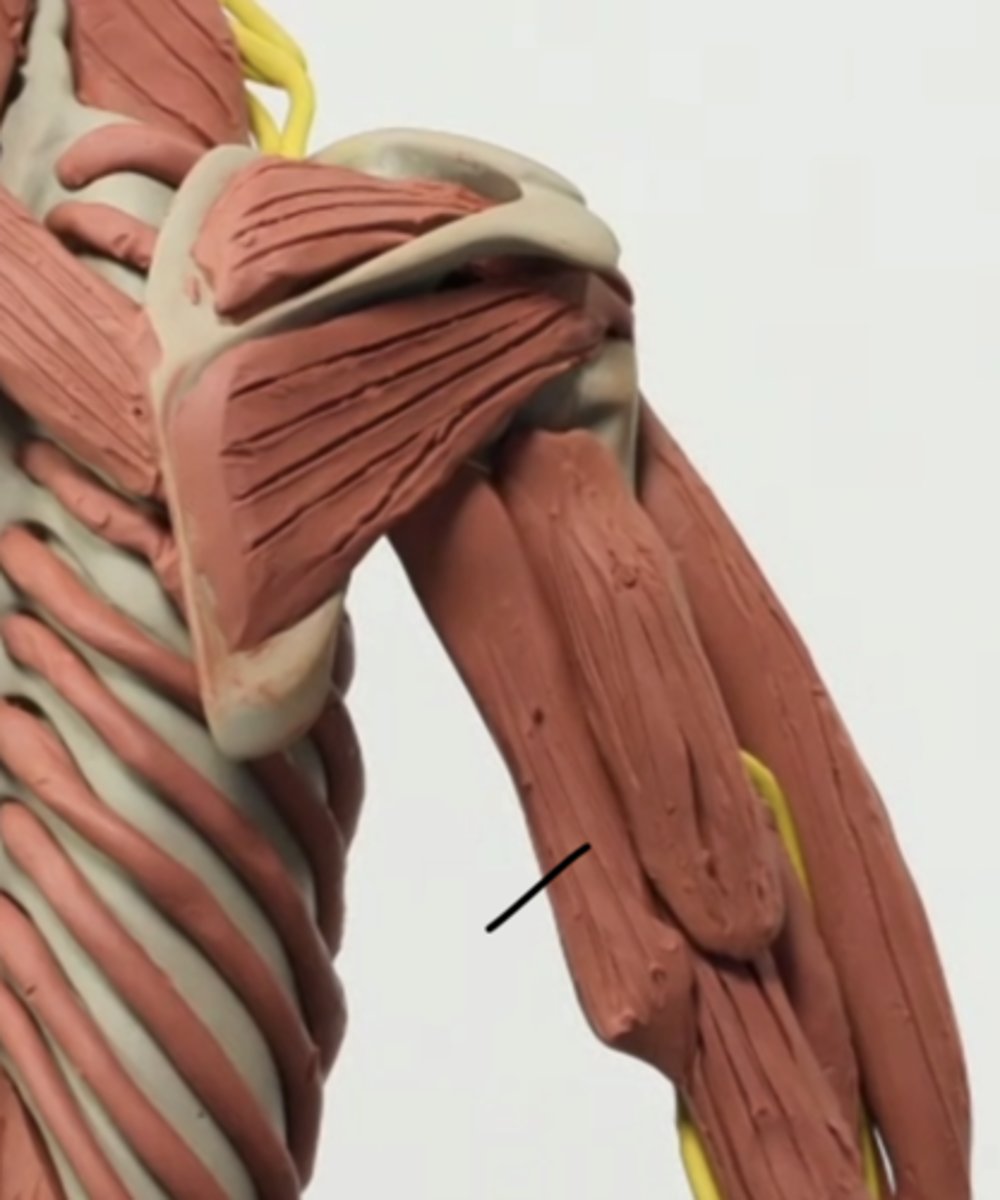
rectus femoris
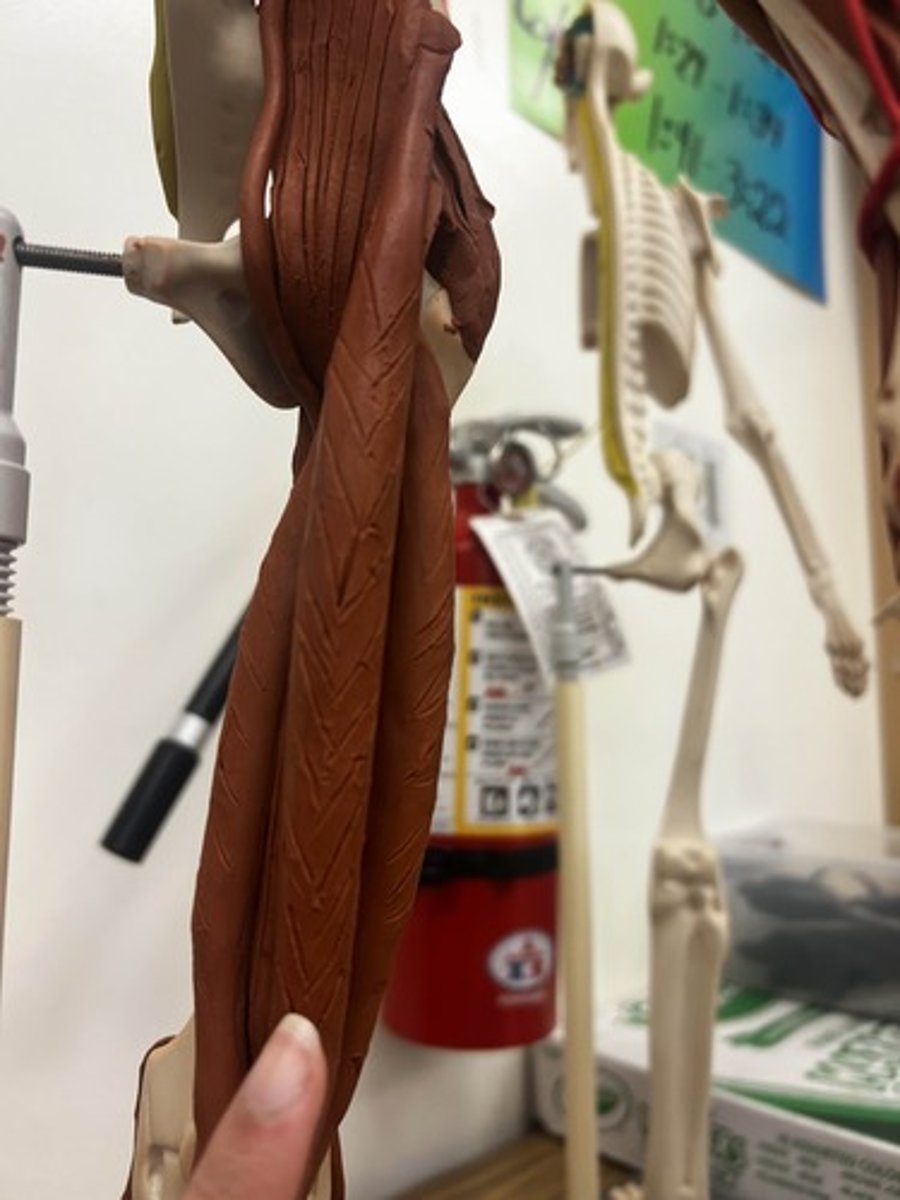
vastus medialis
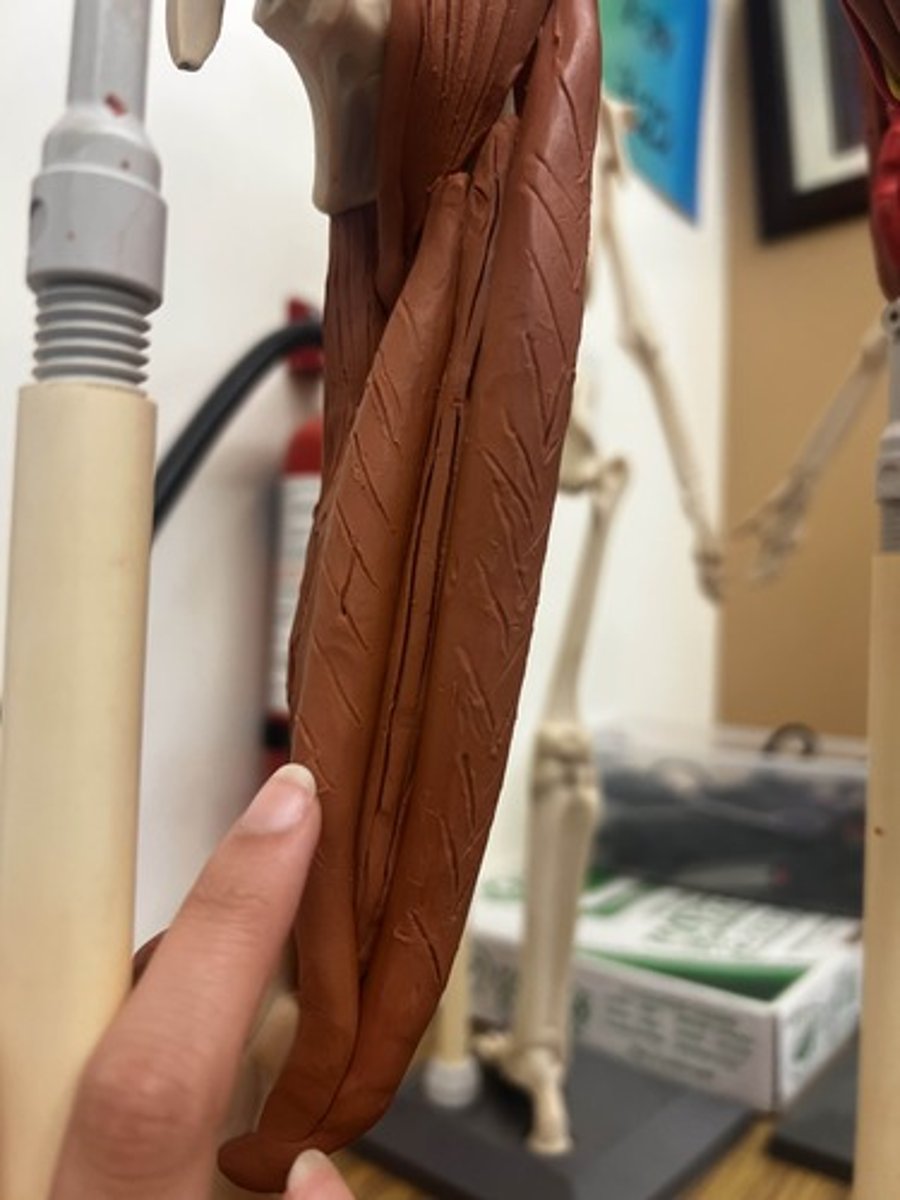
vastus lateralis
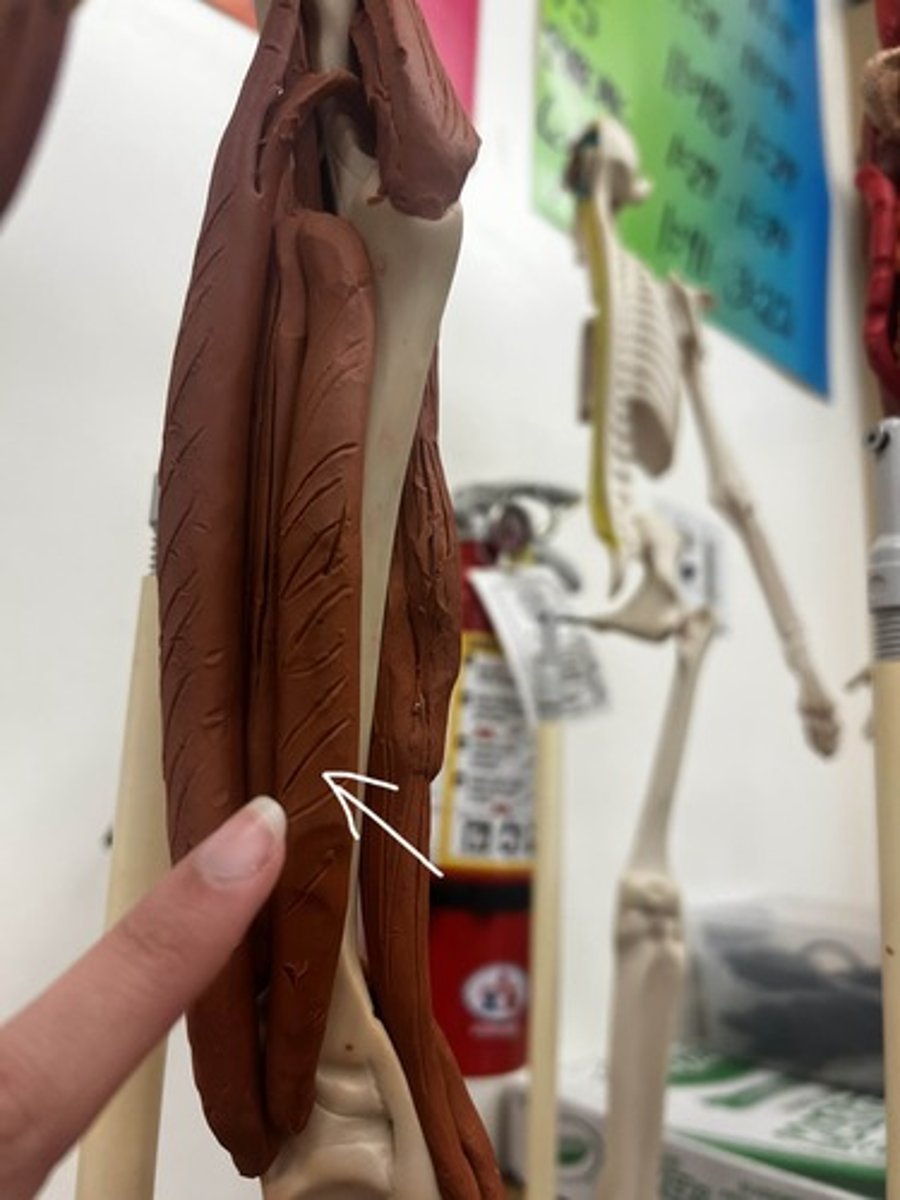
pectoralis major
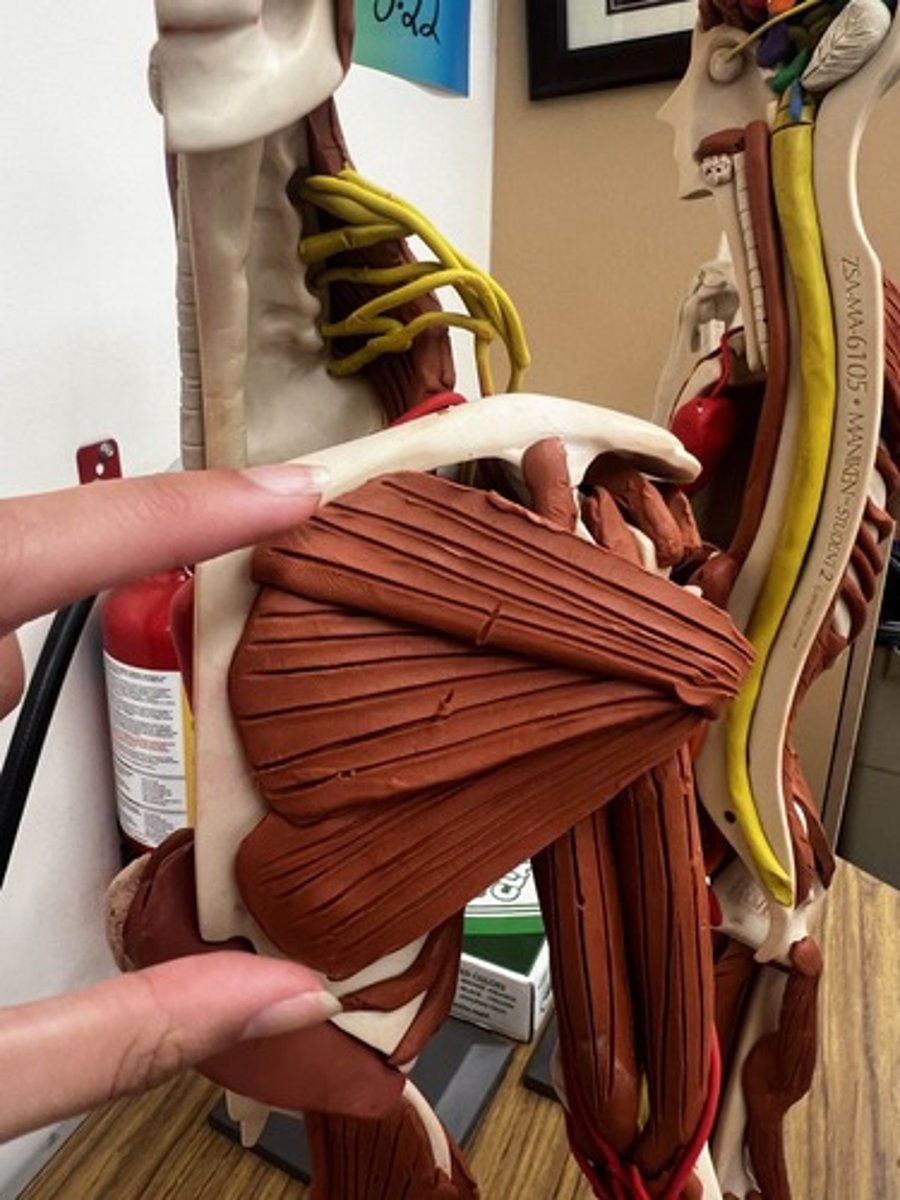
tongue
taste, chewing, swallowing, and speech
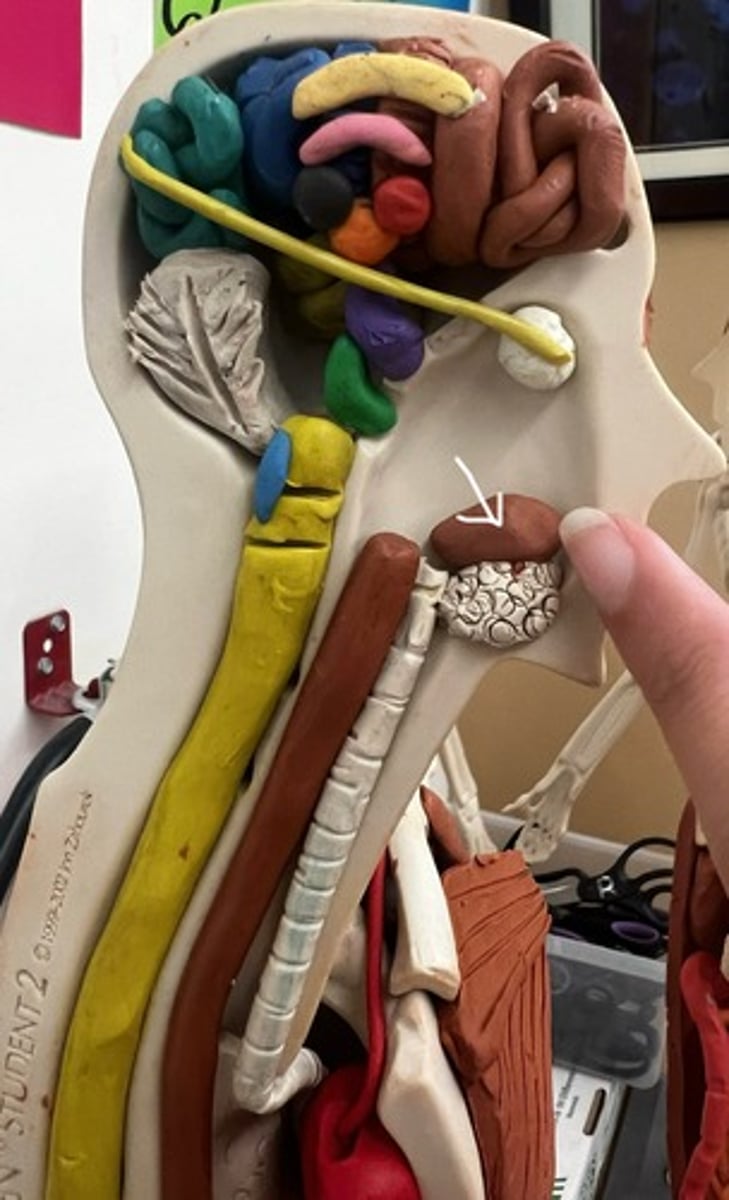
salivary glands
exocrine glands that produce saliva, a fluid essential for digestion, moistening food, and protecting the oral cavity
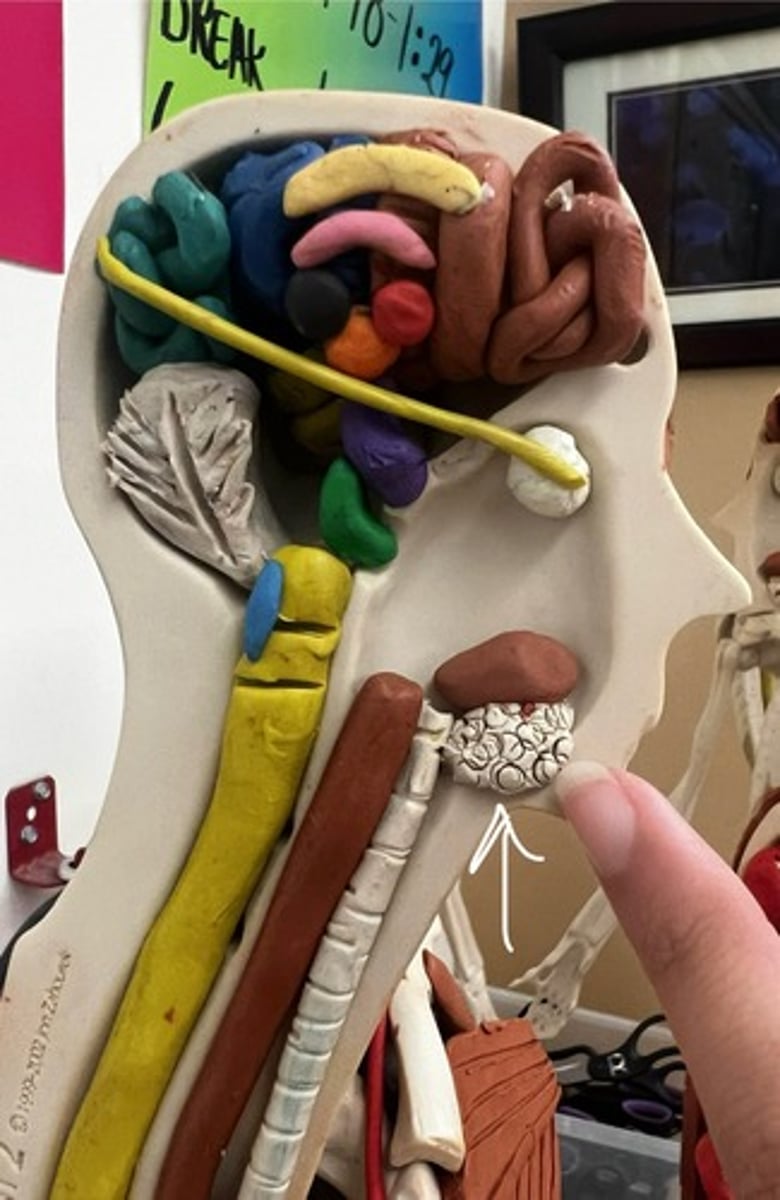
trachea
tube that carries air from the larynx to the lungs
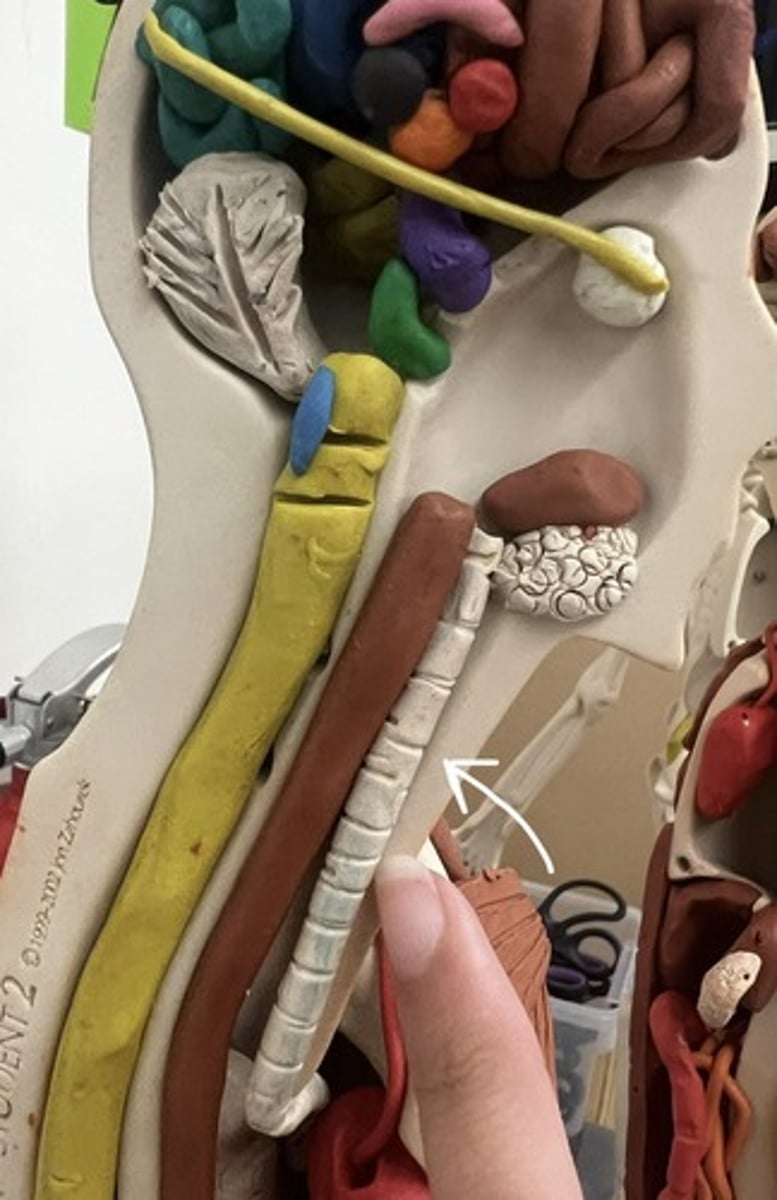
esophagus
a muscular tube that connects the mouth to the stomach.
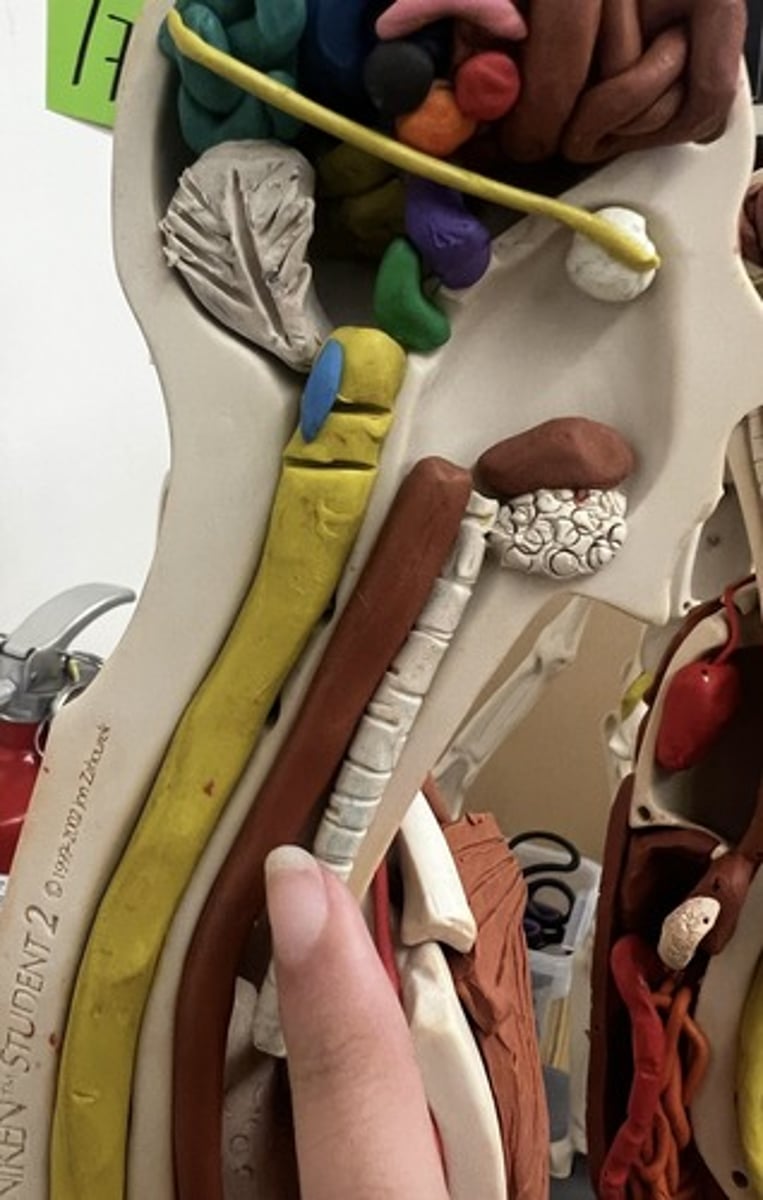
lung
main organs of the respiratory system
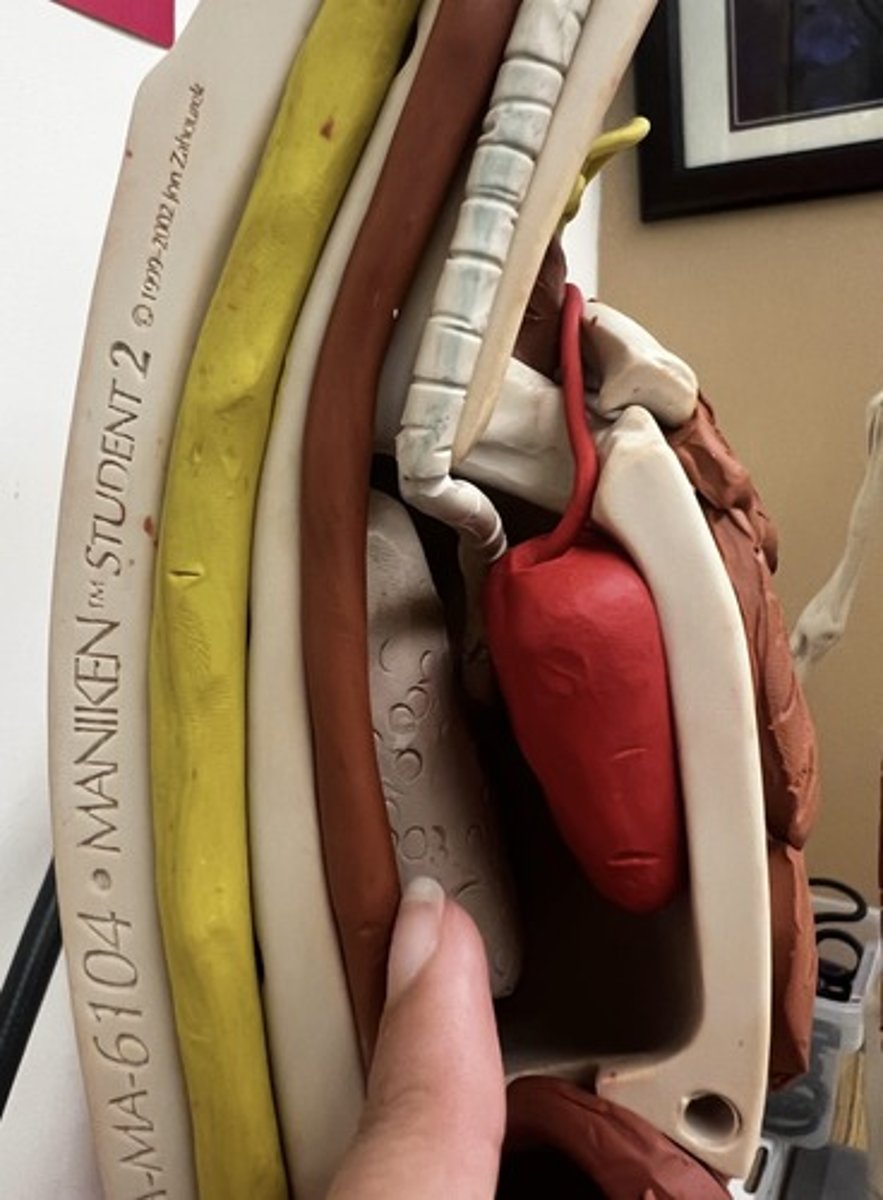
liver
metabolism, digestion, and detoxification
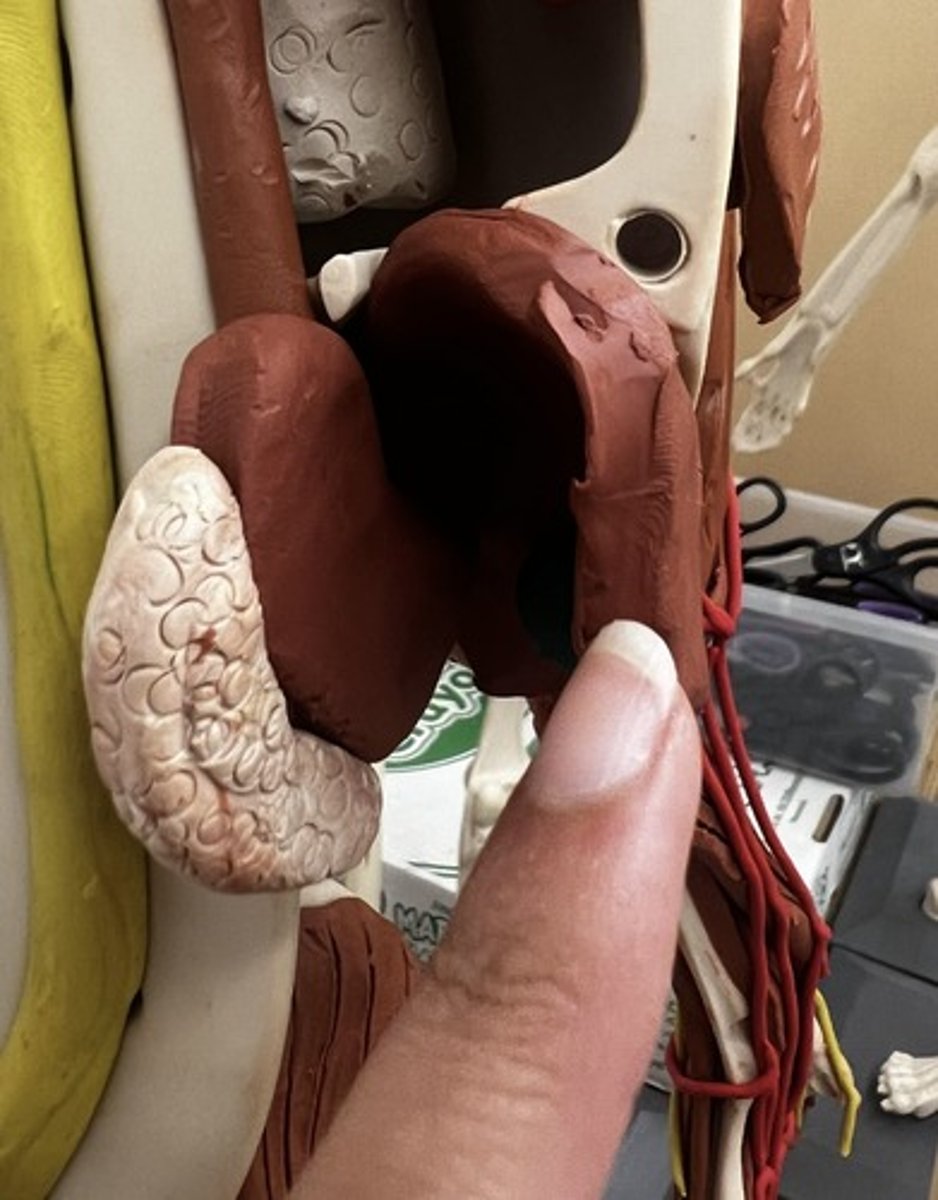
stomach
large muscular sac that continues the mechanical and chemical digestion of food
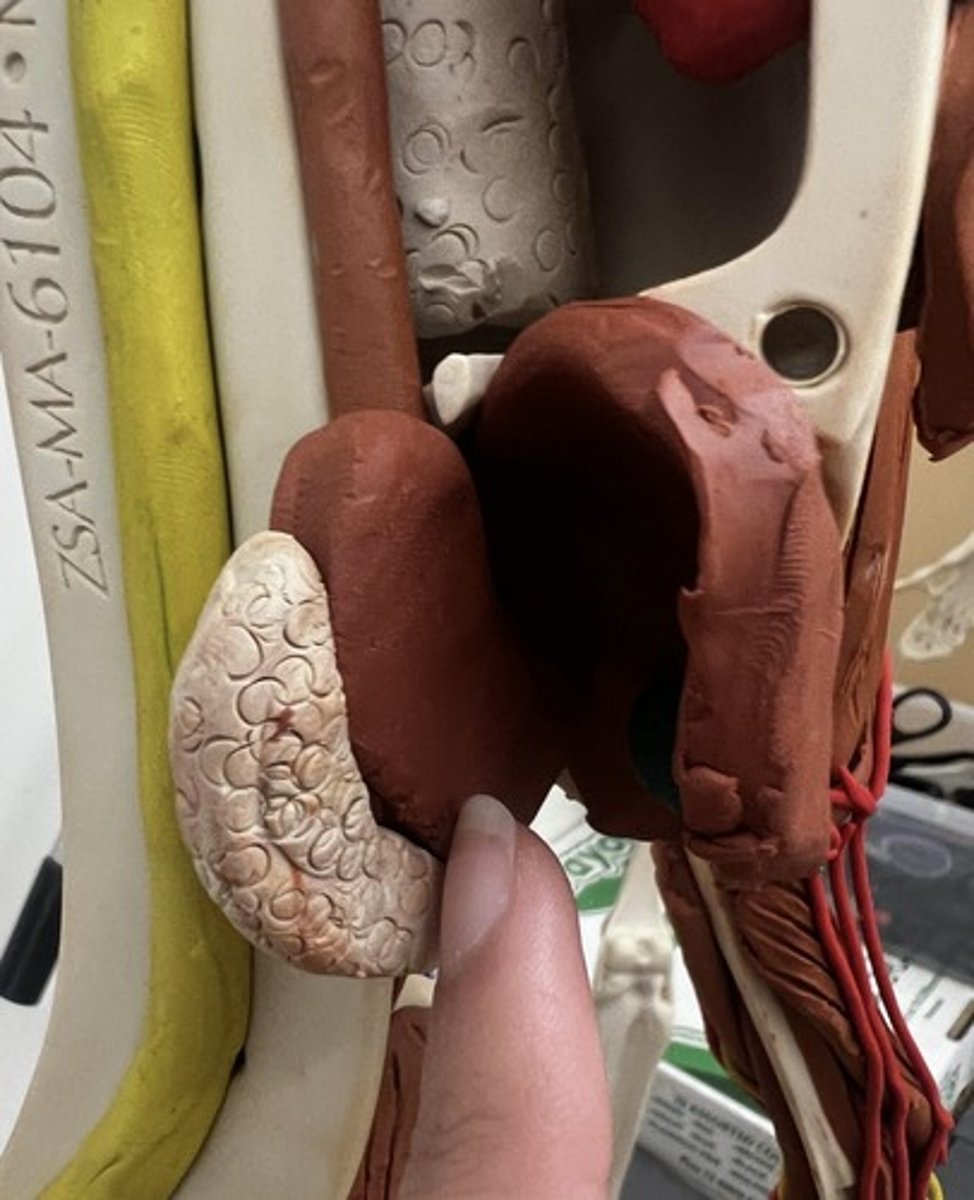
pancreas
regulates the level of sugar in the blood
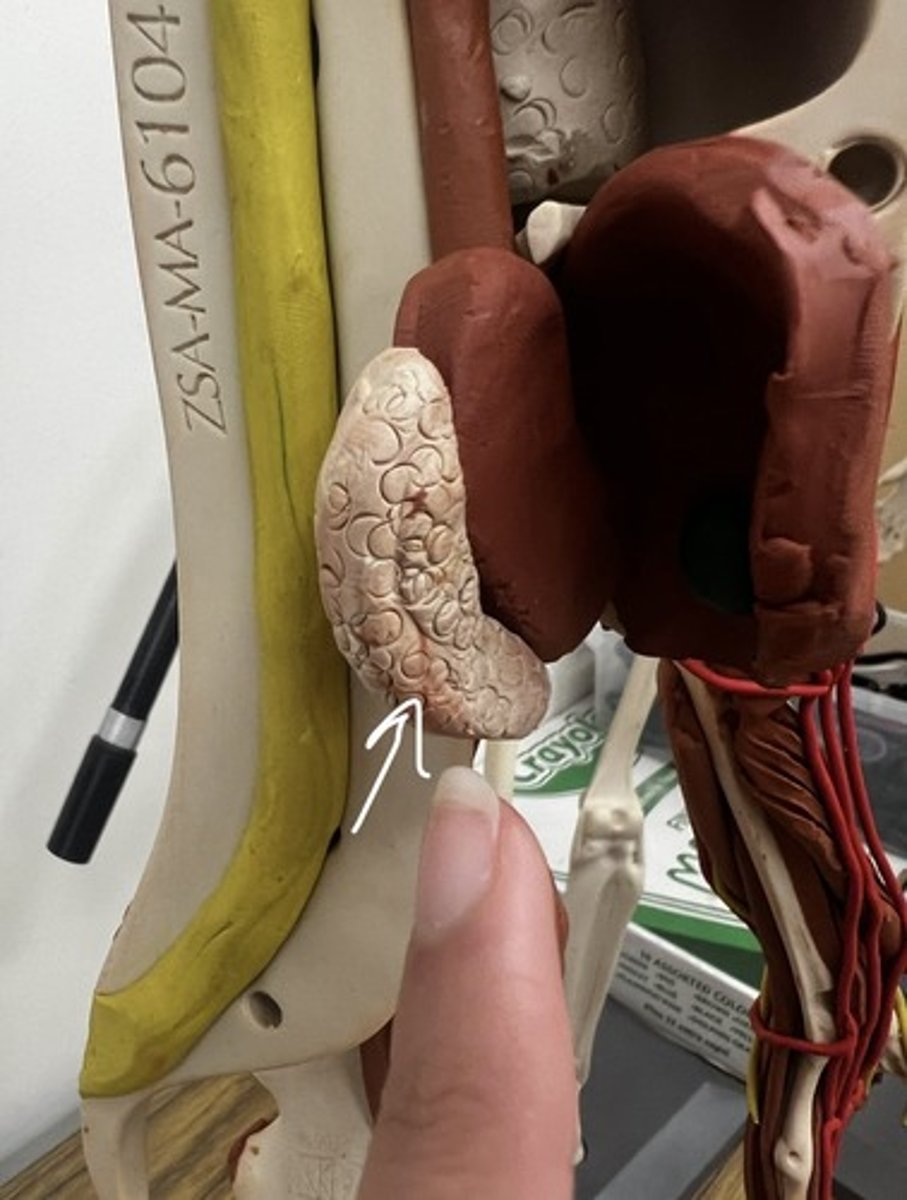
gallbladder
stores and concentrates bile, a fluid produced by the liver that aids in the digestion of fats
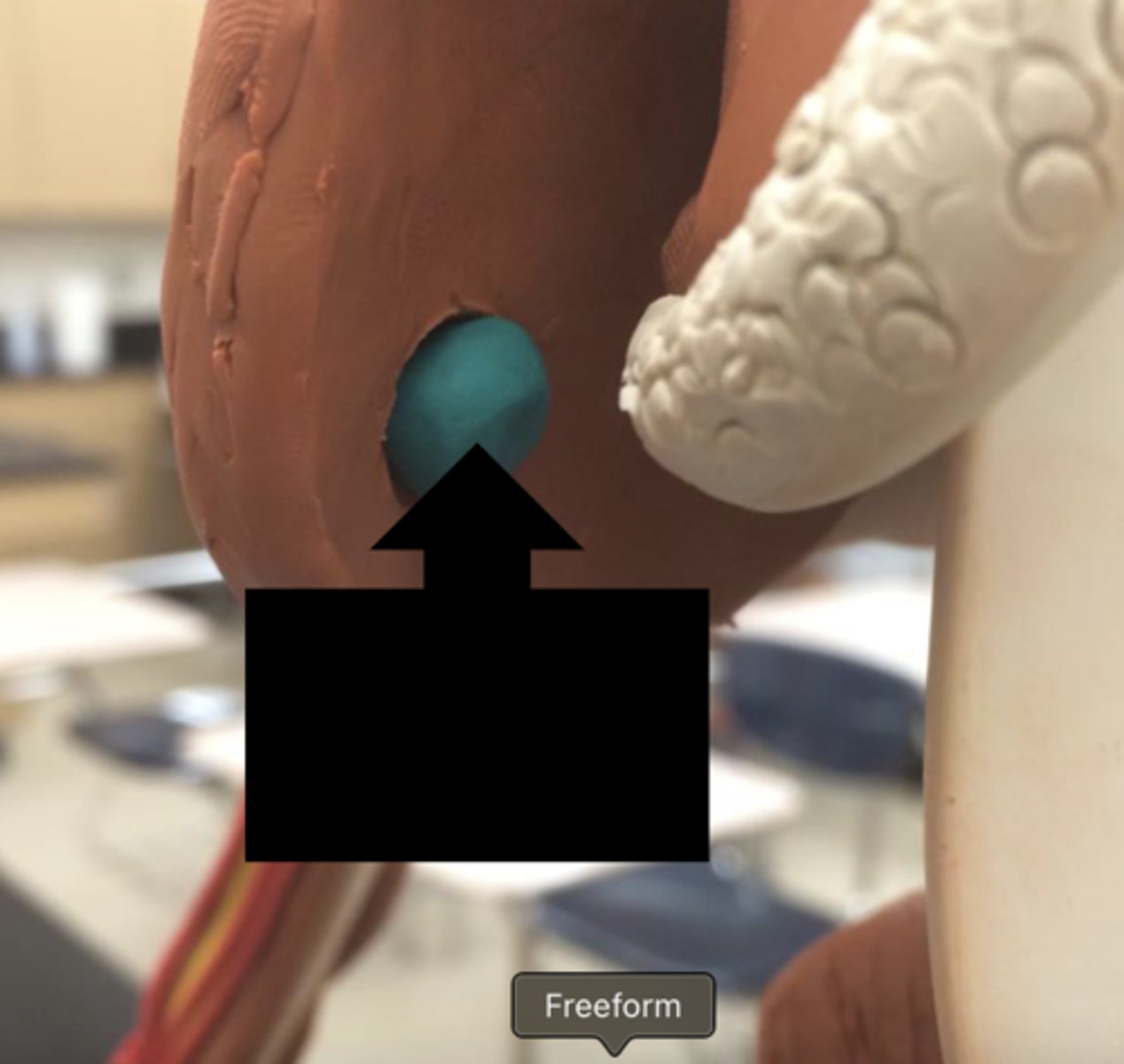
kidney
filters waste from the blood like urea, water, salt and proteins.
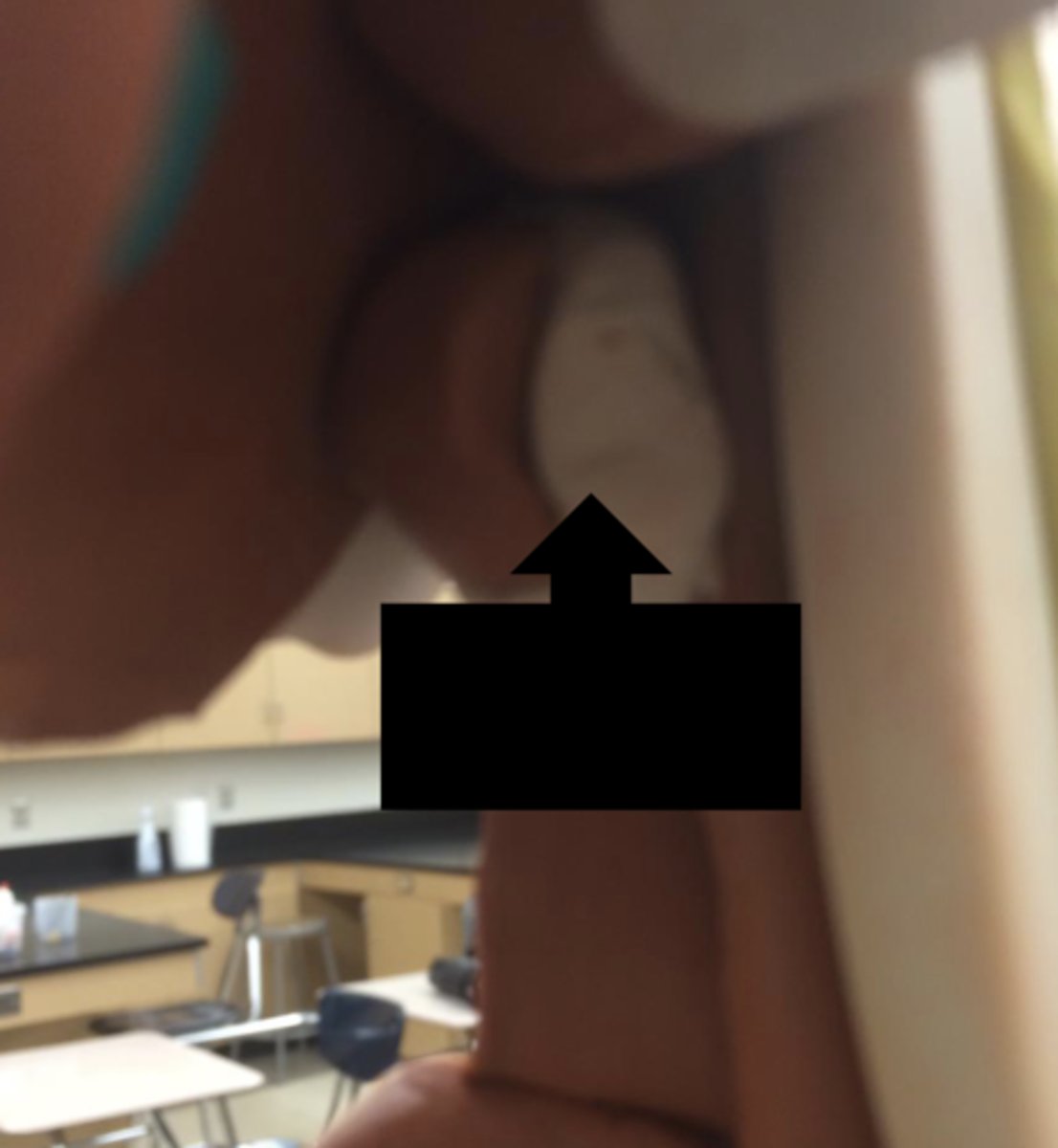
small intestine
most chemical digestion and absorption of food takes place here
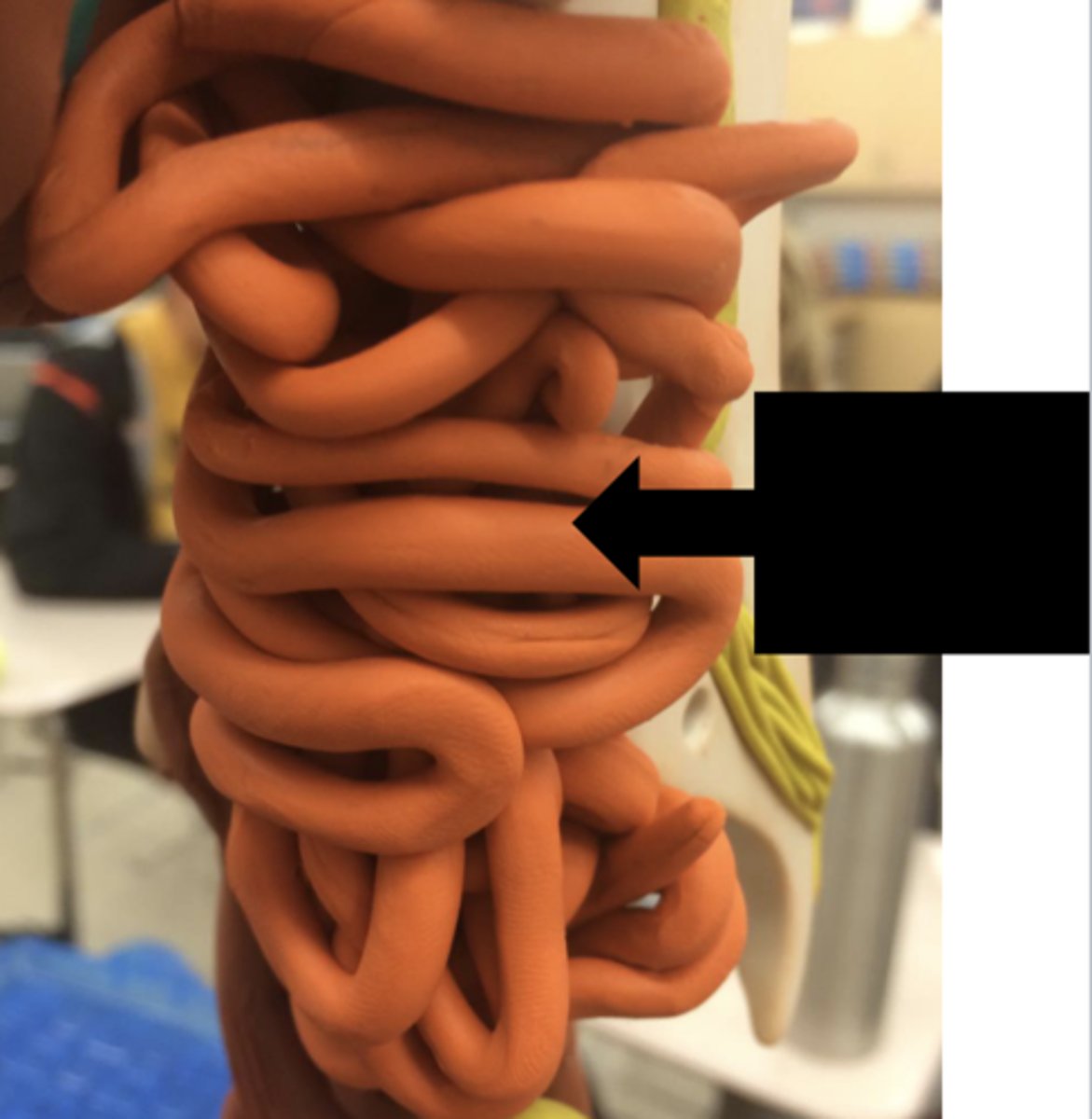
large intestine
absorbs water and forms feces
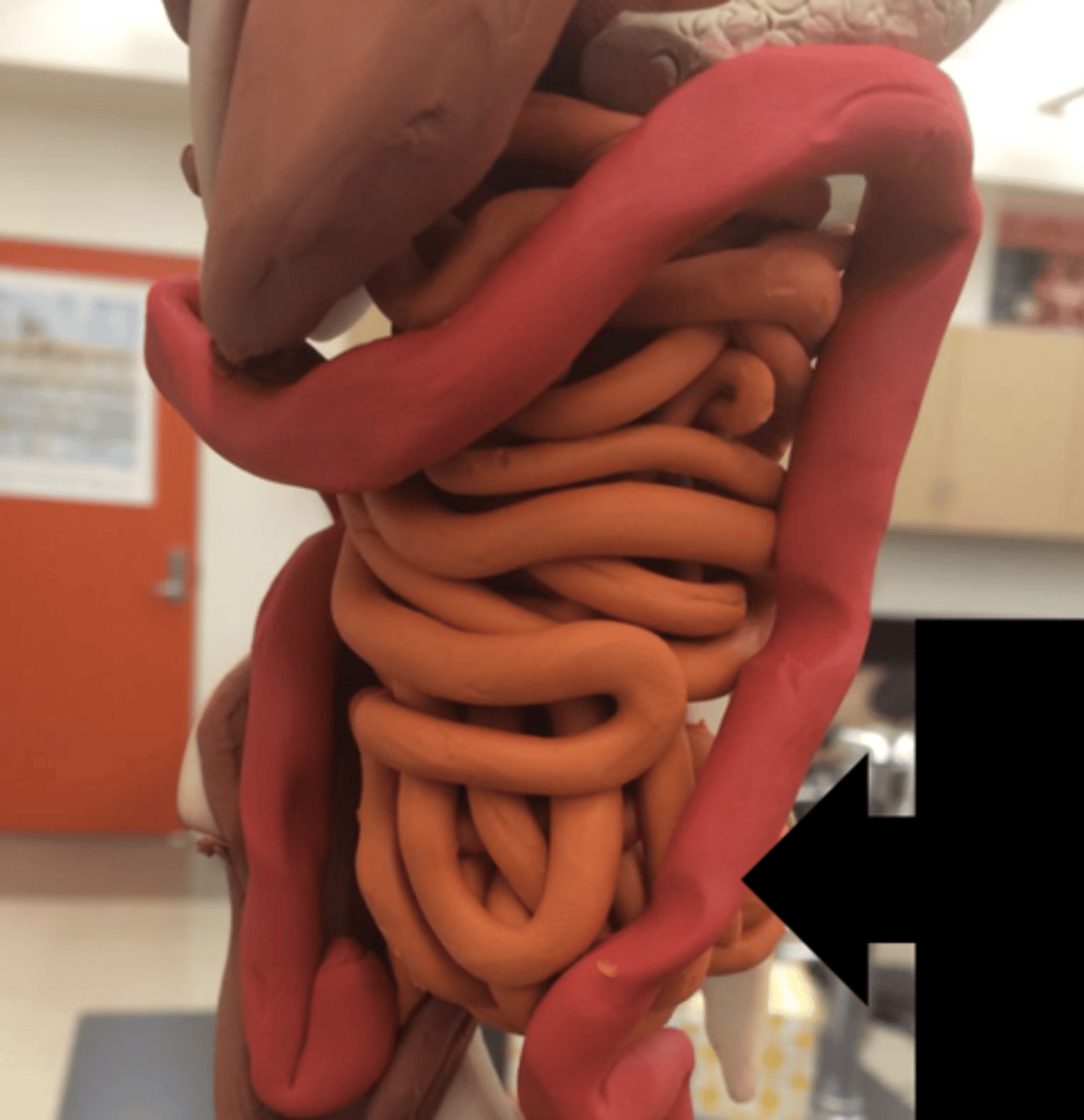
bladder
temporary storage for urine
